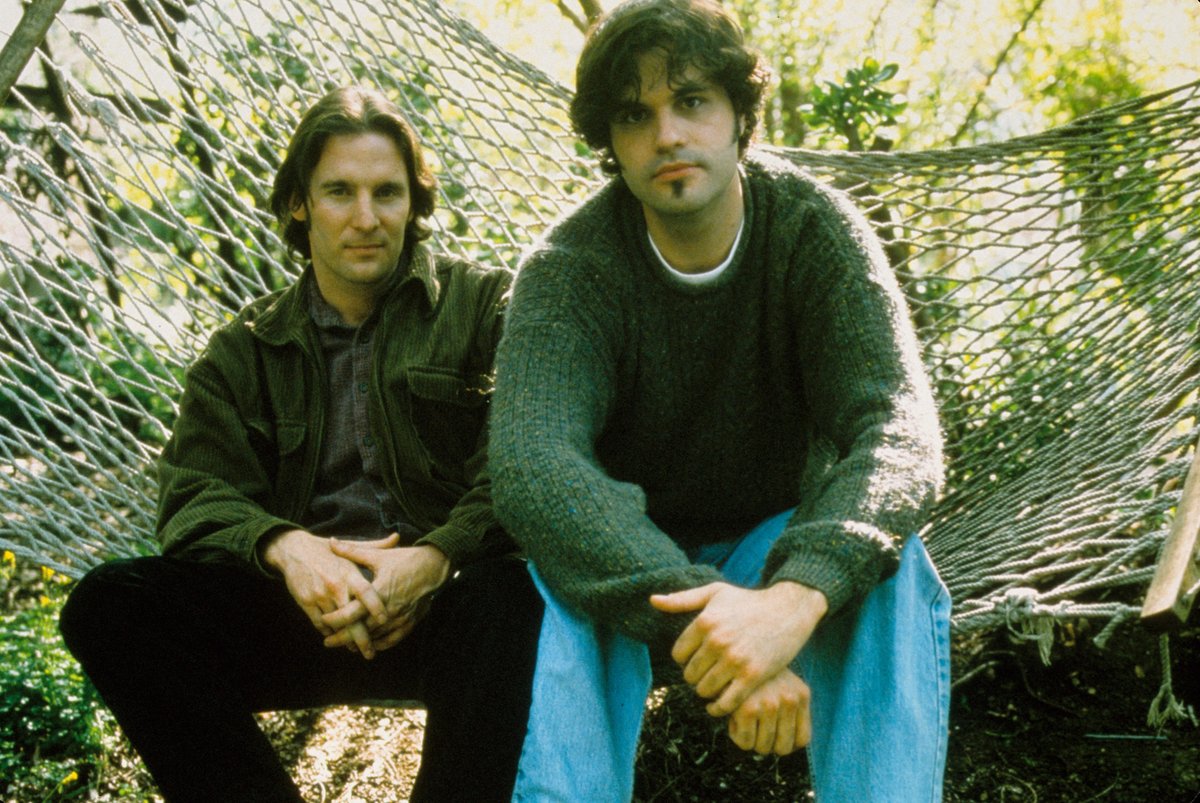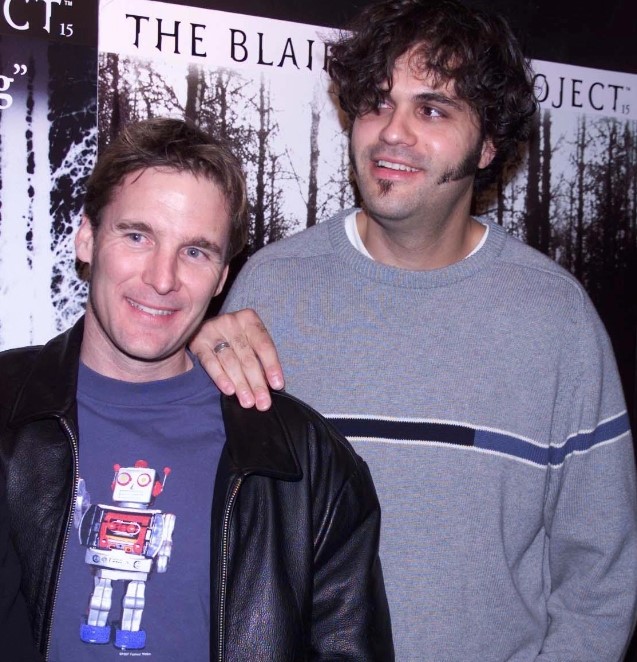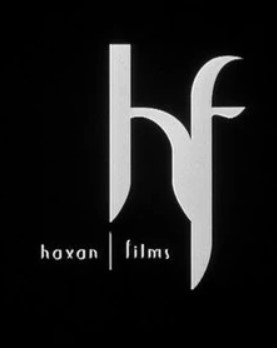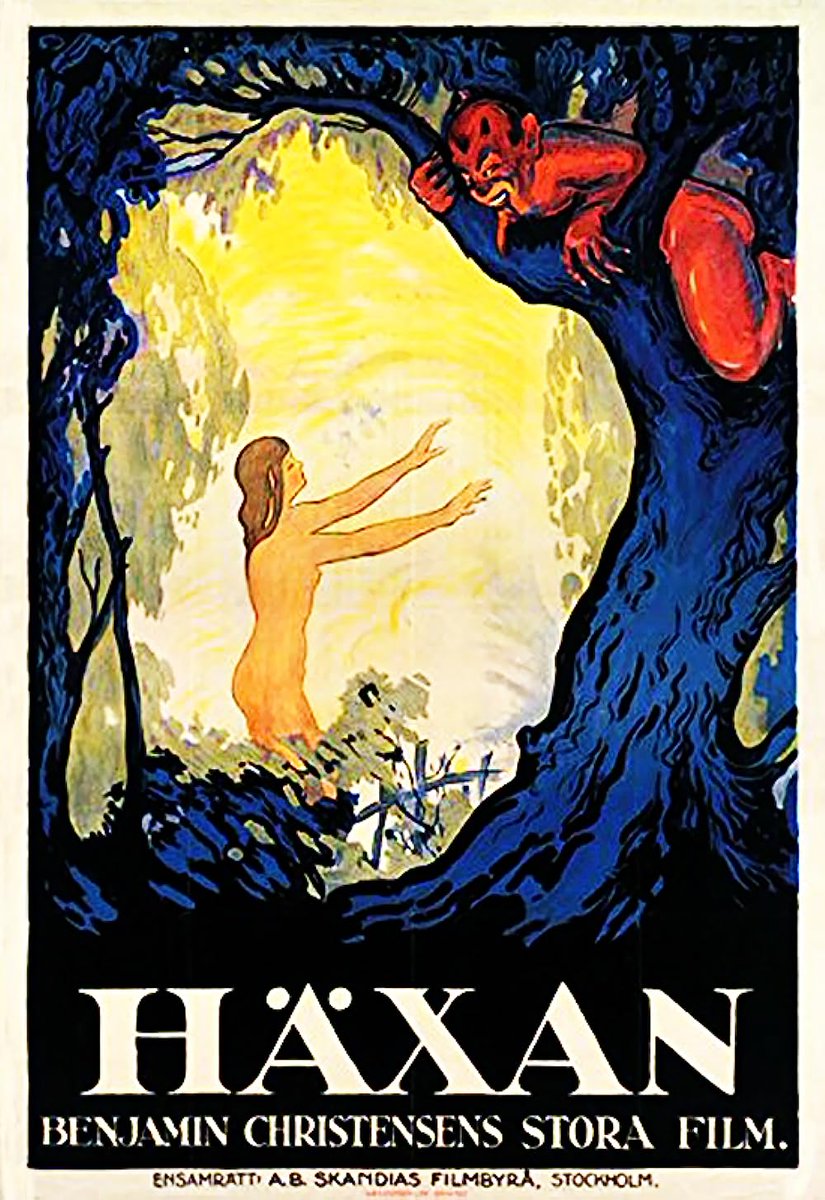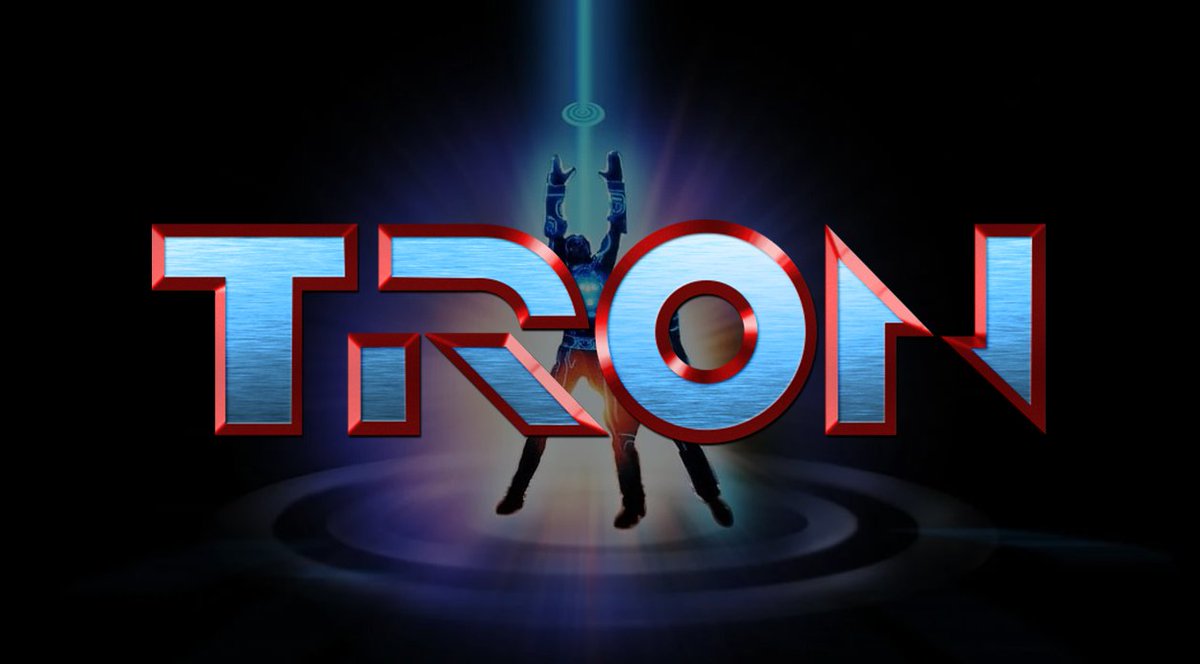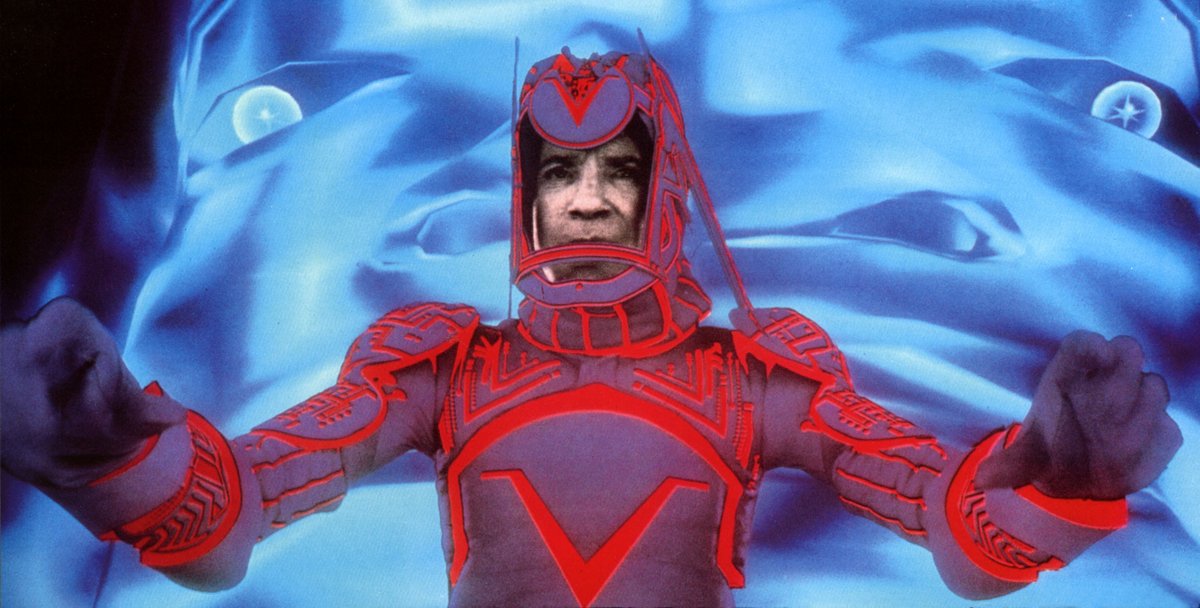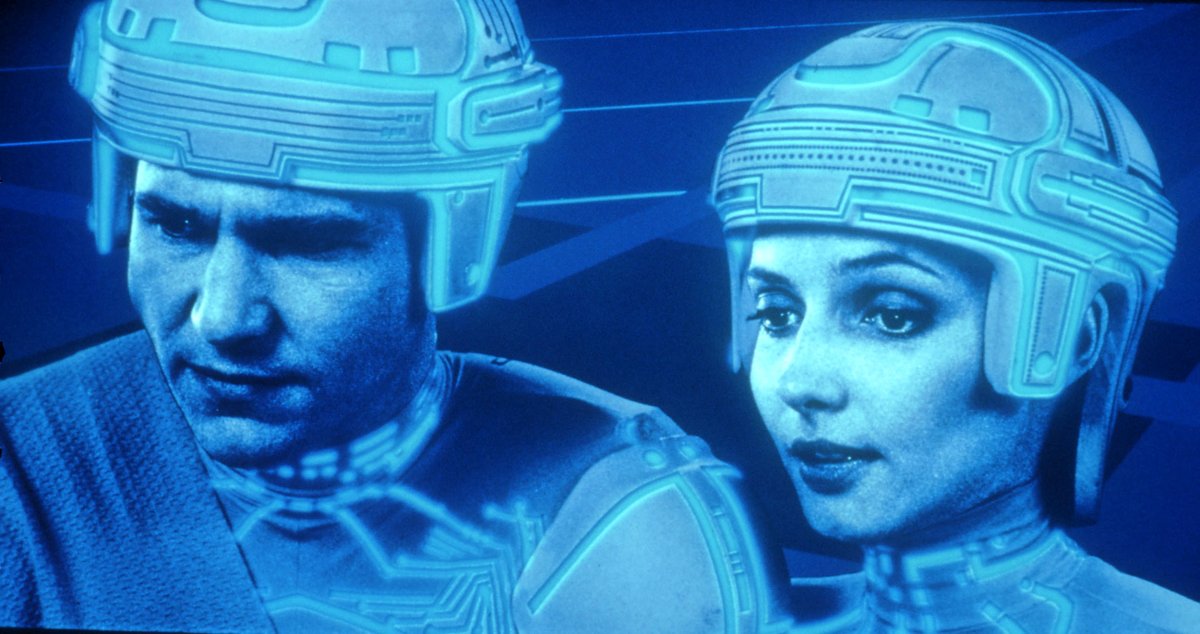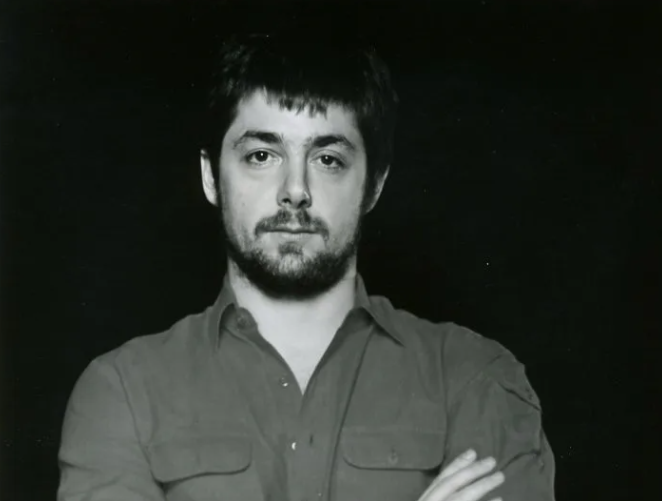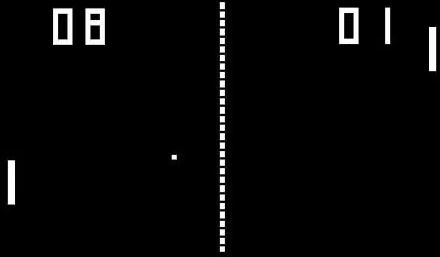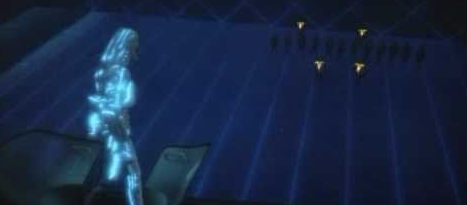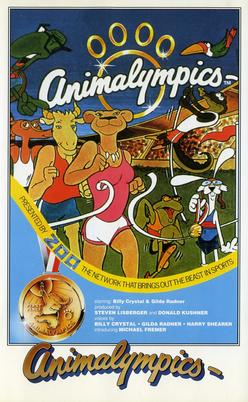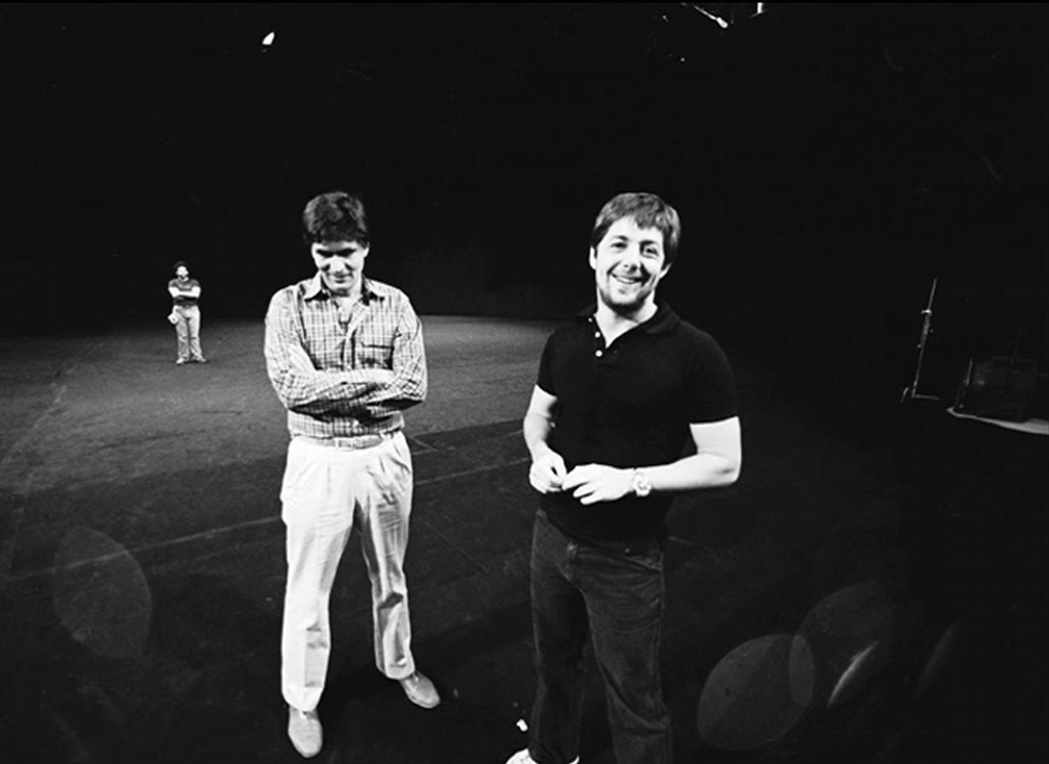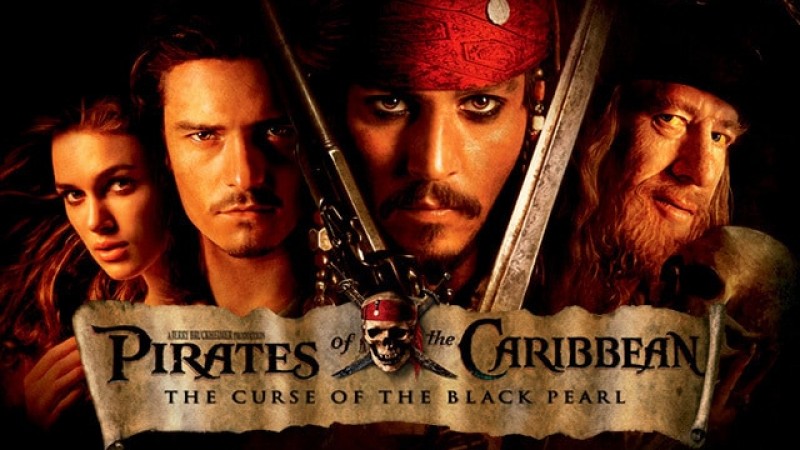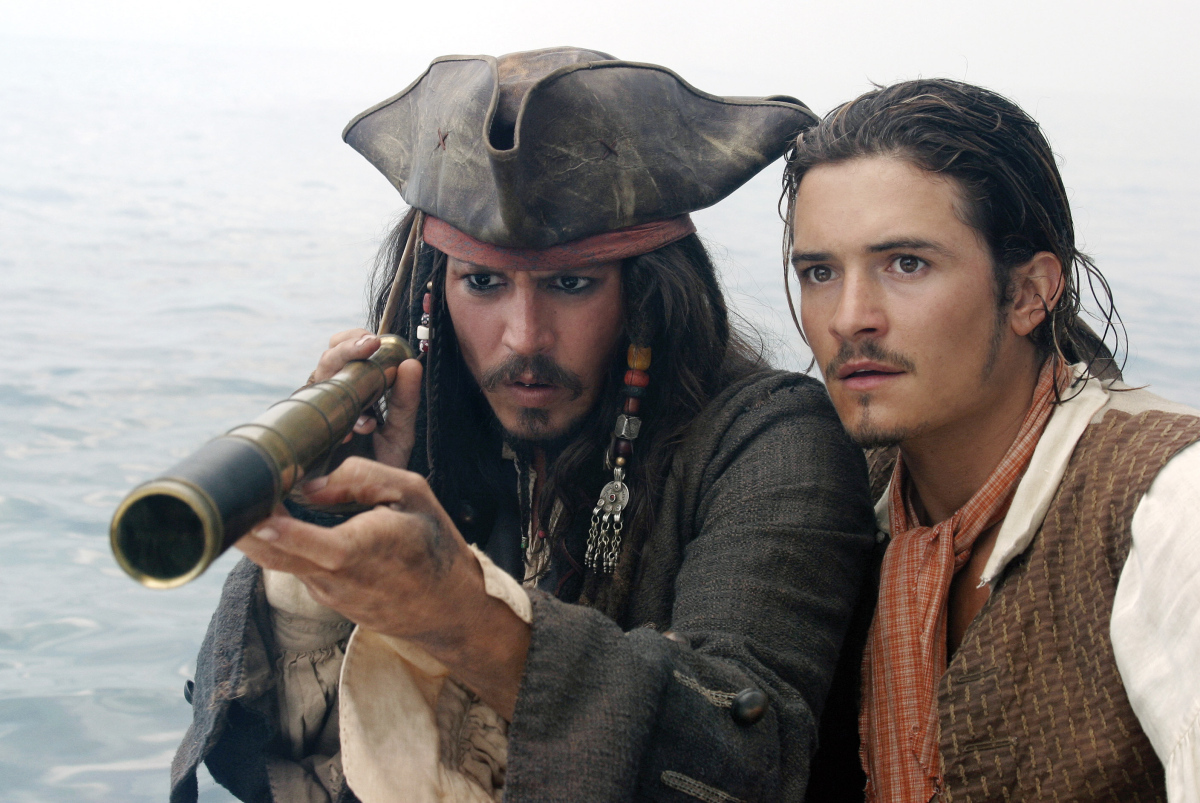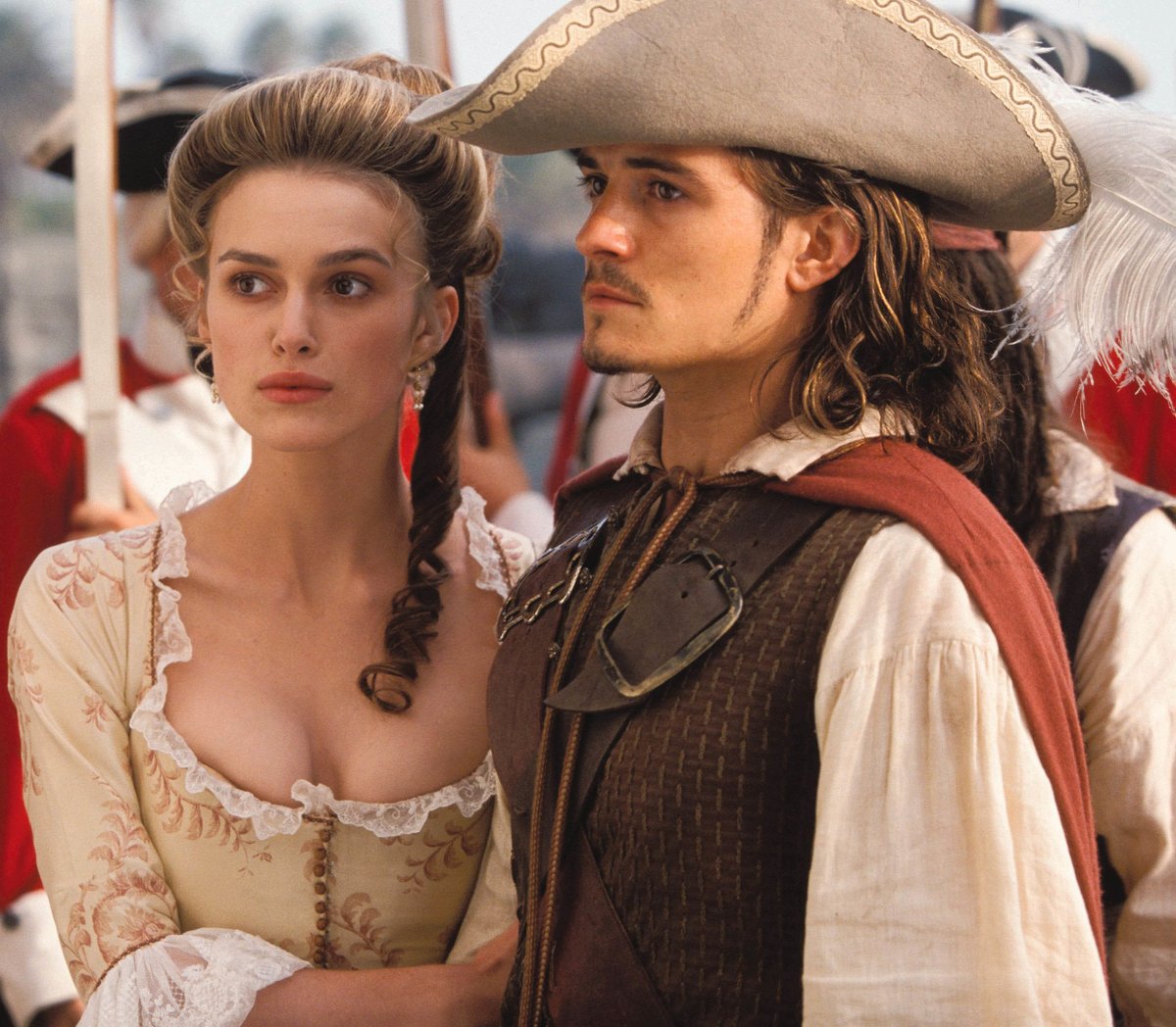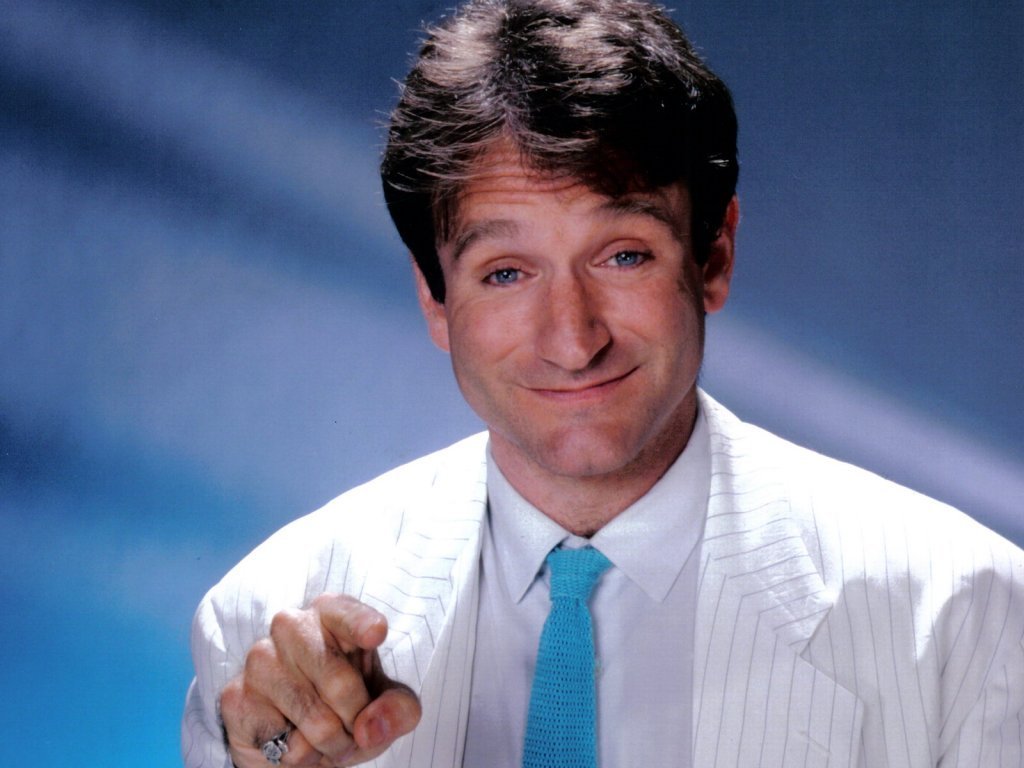WHEN HARRY MET SALLY was released 35 years ago this week. A classic rom-com, and among the most popular of director Rob Reiner, the story behind the scenes will have you wanting what she’s having…
1/41




1/41
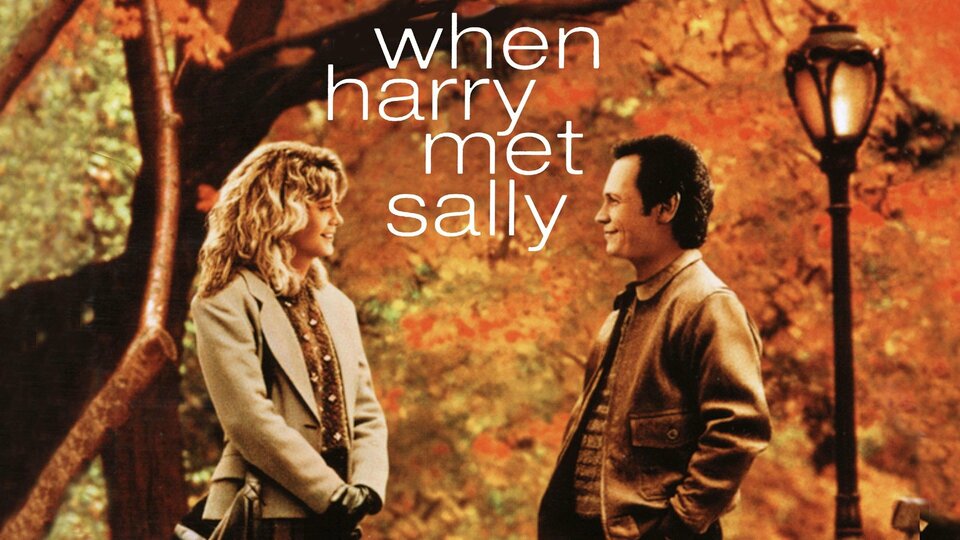
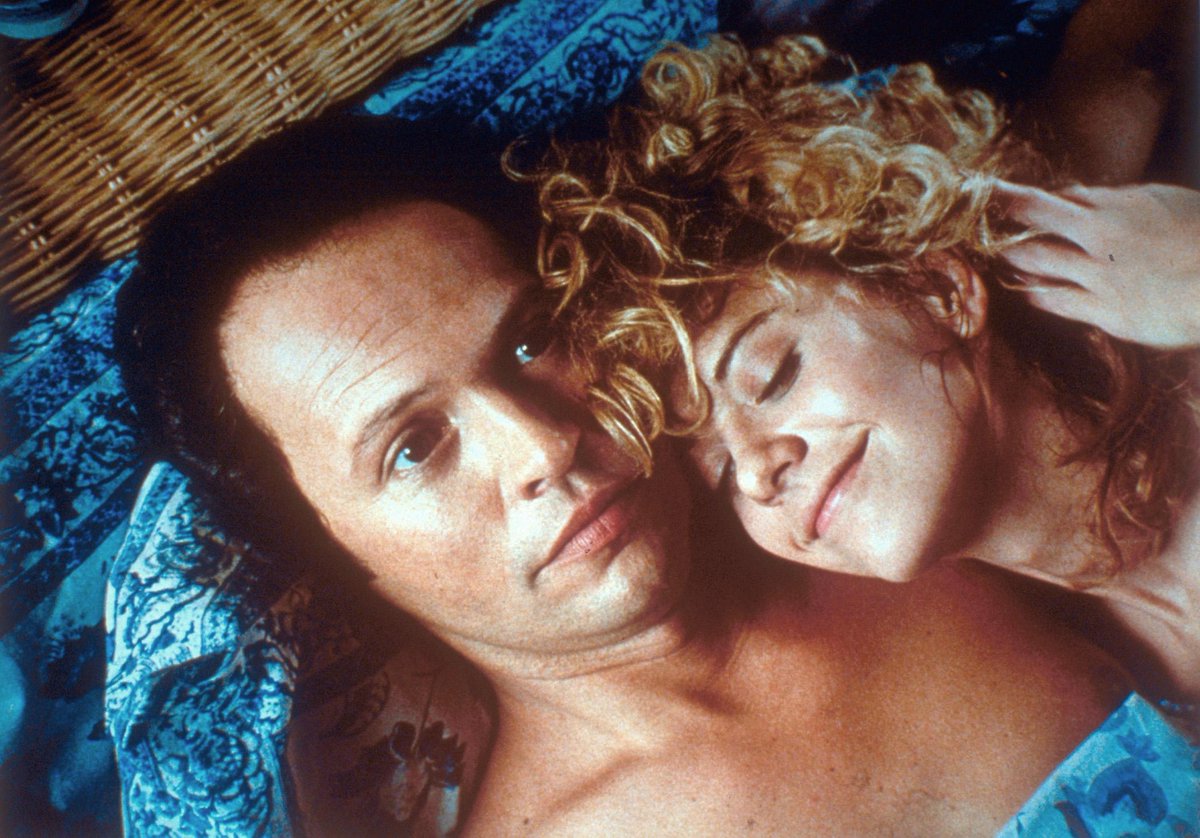
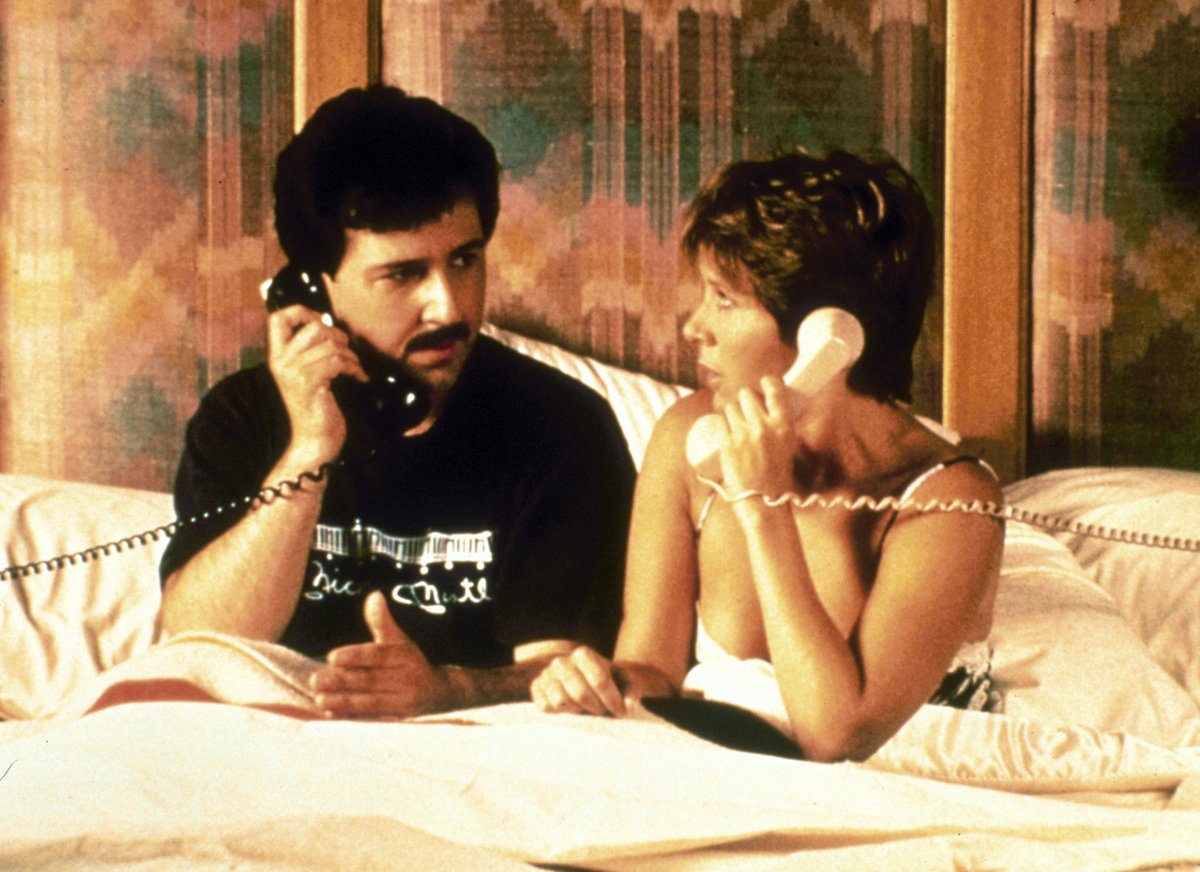
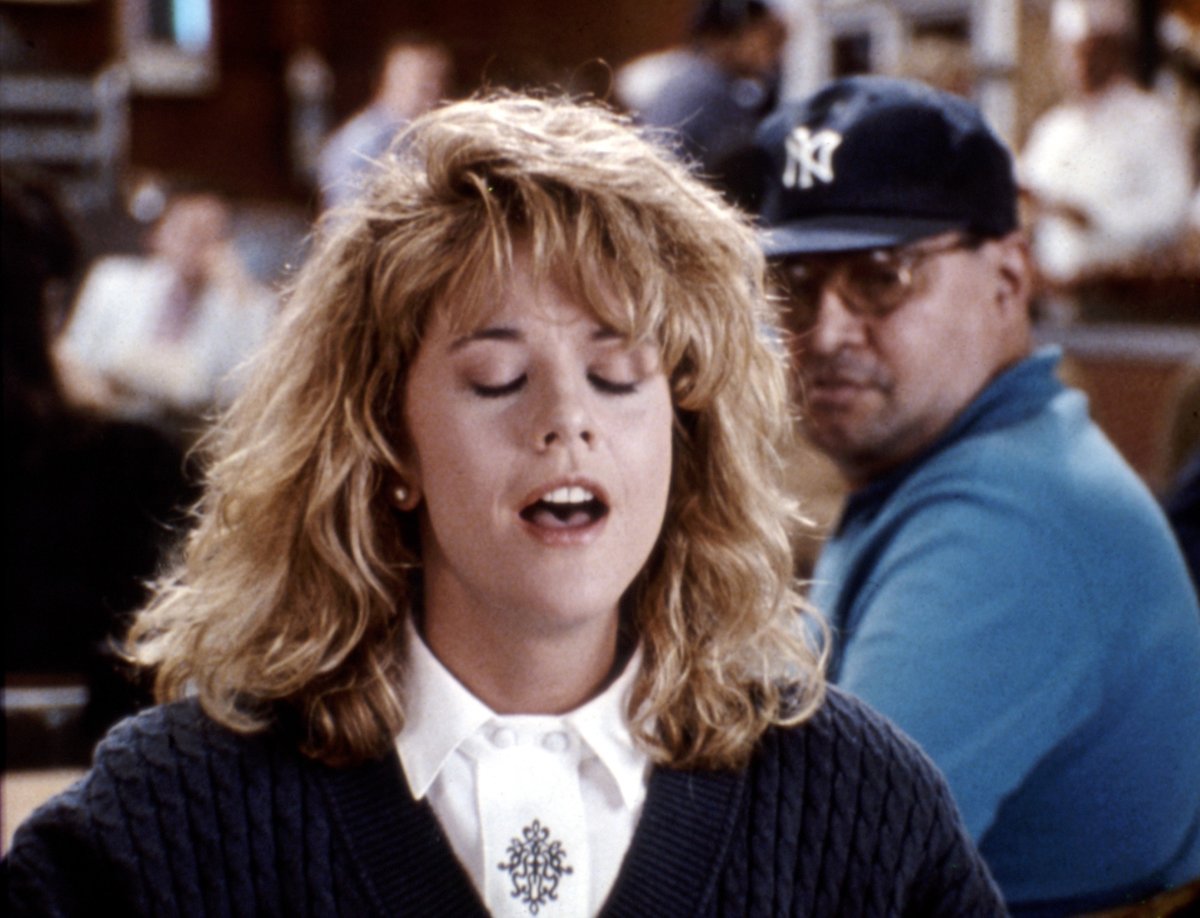
In the mid-80s, Rob Reiner and producer Andy Scheinman met writer Nora Ephron at the Russian Tea Room, NYC, to discuss working together. Having been through a divorce with Penny Marshall, Reiner pitched an idea based on his dating life, piquing Ephron’s interest.
2/41




2/41
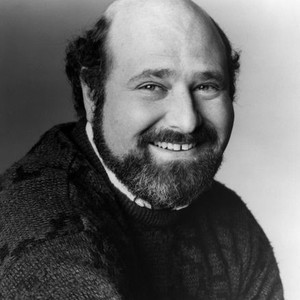
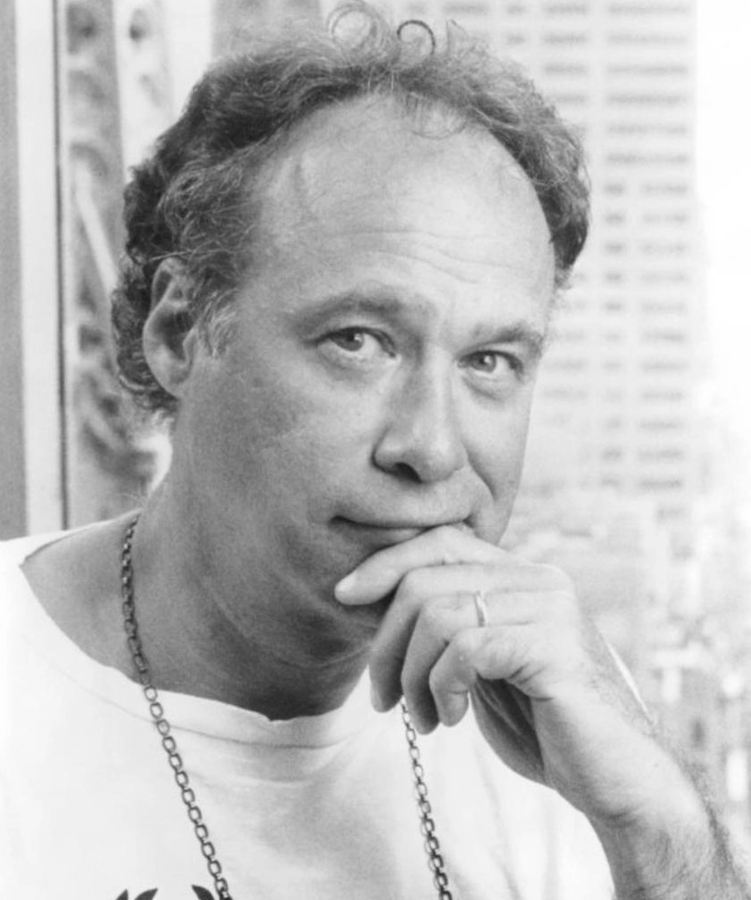
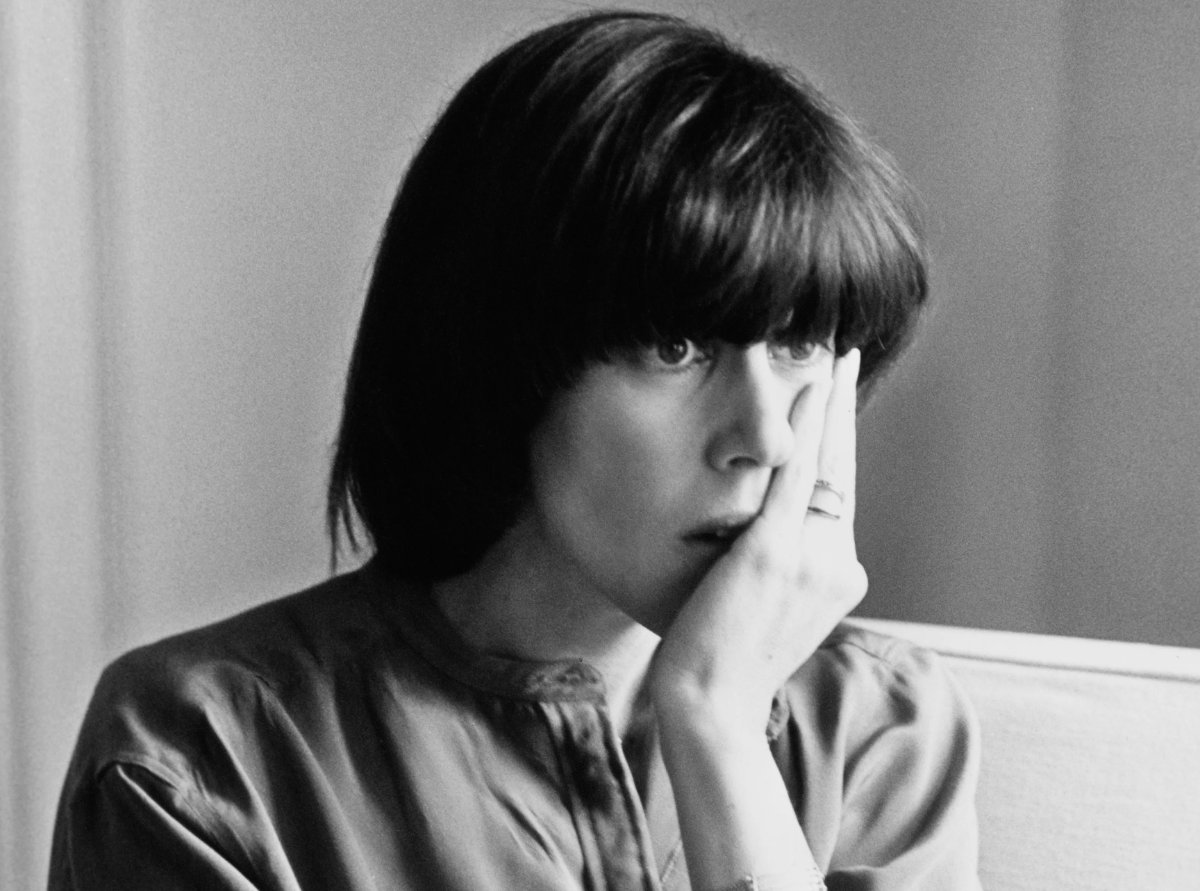
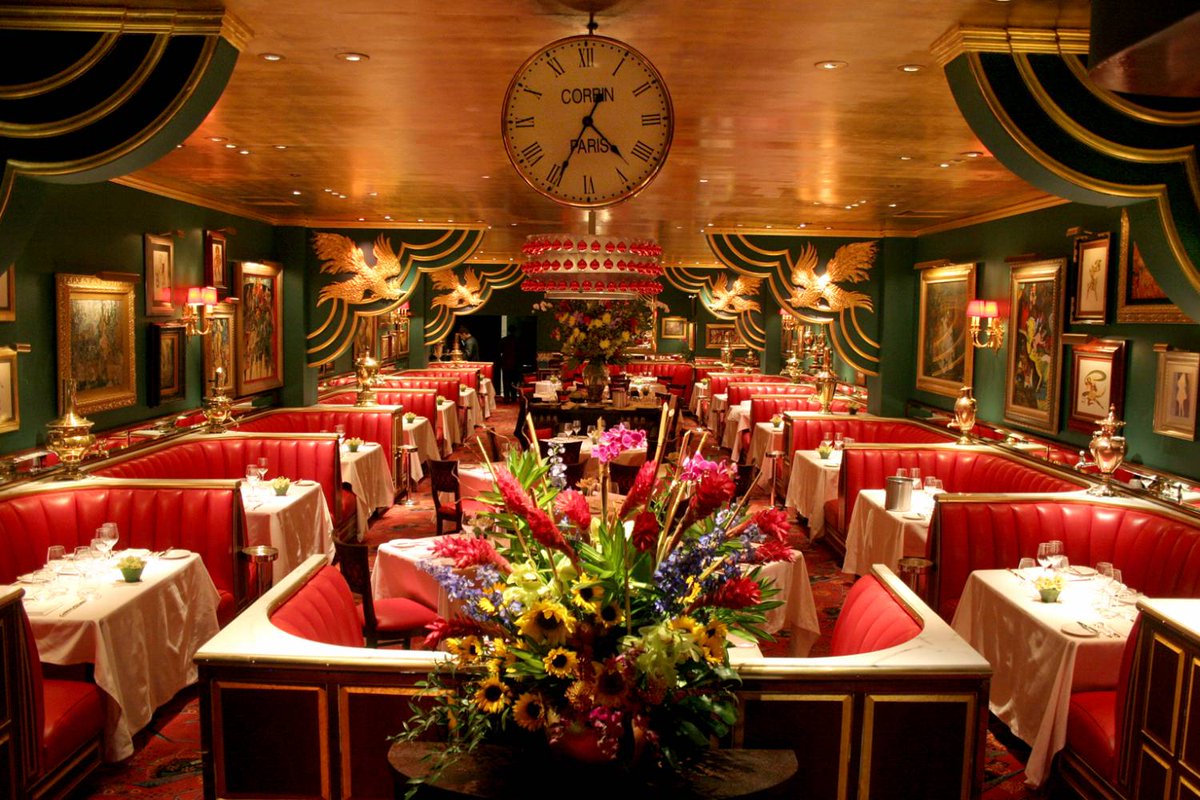
Ephron interviewed the two filmmakers at length and discussed the difference between men and women’s views on love and sex. Finding Reiner’s comments to be a mixture of depressed, pessimistic and funny, Ephron saw potential for a rom-com, and signed on to write.
3/41


3/41
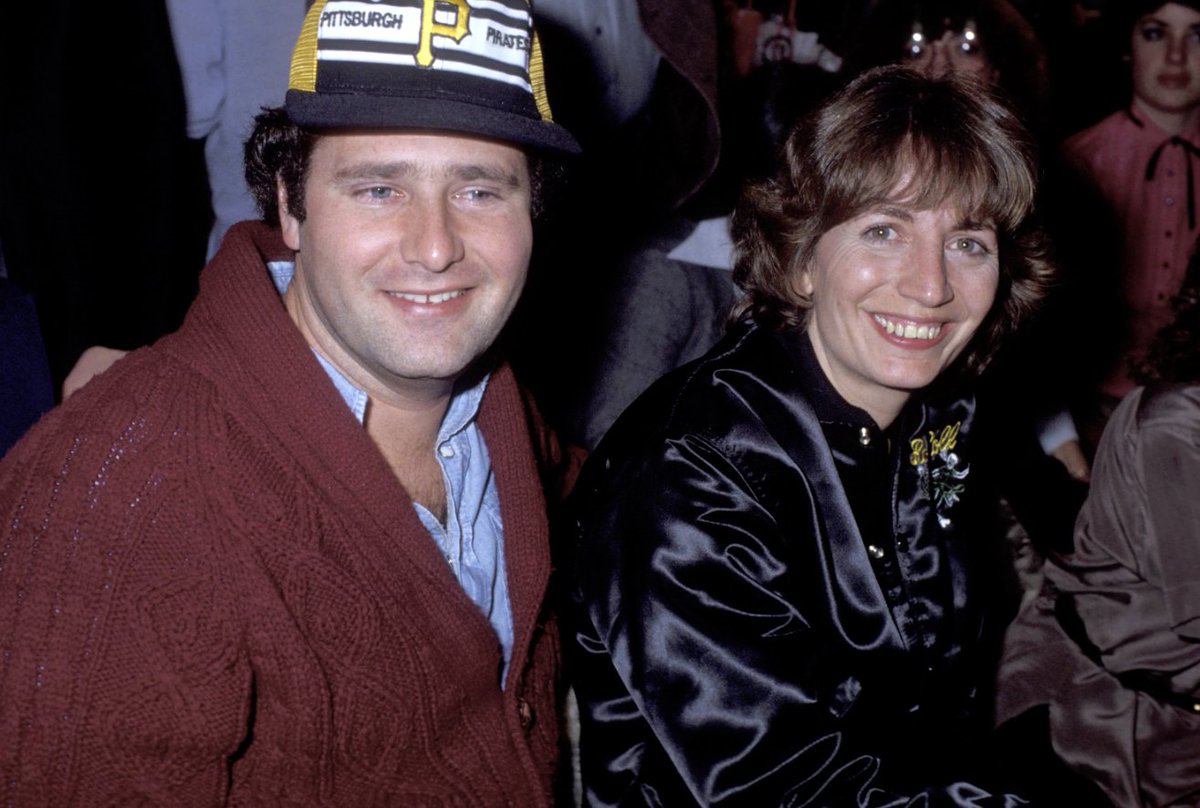
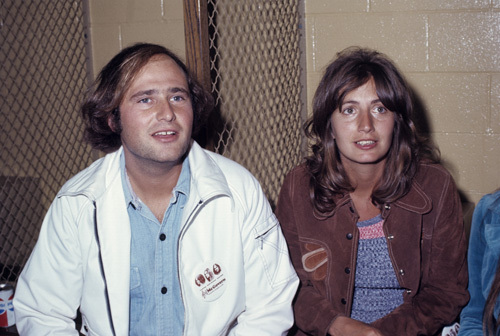
Reiner and Scheinman’s company Castle Rock Entertainment produced, and got a distribution deal with Columbia Pictures, who Reiner worked with on Stand By Me. While Reiner finished that movie, and then made The Princess Bride, Ephron spent time writing the rom-com script.
4/41



4/41
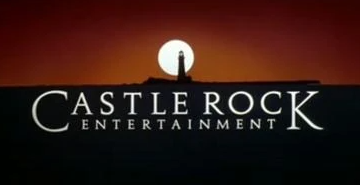
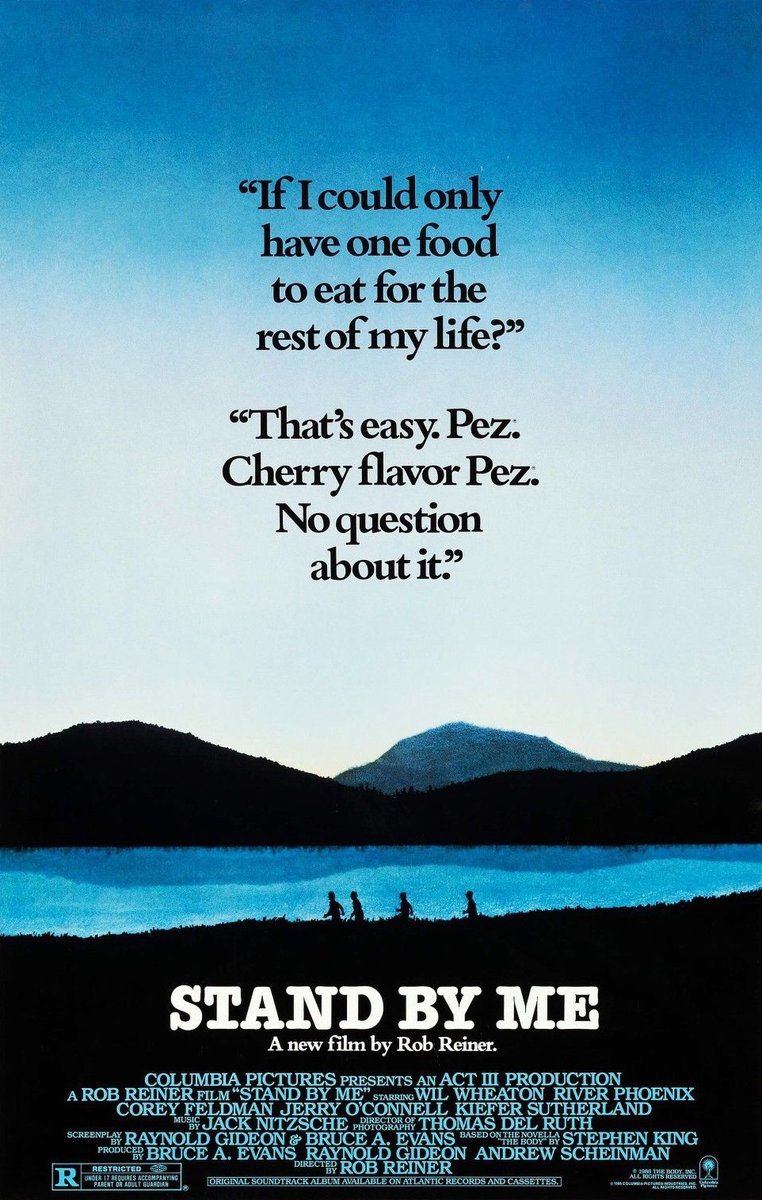
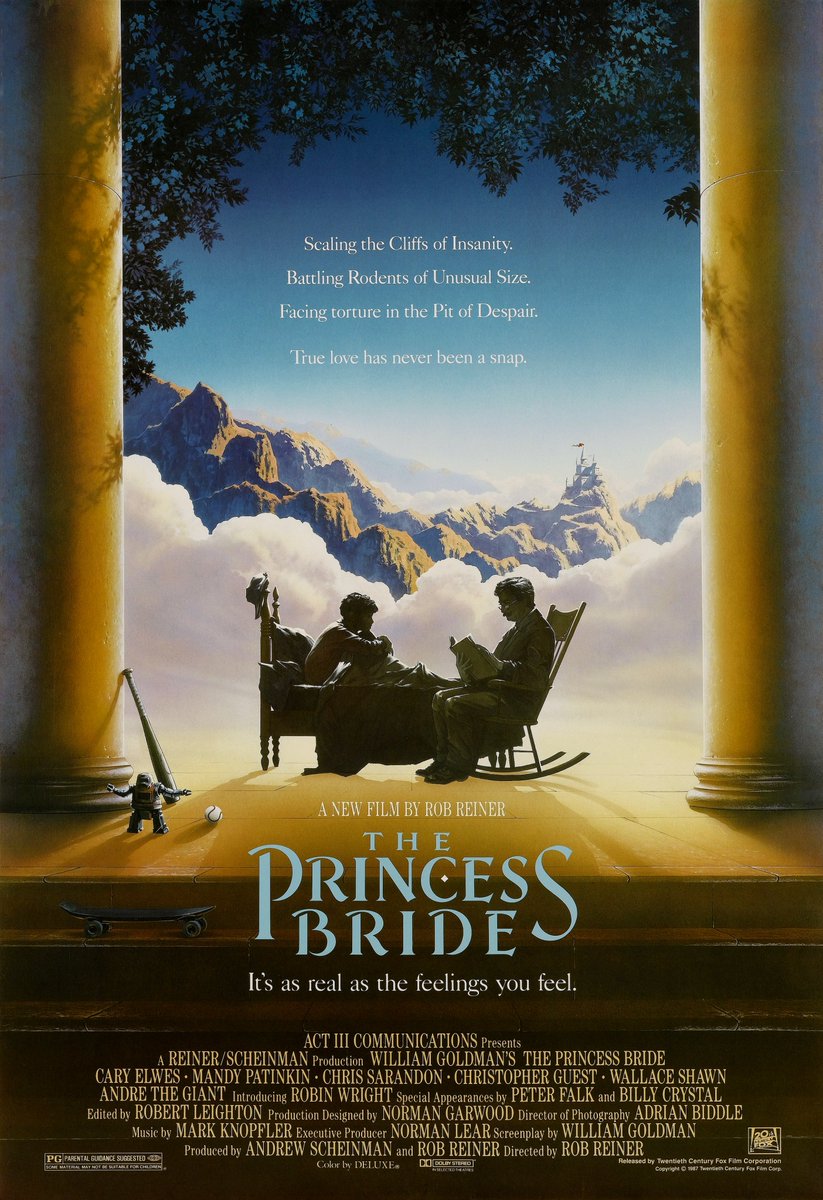
With the film called When Harry Met Sally, the search was on for its male lead. Albert Brooks apparently turned the role down as he thought it too Woody Allen-like. Other names considered included Bill Murray, Michael Keaton and Jeff Bridges.
5/41




5/41


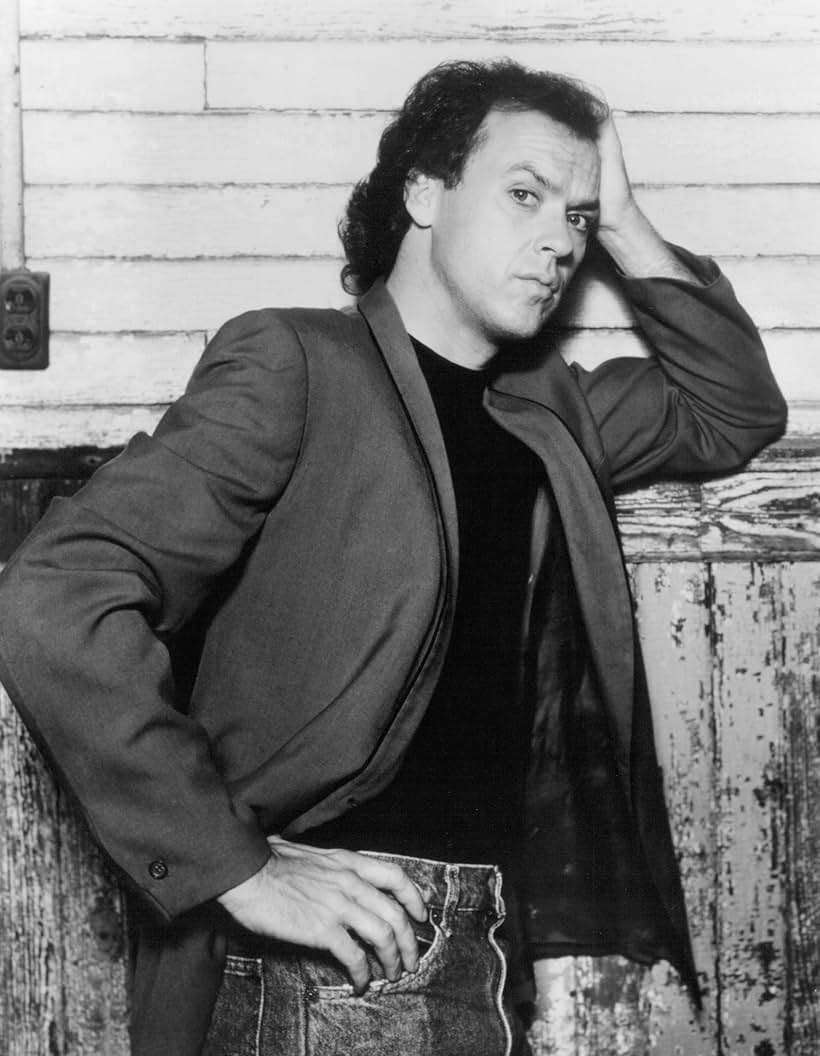
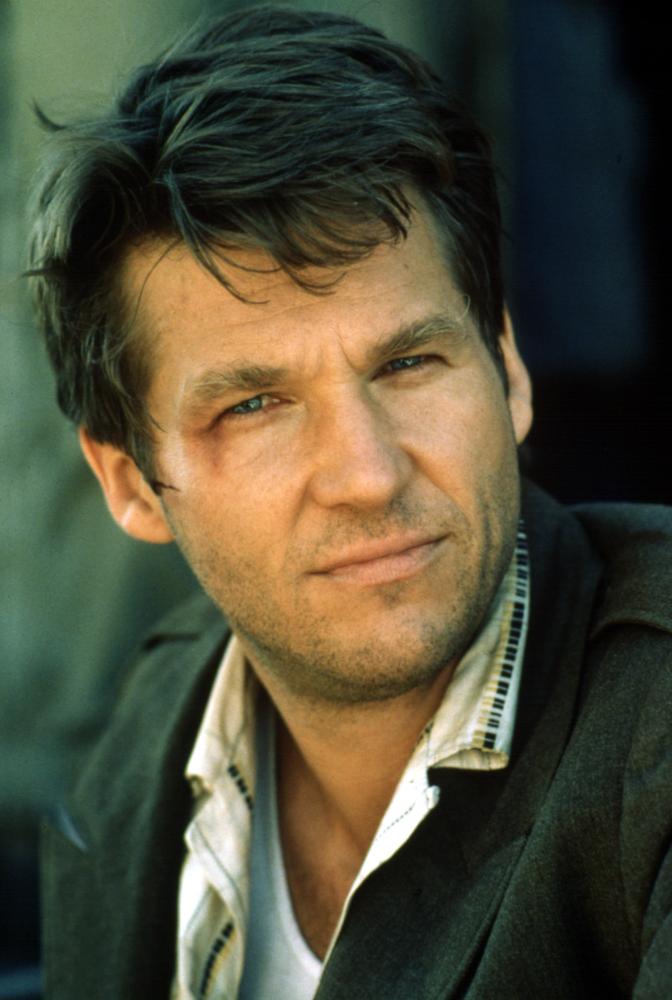
Reiner’s choice to play Harry Burns was Tom Hanks. He declined though, reportedly calling the script “lightweight.” Hanks’ wife, Rita Wilson, said "[Tom] was going through a divorce and… could not understand a person would be anything other than, 'I'm so happy.'"
6/41


6/41
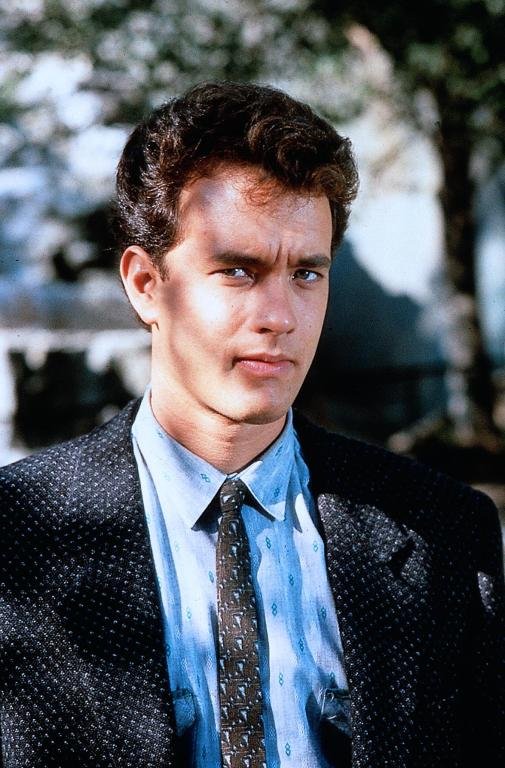
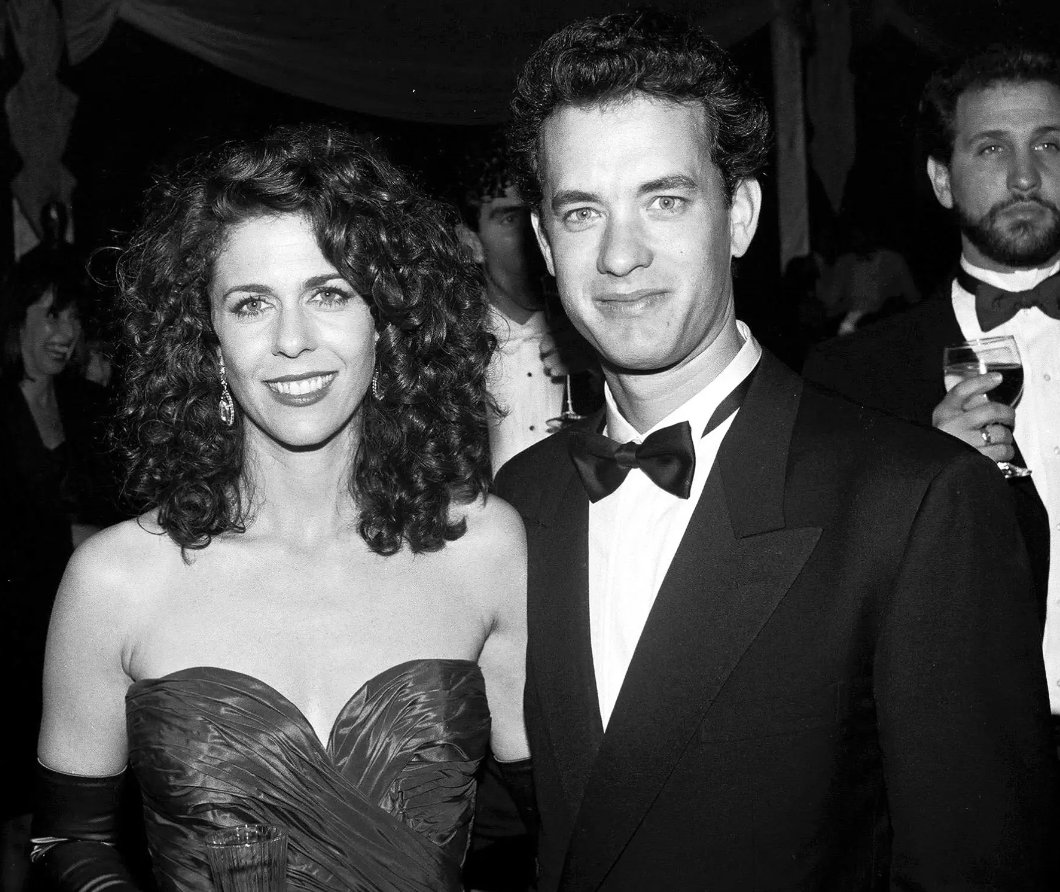
Reiner eventually cast his lifelong friend and TV colleague Billy Crystal in the role. He had reservations though, saying “What if you work with a friend and it doesn't work out, are we going to destroy a friendship?"
7/41


7/41
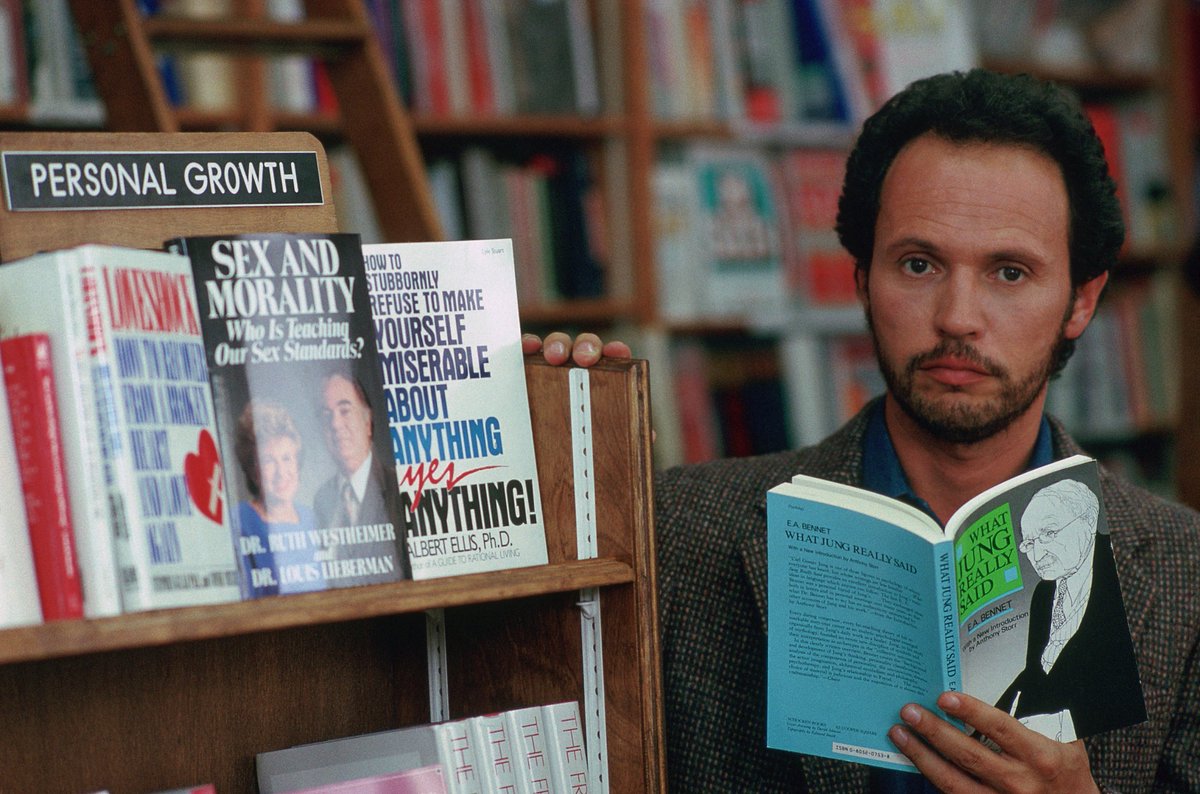
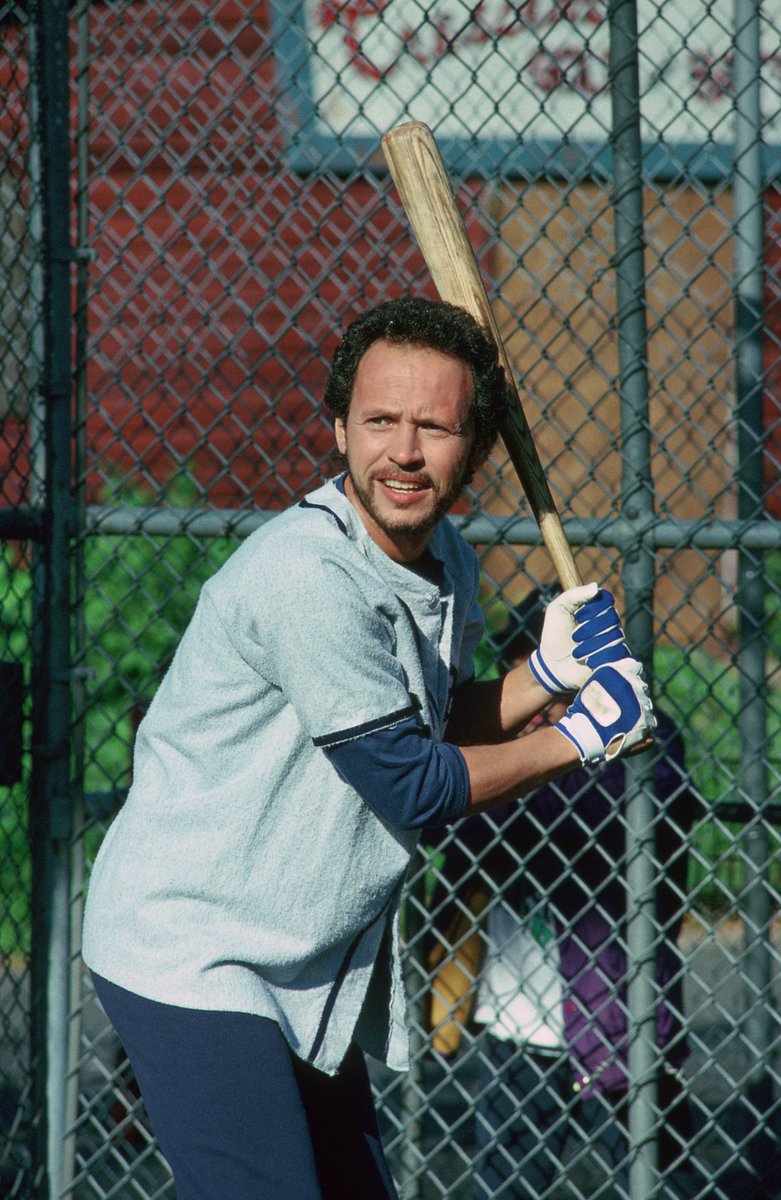
With the character of Harry partly based on Reiner, he and Crystal worked closely I developing the role. And to help him as a newly divorced, single man, Crystal stayed in a hotel alone, away from the cast and crew.
8/41


8/41
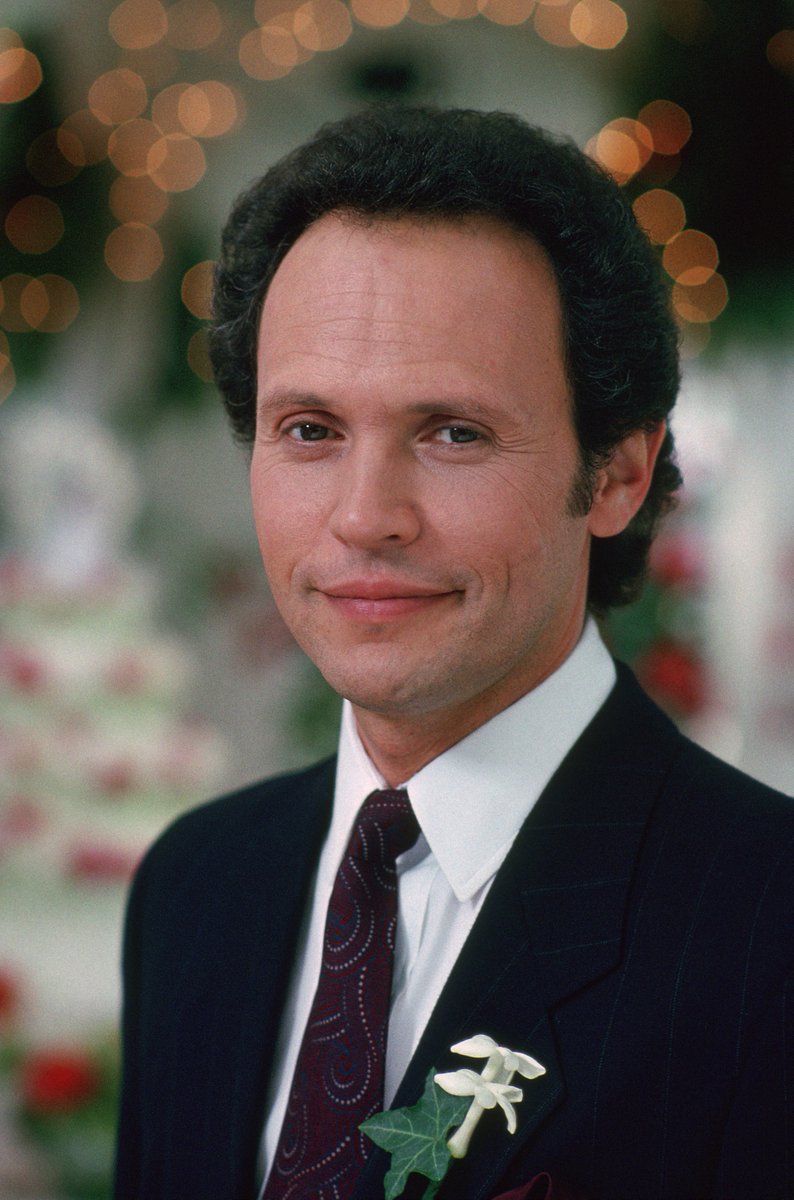
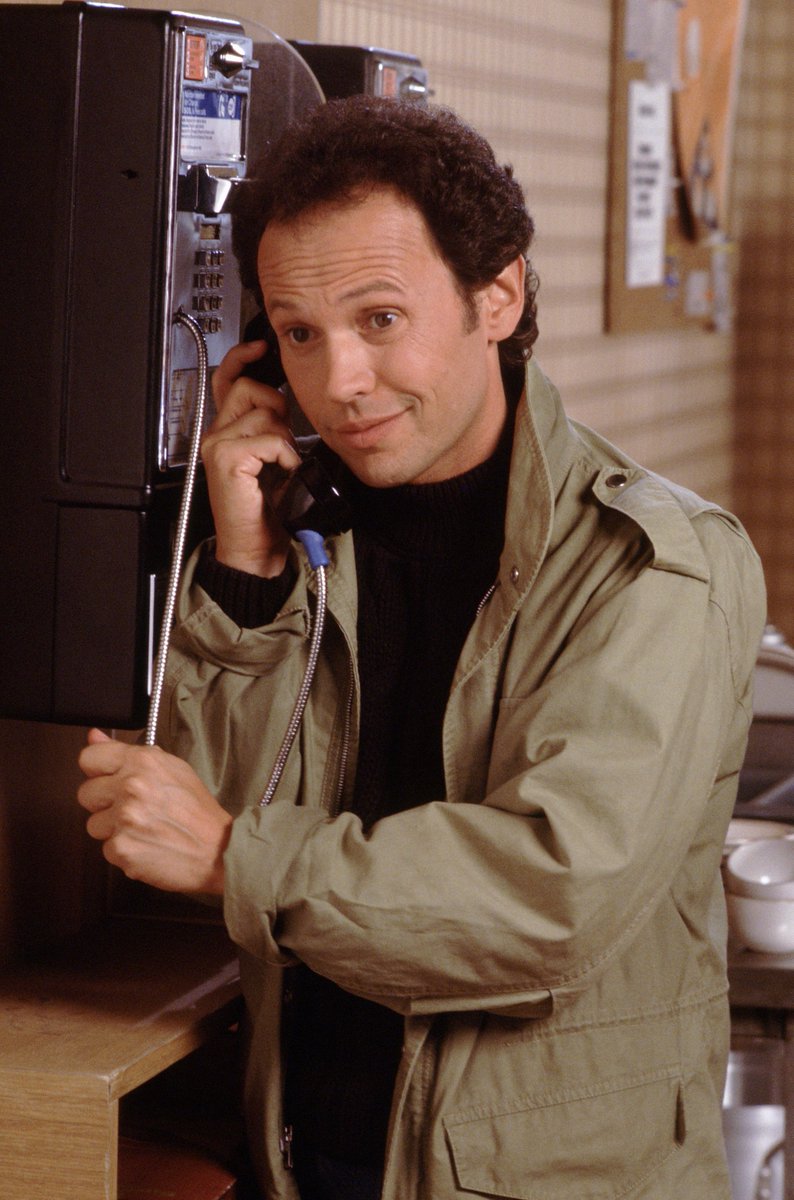
In casting the female lead of Sally Albright, Reiner’s first choice was TV star Susan Dey, who said no. After considering Elizabeth Perkins and Elizabeth McGovern, Reiner then offered the part to Molly Ringwald, but she couldn’t commit due to scheduling conflicts.
9/41




9/41
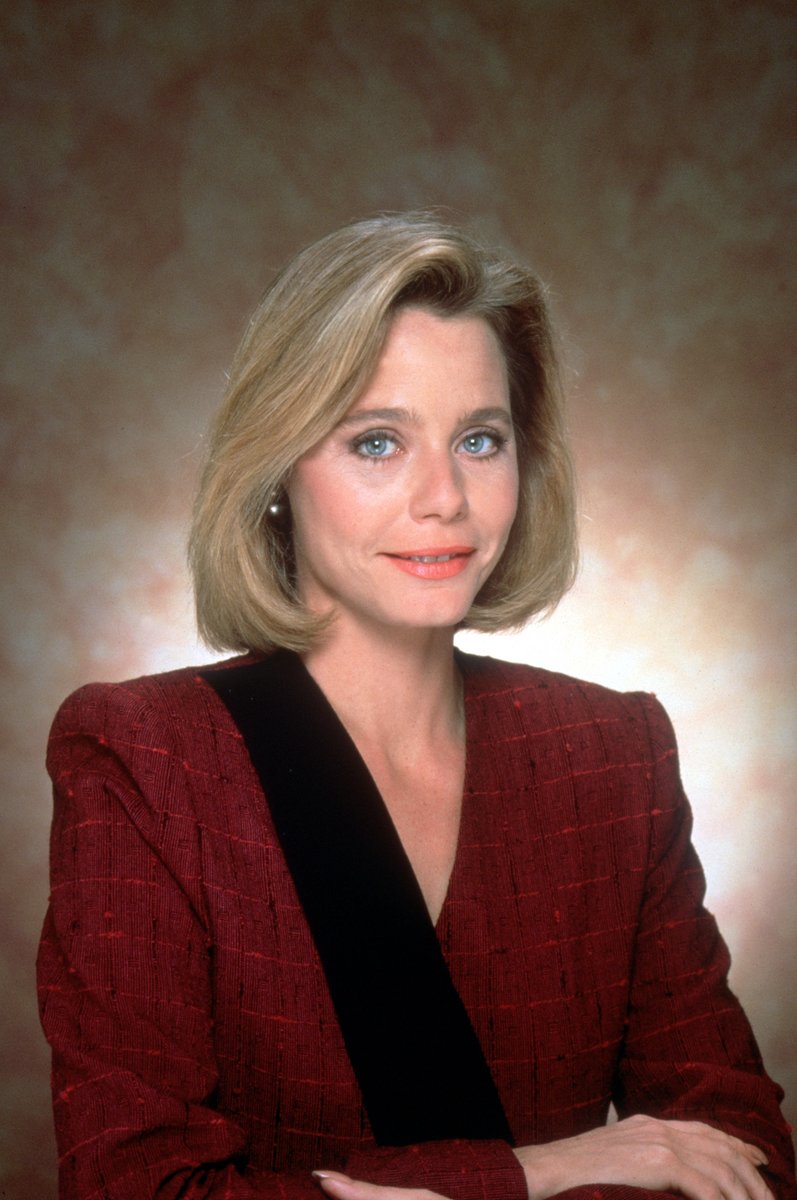
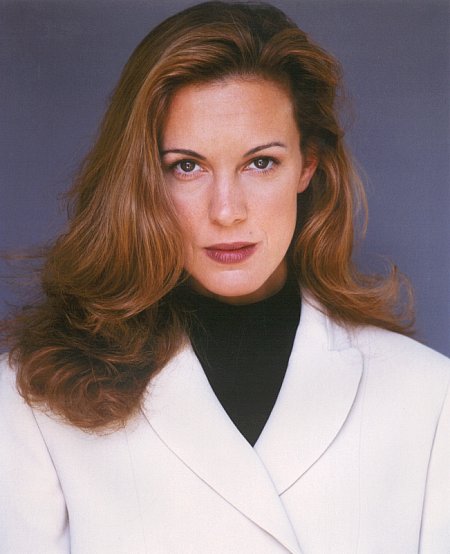
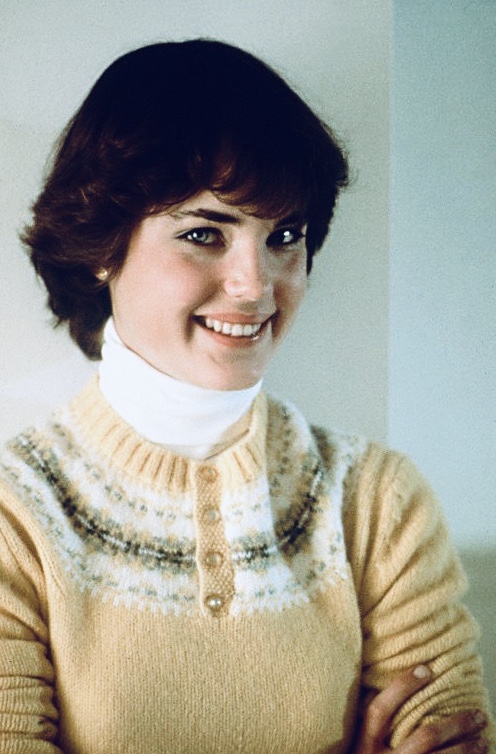
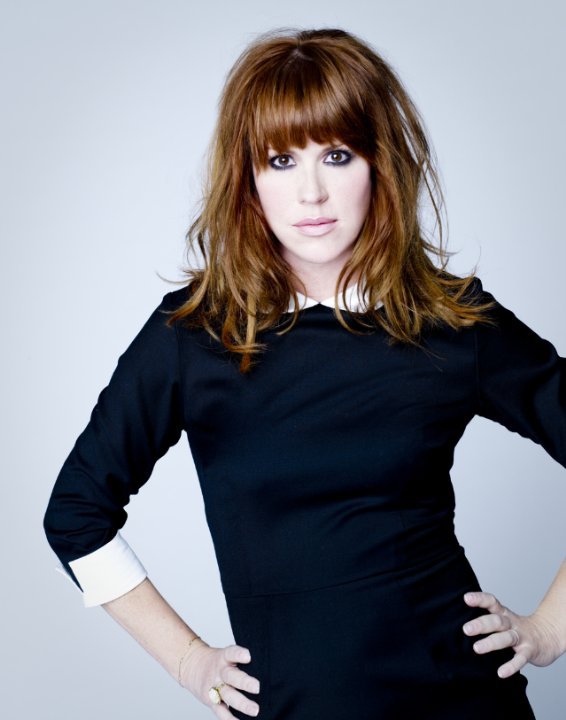
At this point, the script was ready by young breakthrough star, Meg Ryan. She screen tested opposite Crystal, who said “we all knew it was her.” Reiner said there was “instant chemistry” and, despite having never played the lead in a movie before, Ryan was cast as Sally.
10/41


10/41
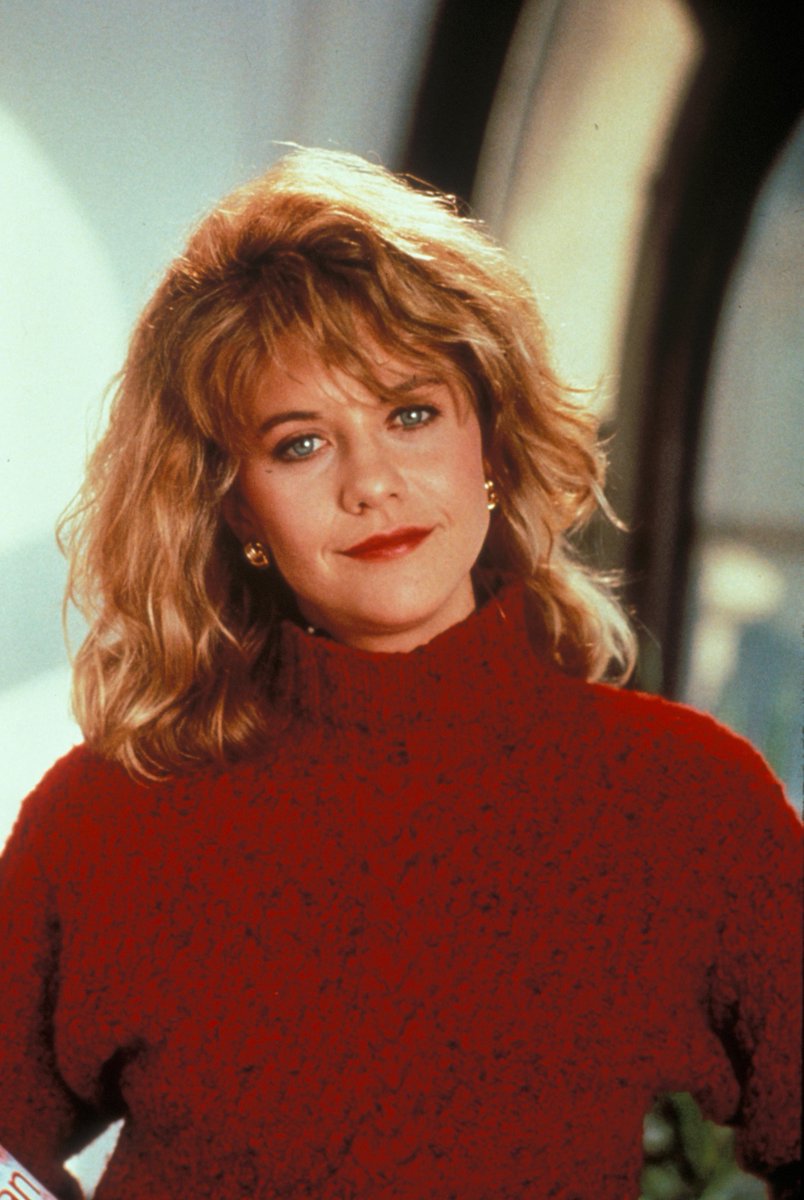
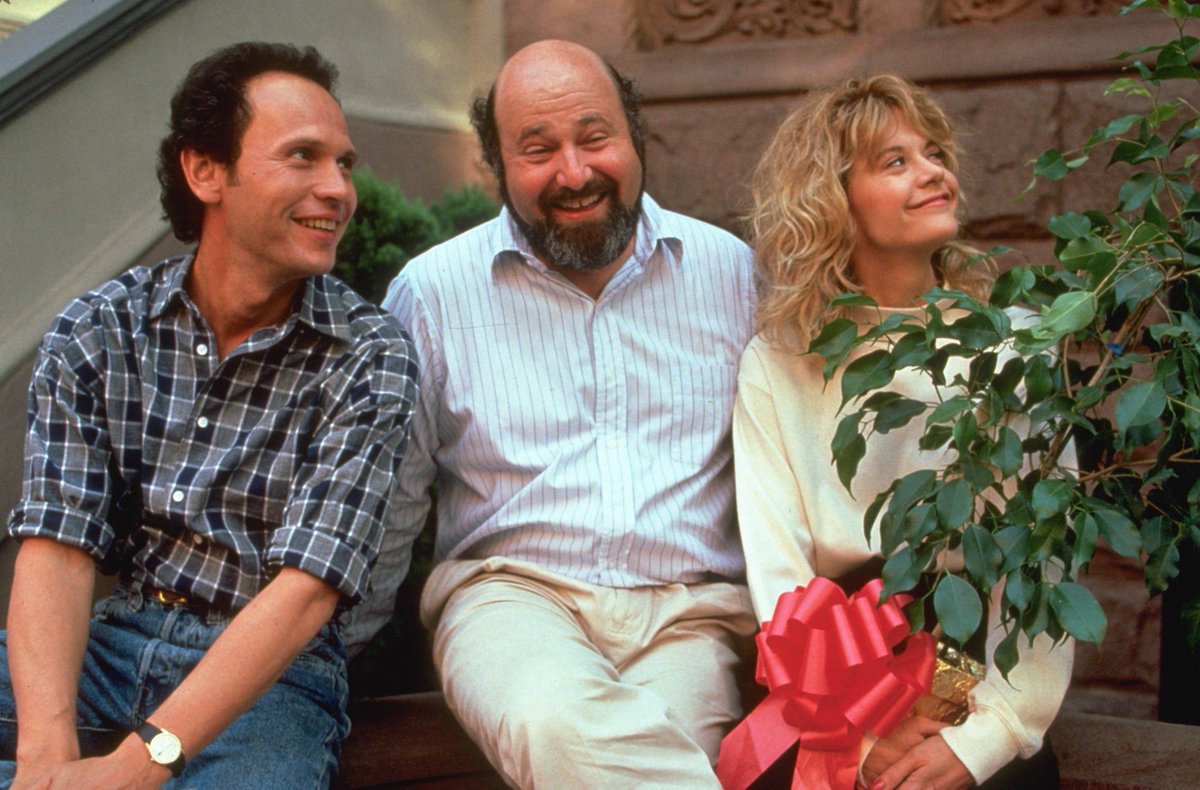
The trait of Sally being a picky eater was based on Ephron herself: “I want it the way I want it” was something she said to Reiner. Ephron said years later she was on a flight and, after making a specific order, the stewardess said "Have you seen When Harry Met Sally?"
11/41


11/41
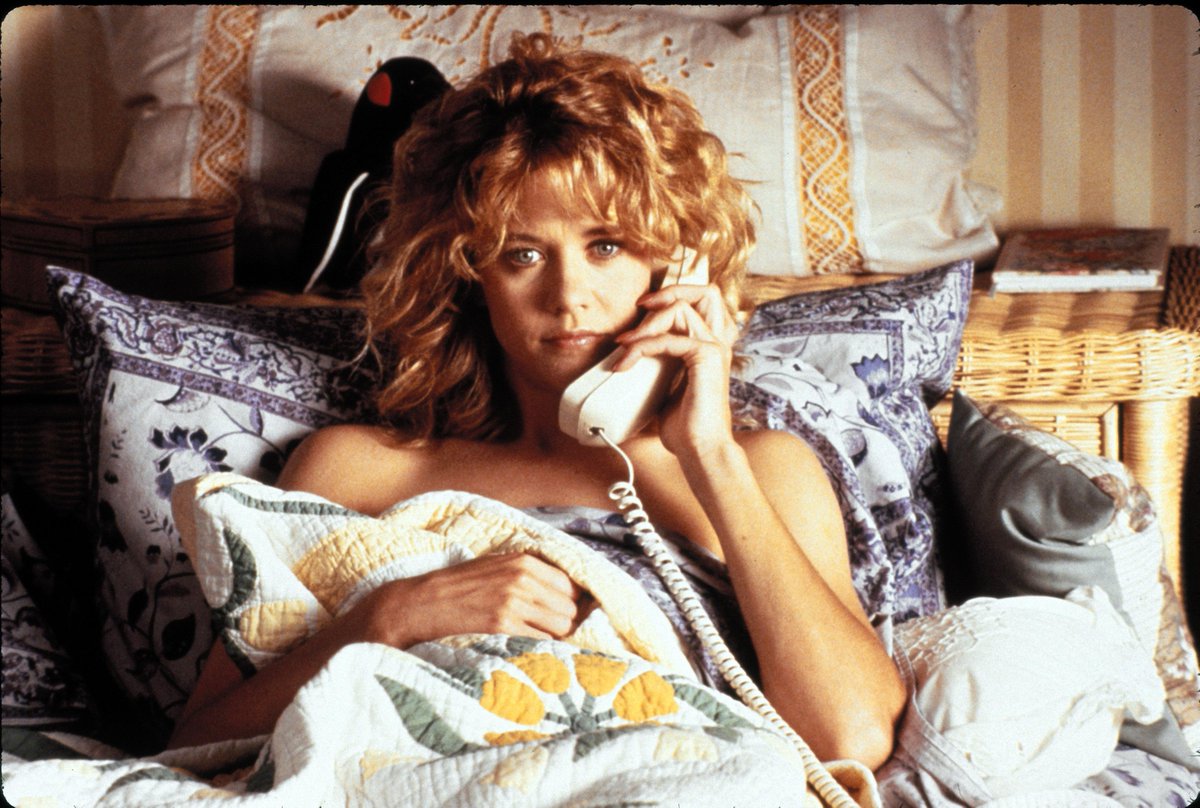
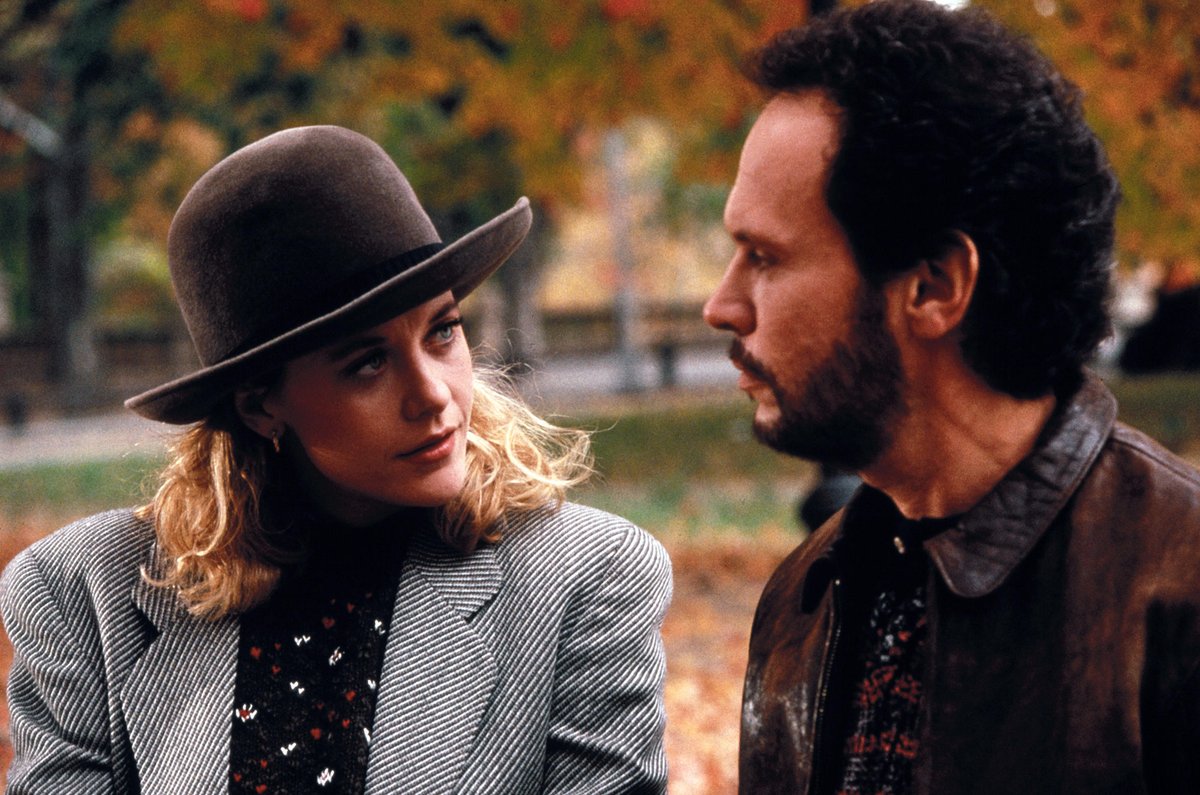
The supporting cast includes Carrie Fisher as Saly’s best friend, Marie. Reiner knew Fisher well as she and Penny Marshall were very close friends, and knew she had the sardonic-yet-caring persona he wanted for Marie.
12/41


12/41
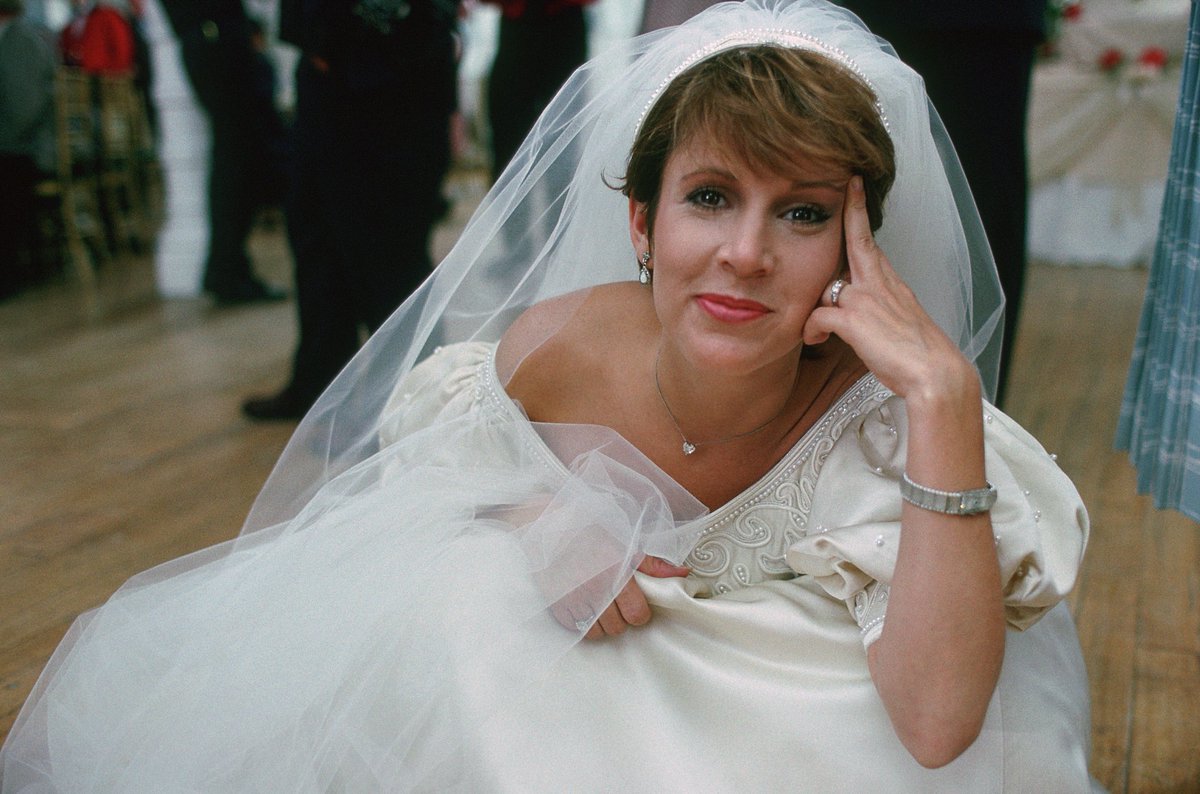
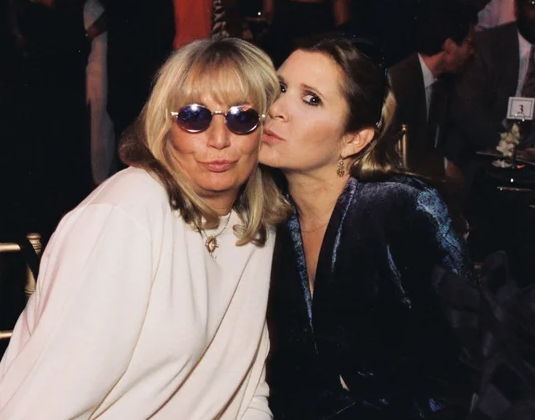
Fisher was a writer herself and, as well as acting in the film, she also carried out some rewrites on the script, though refused to accept credit. Crystal later called her contributions a reason “why I think it’s such a powerful screenplay.”
13/41


13/41
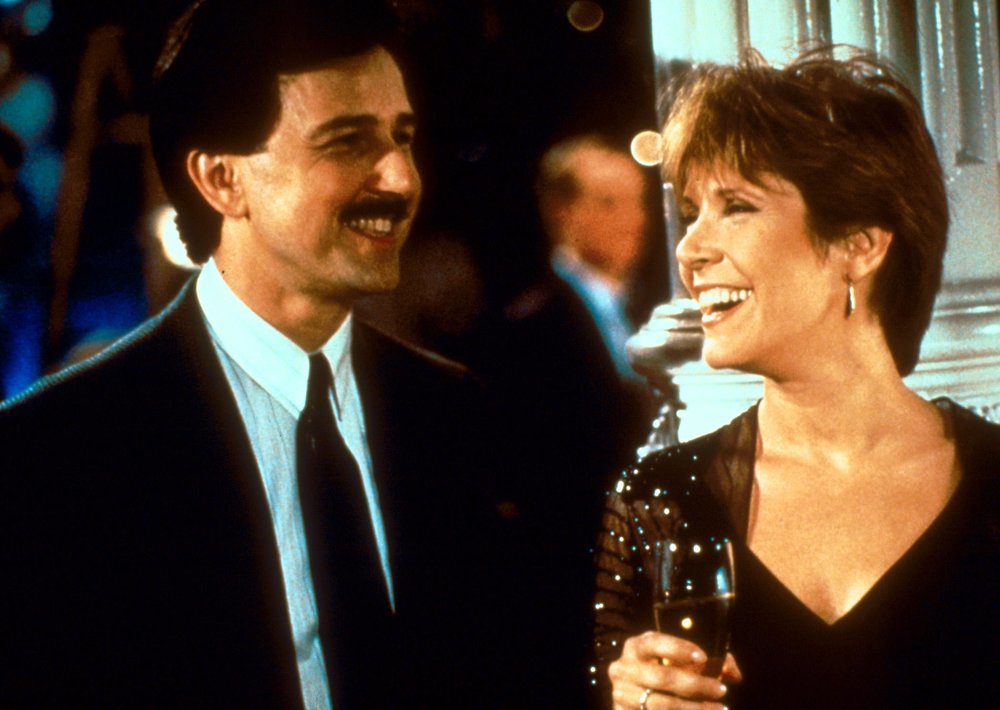
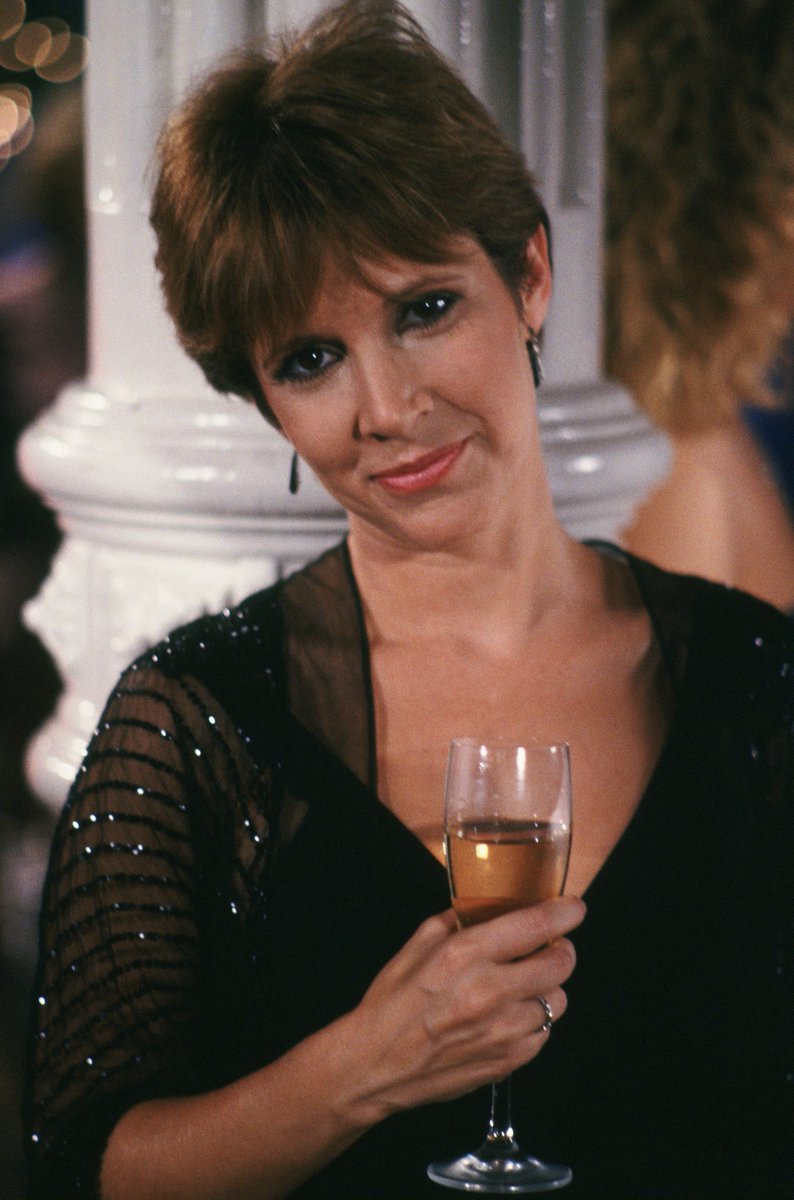
Another minor role is that of Sally’s boyfriend (and Harry’s boyfriend) Joe. He was played by Steven Ford, the son of former U.S. President Gerald Ford.
14/41


14/41
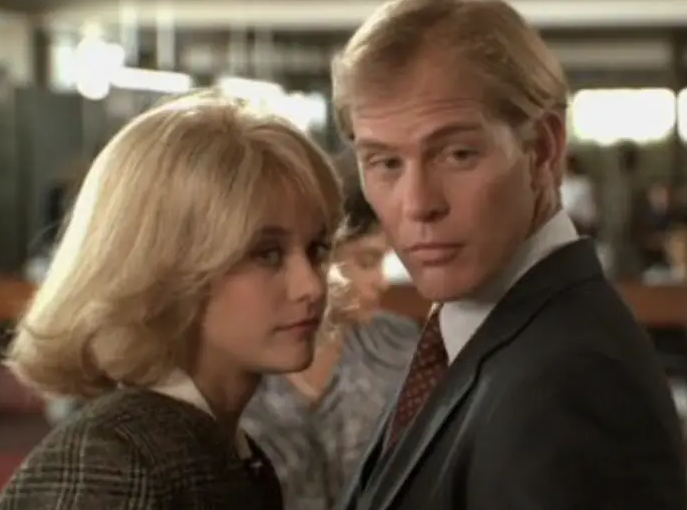
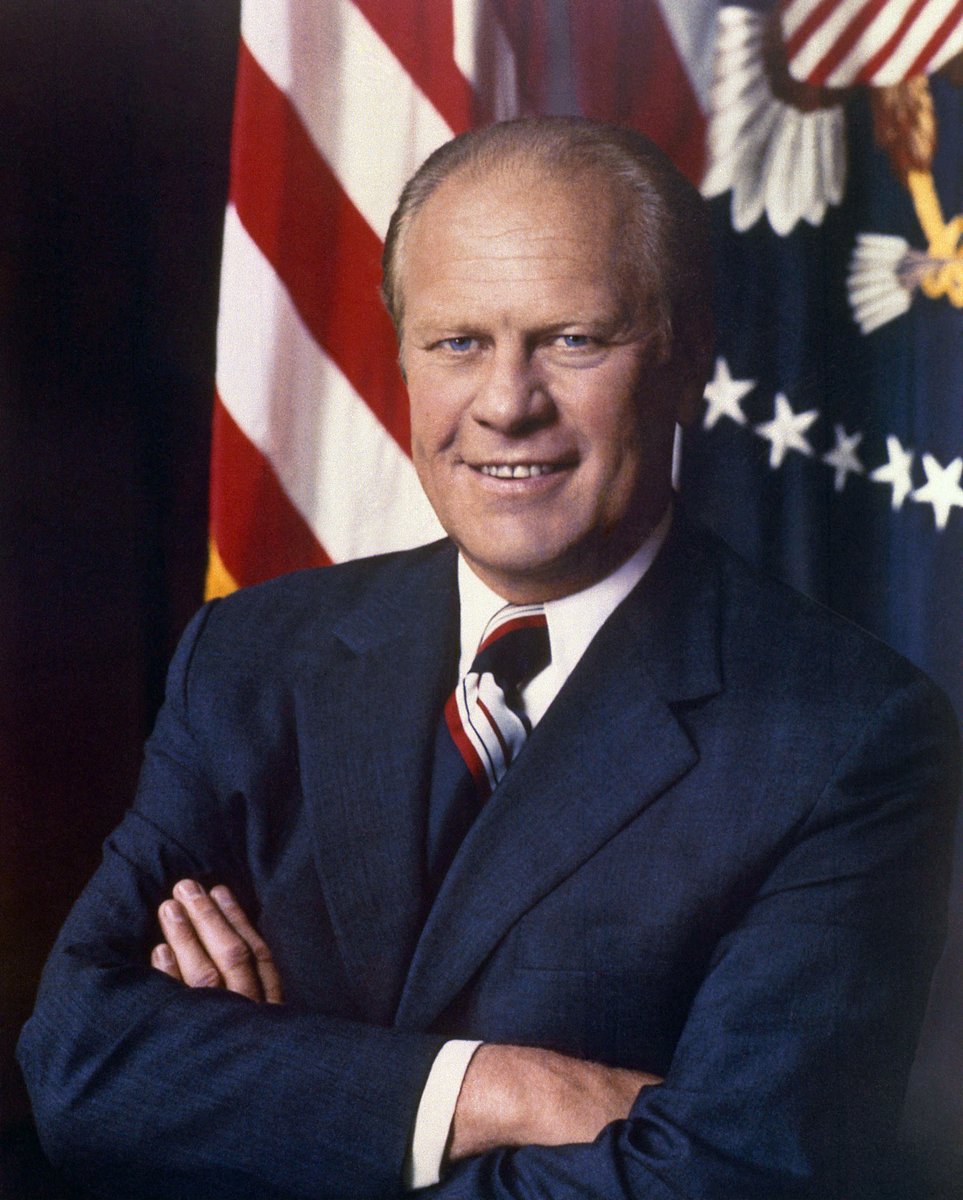
It was a Reiner family affair. Rob appears as a voice towards the end who says “10 seconds until New Year.” His mother, Estelle, delivers the most famous line in the film – “I’ll have what she’s having” – and his daughter Tracy plays Harry’s first girlfriend, Emily.
15/41


15/41
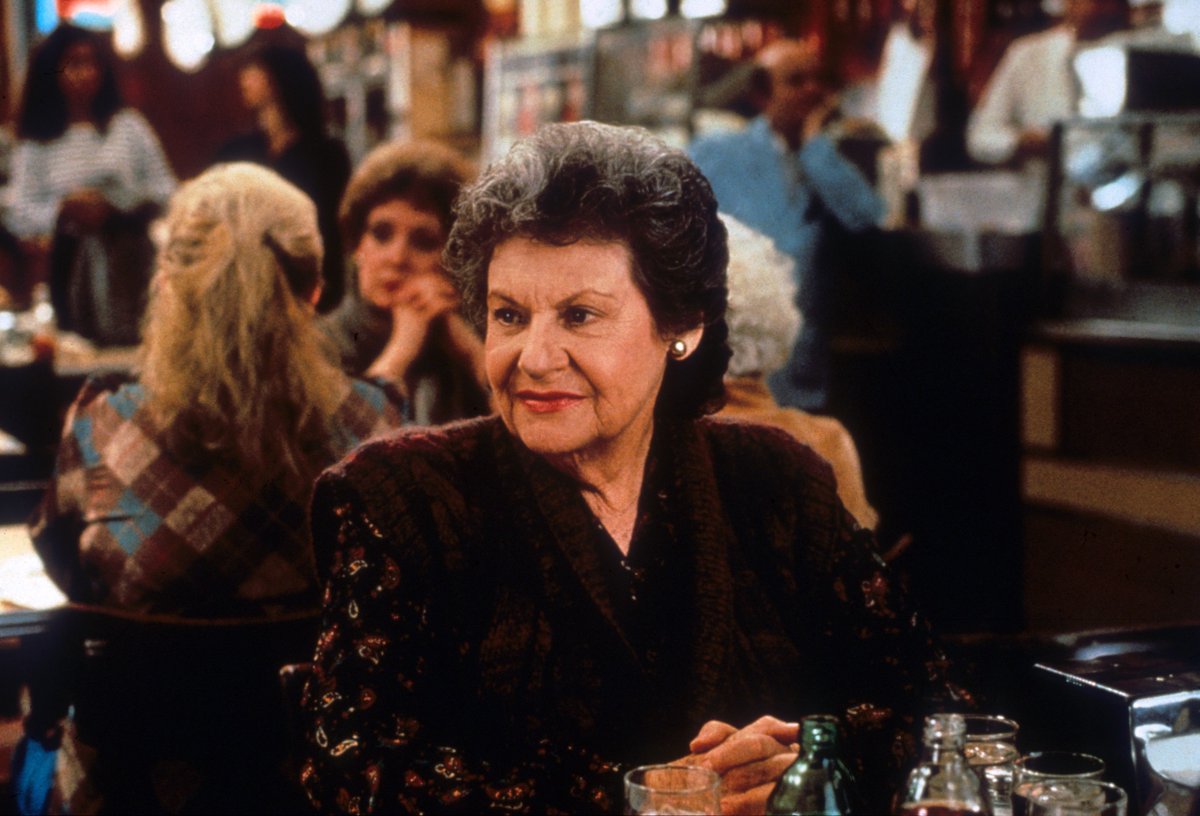
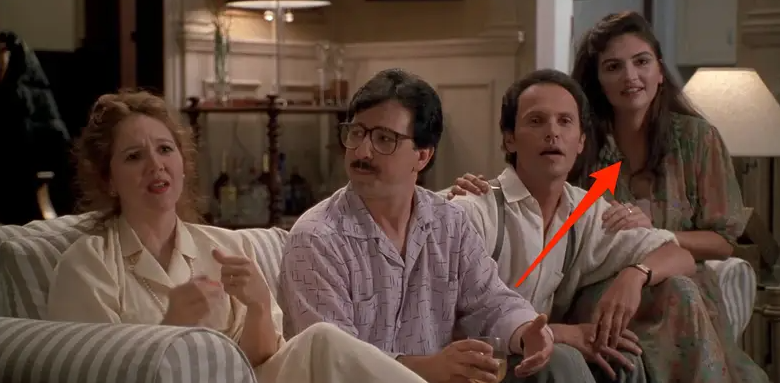
The film had many titles. Just Friends, Playing Melancholy Baby, Boy Meets Girl, How They Met, Blue Moon, Words Of Love, and It Had To Be You were all reportedly considered. Reiner even ran a competition with Castle Rock employees asking for title suggestions.
16/41


16/41
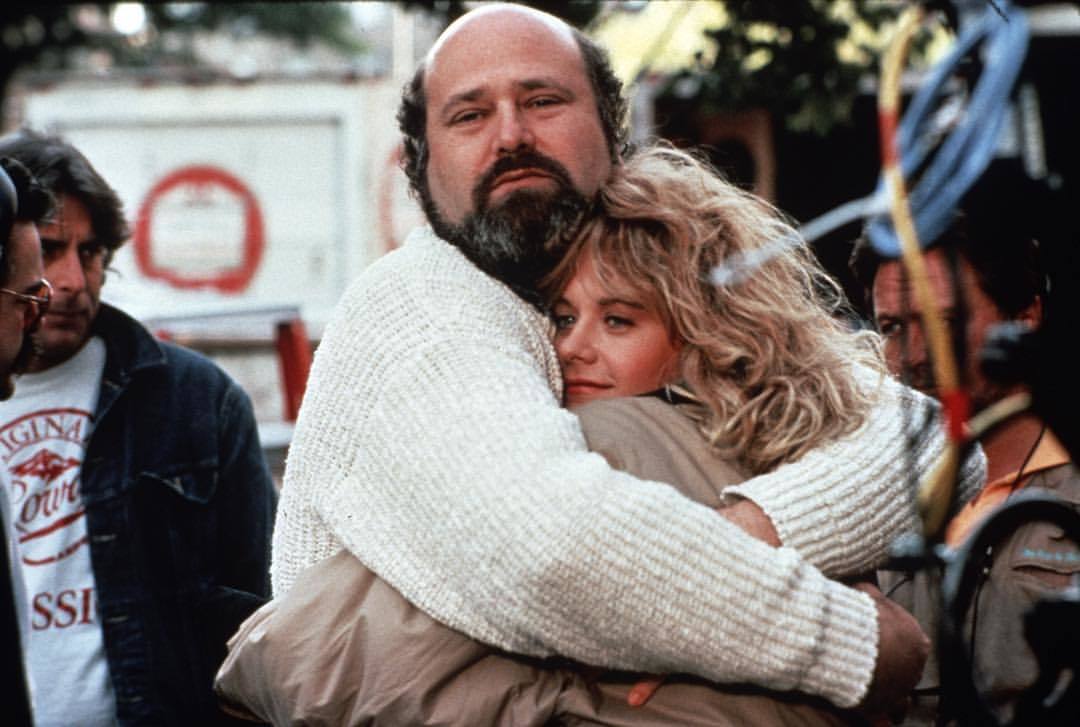
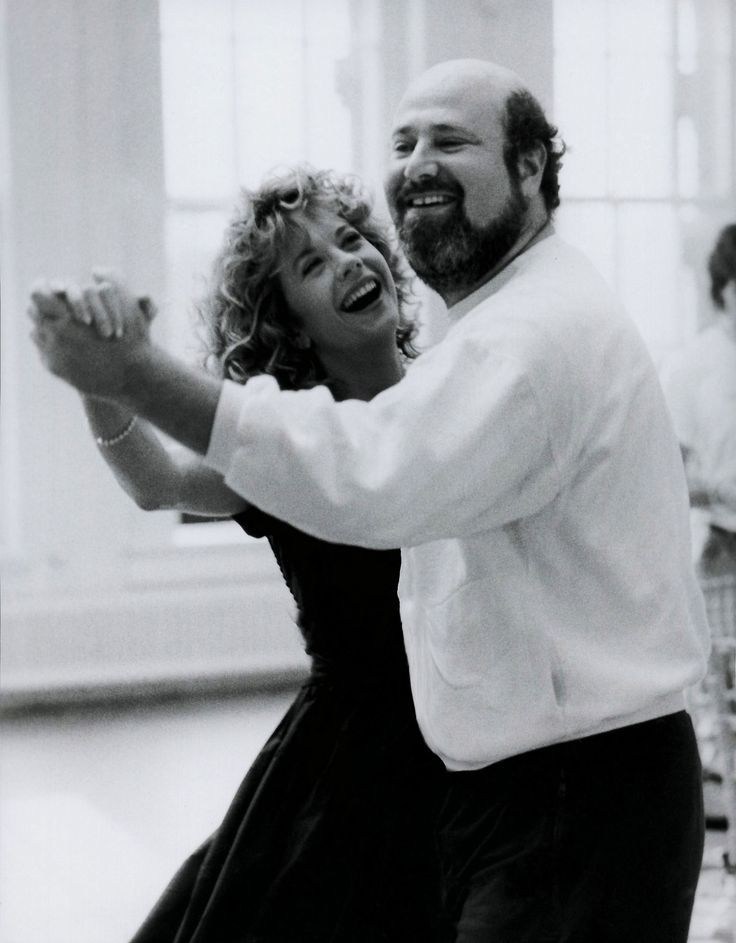
It’s not reported who came up with When Harry Met Sally though, apparently, the winner was a warded a case of champagne by Reiner. Ephron wasn’t quite so pleased with it, later saying the only thing she didn’t like about the movie was the title.
17/41


17/41
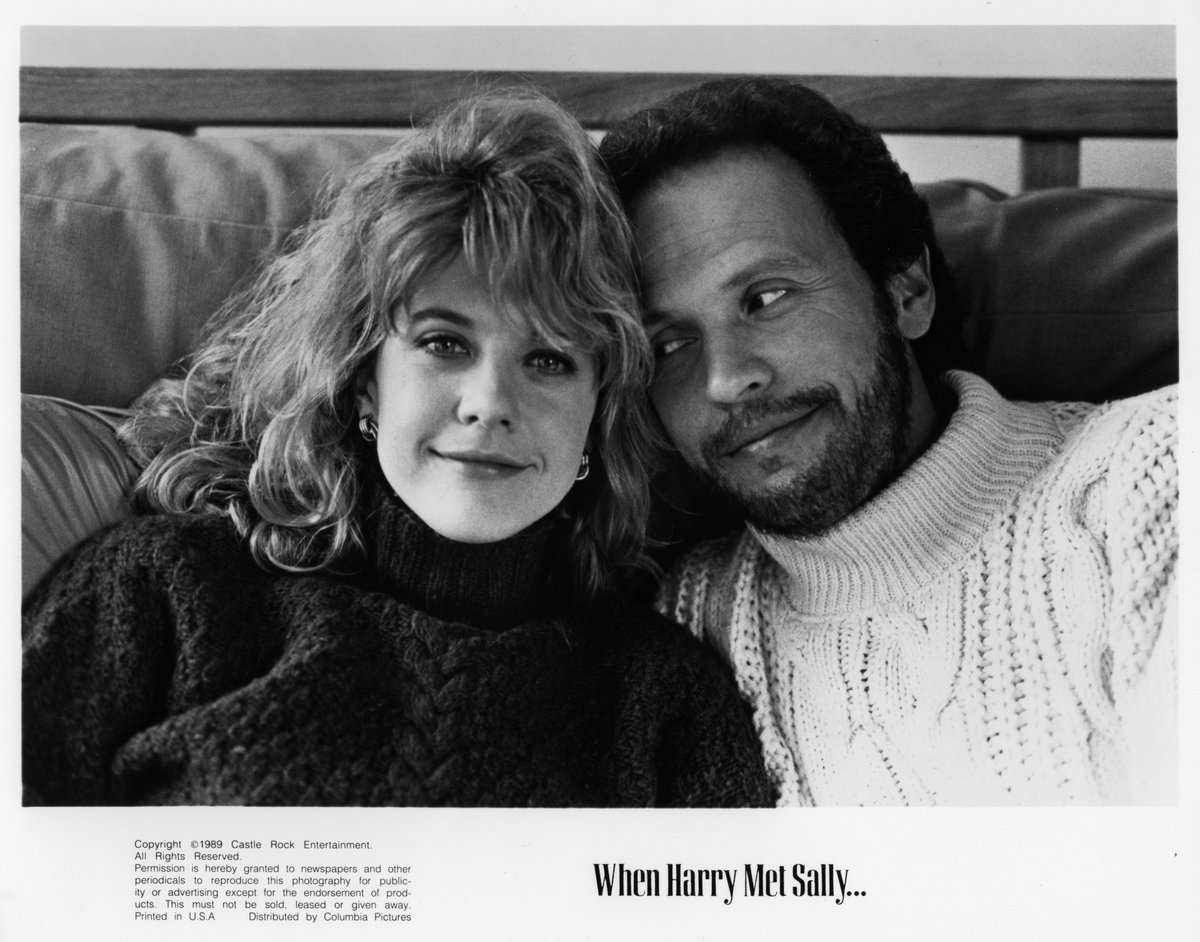
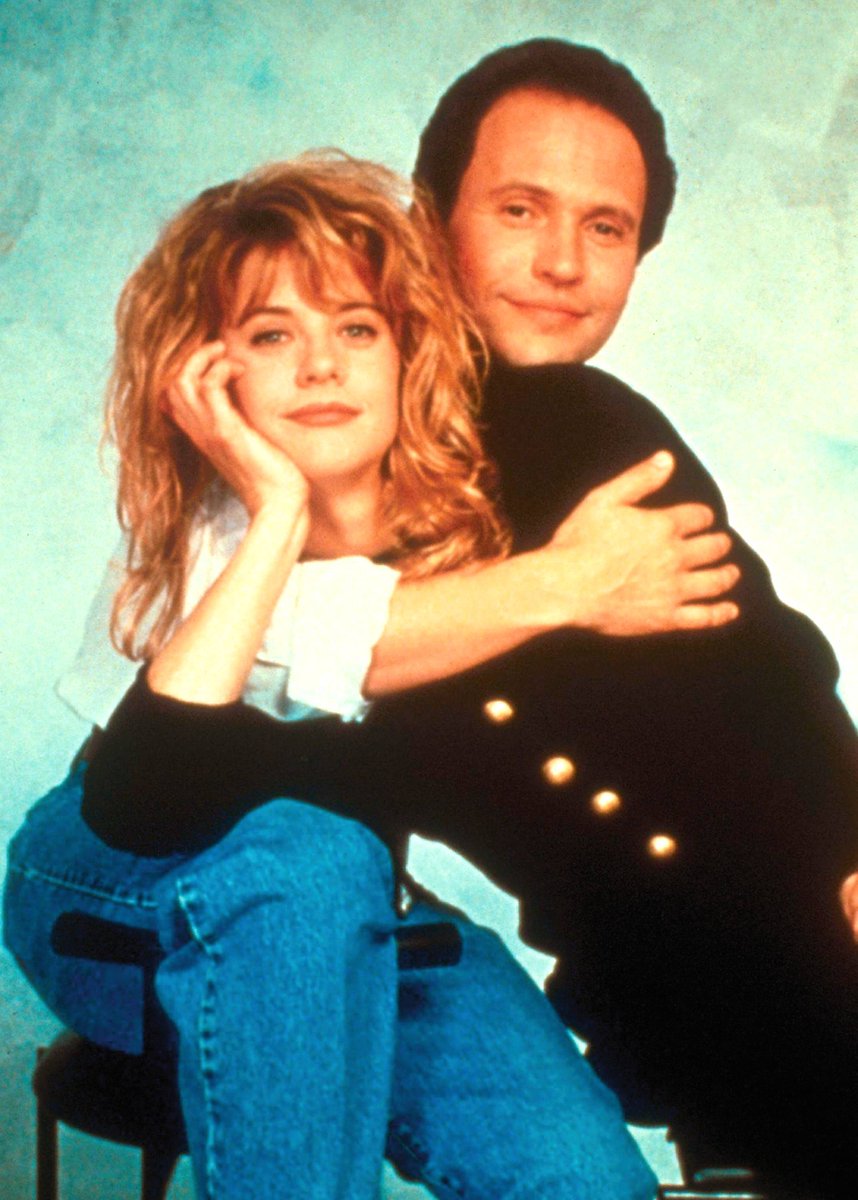
In the first drafts, Harry and Sally went their separate ways and didn’t end up together. This was changed through production, part of the reason being that, during filming, Reiner met his future wife, Michele Singer, and became more open to a happy ending.
18/41


18/41
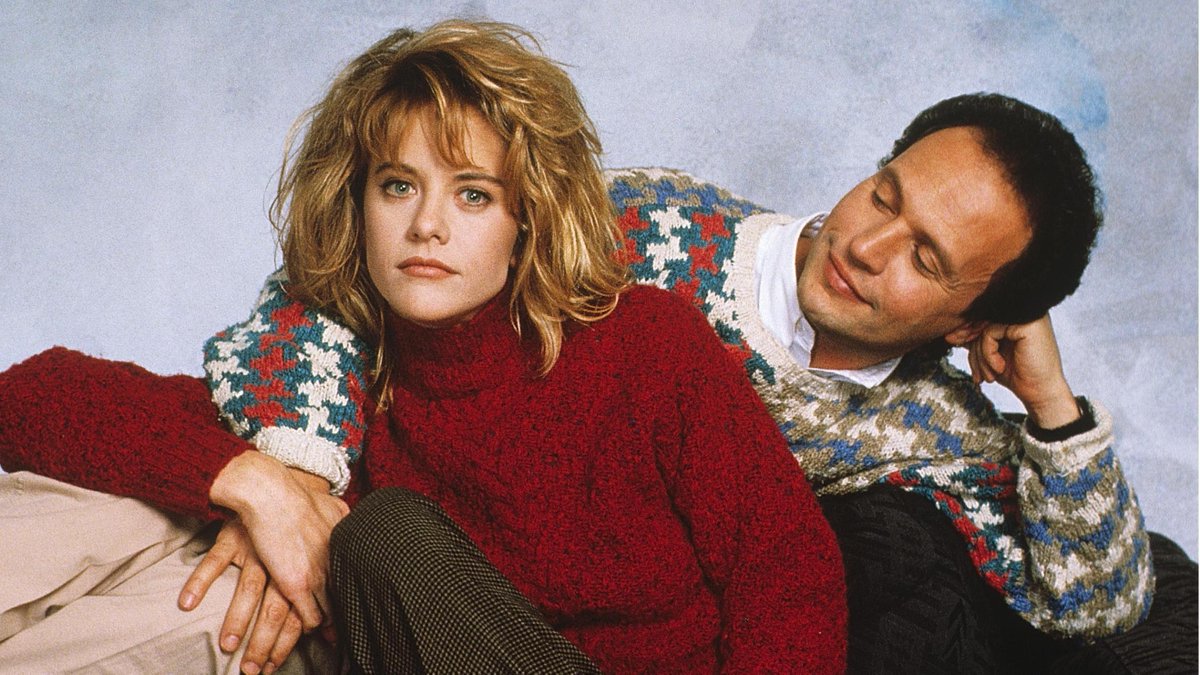
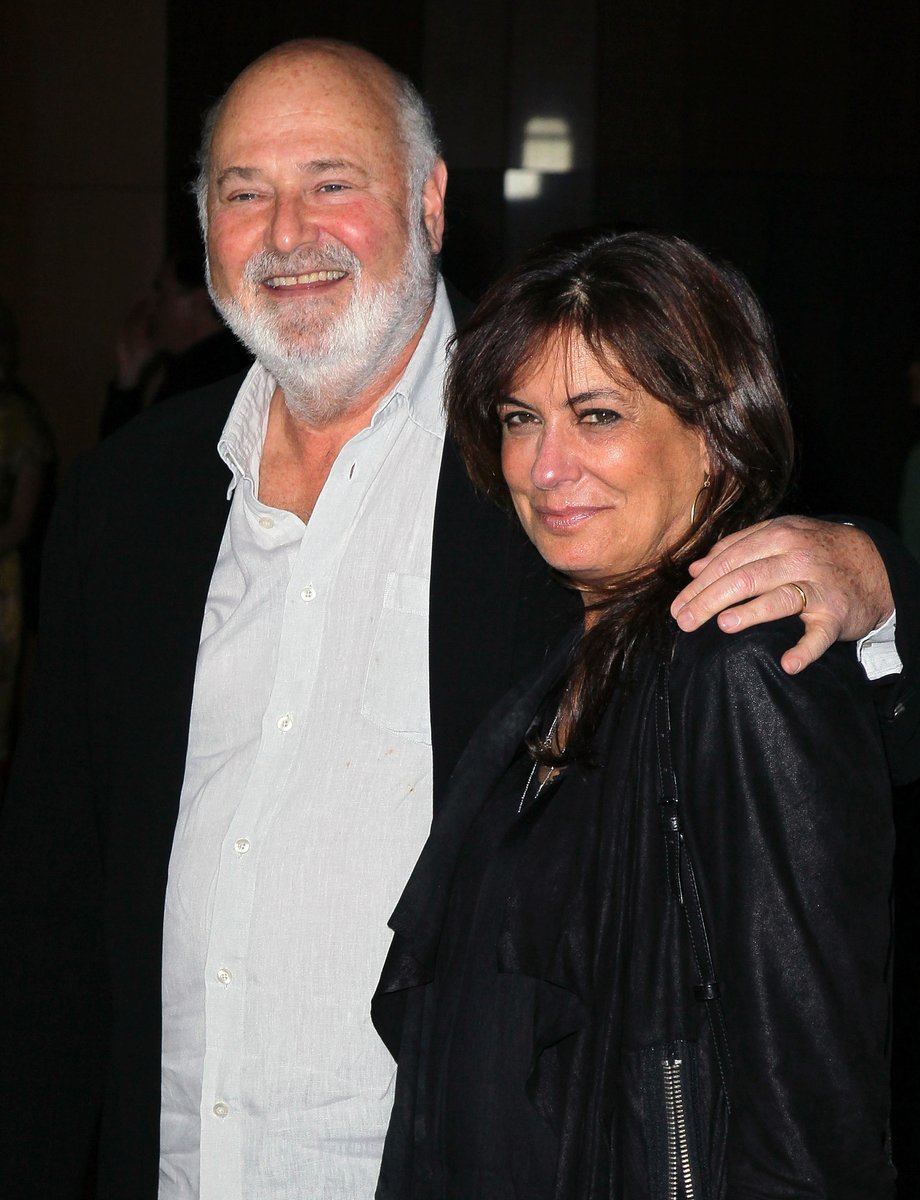
Ephron based a lot of the dialogue between Harry and Jess (Bruno Kirby) on the friendship and between Reiner and Crystal. And Harry and Sally’s split-screen telephone conversation while watching TV is apparently something the two men did every night.
19/41


19/41
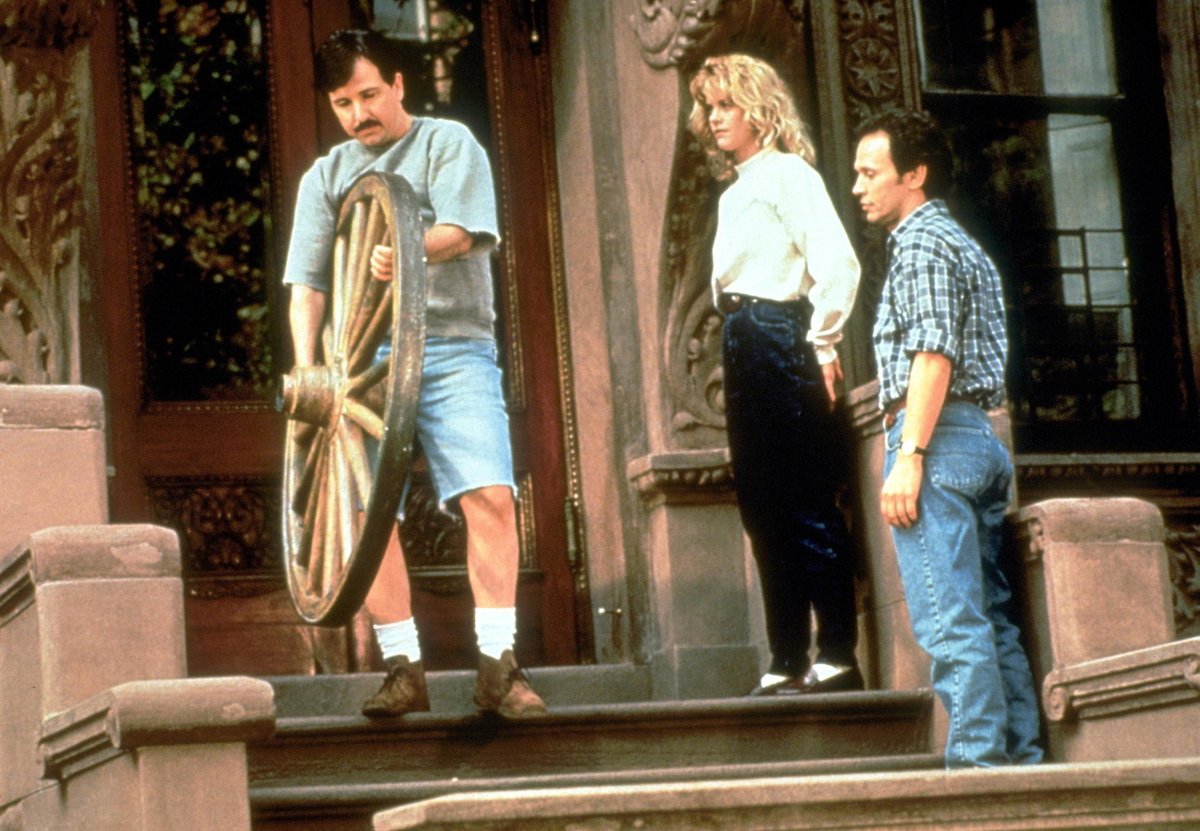
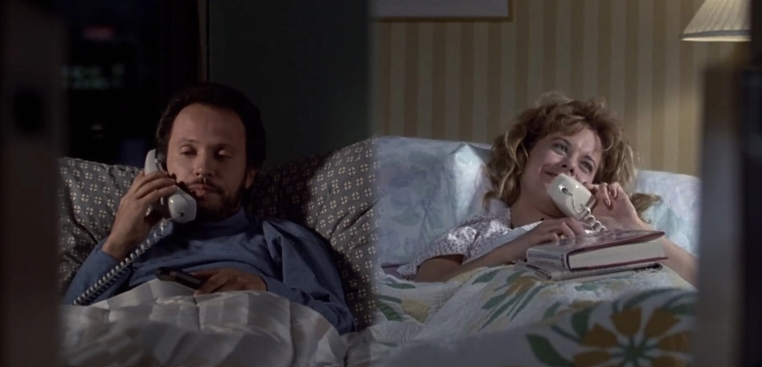
Ephron took dialogue from herself as well. Before the wedding sequence, Marie describes Harry’s girlfriend to Sally as "Thin. Pretty. Big tits. Your basic nightmare." This line is from Ephron's 1983 autobiographical novel, Heartburn.
20/41


20/41
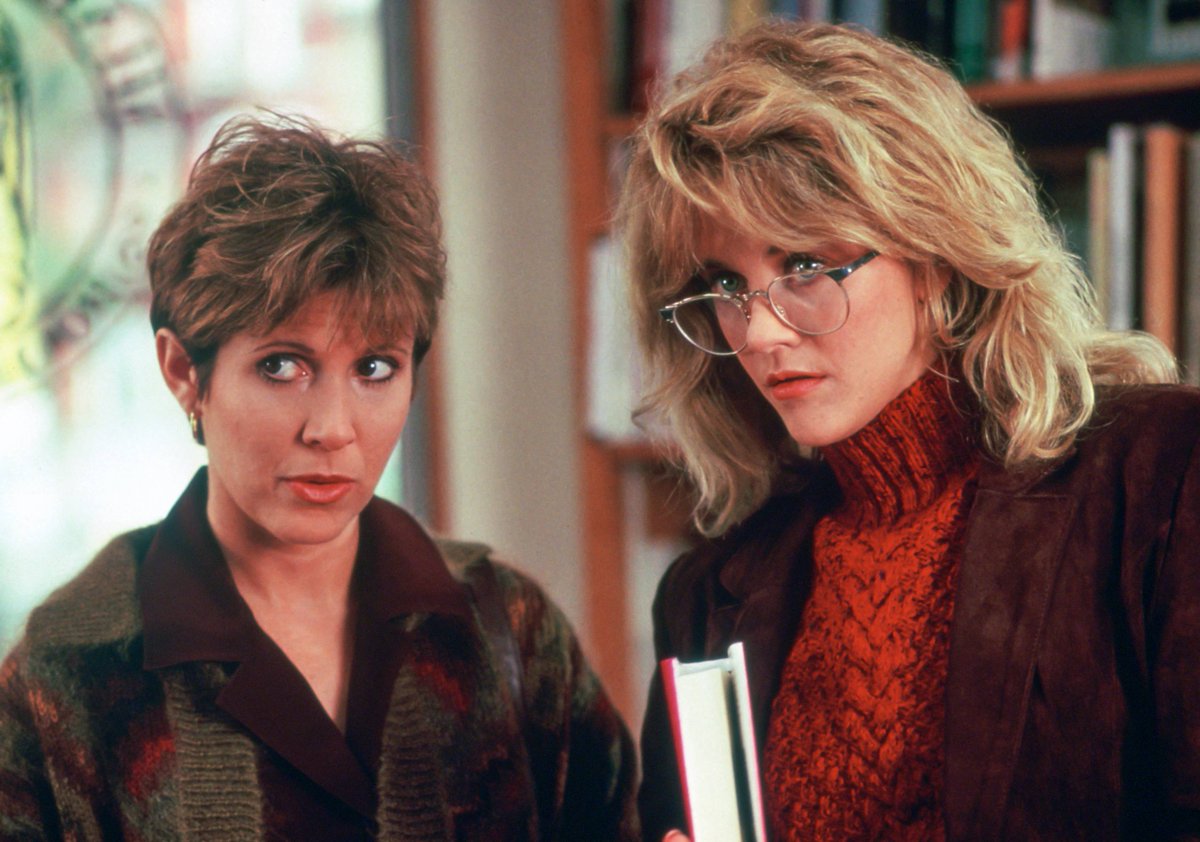
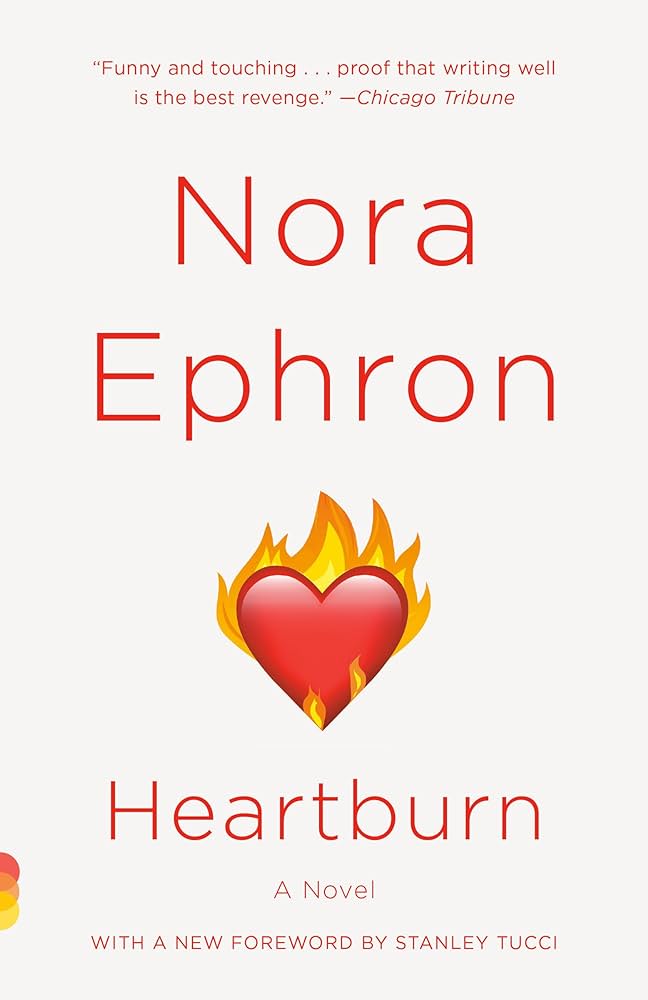
Crystal did a lot of ad-libbing during the shoot, including Harry’s line to Sally “I would be proud to partake of your pecan pie." When Sally laughs and looks away, that was Ryan looking off-camera to Reiner, who signalled for her to go with it.
21/41
21/41
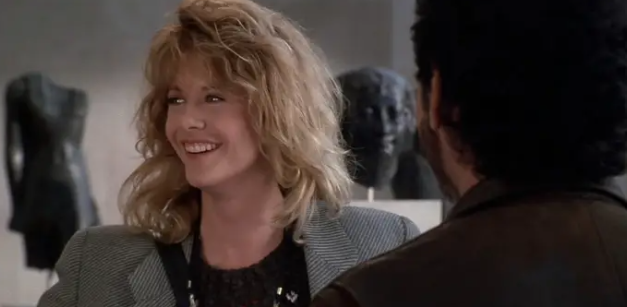
The soundtrack is made up of big band tunes by Harry Connick Jr, arranged by Marc Shaiman. Reiner came across the young singer and thought him reminiscent of Frank Sinatra. The soundtrack album went Platinum and won a Grammy award for Best Jazz Male Vocal Performance.
22/41


22/41
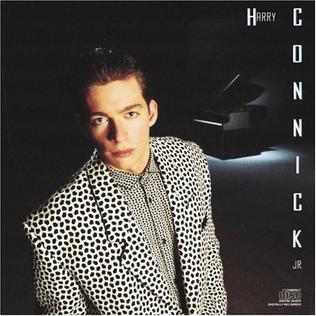
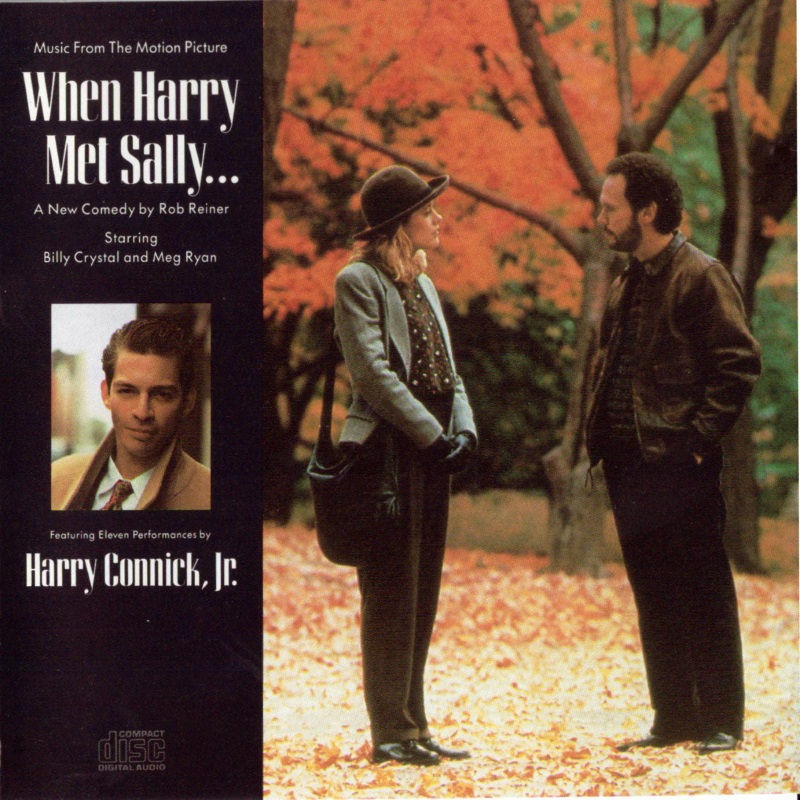
You may recognise a hairstyle in the opening. With the sequence set in 1977, Sally’s hair was styled after Farrah Fawcett’s iconic look from 1970s TV smash Charlie’s Angels, a much-imitated style from the time.
23/41


23/41
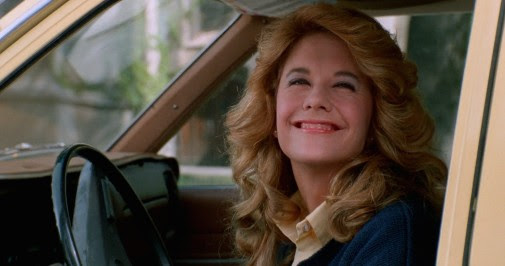
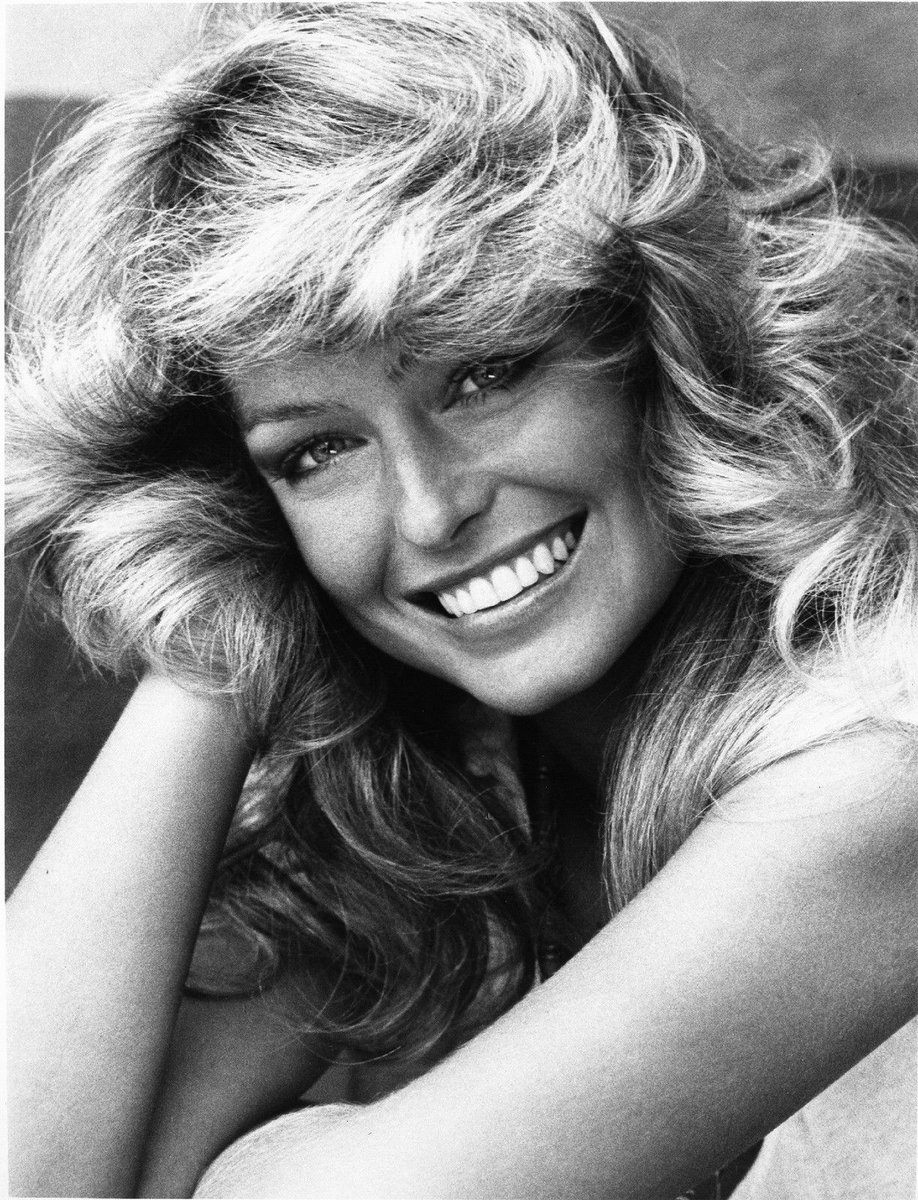
Much of the film was shot in Manhattan, and locations were chosen to show the character’s lack of awareness as they start to fall in love. Harry’s apartment overlooks the Empire State Building – a beautiful view, that he sees as highlighting his loneliness.
24/41


24/41
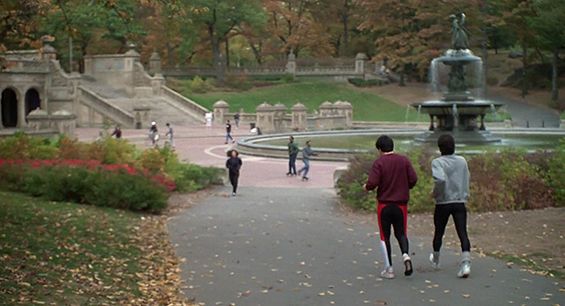
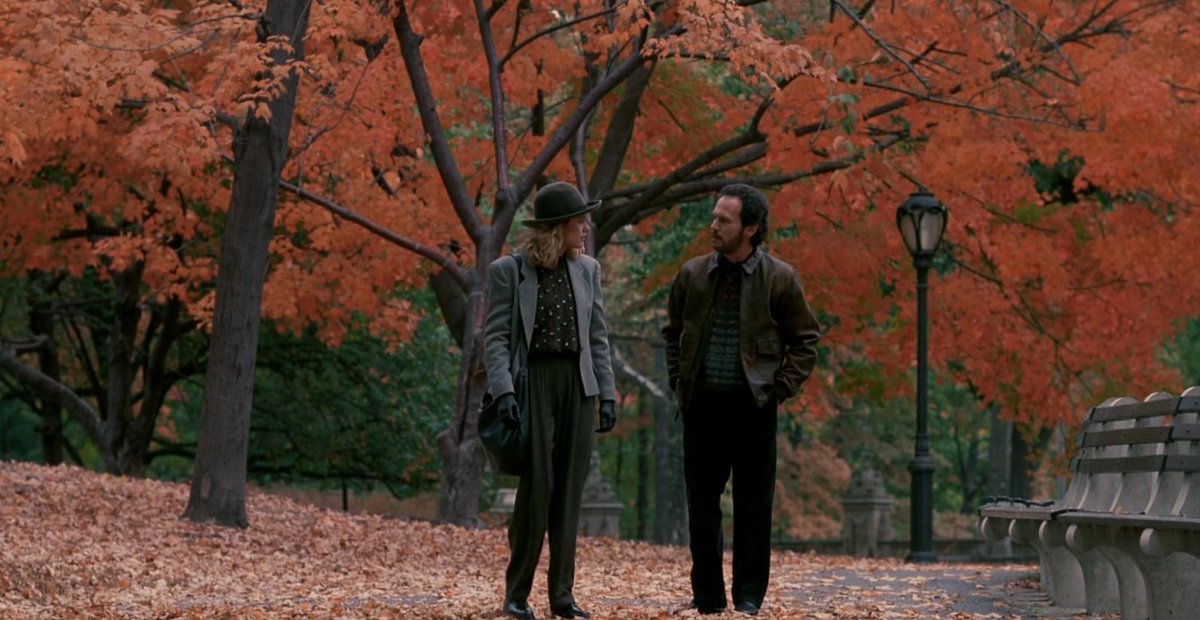
The interview segments we see of married couples telling the stories of how they met are based on real-life. Ephron interviewed real couples, wrote them into the script and had actors retell those stories.
25/41


25/41

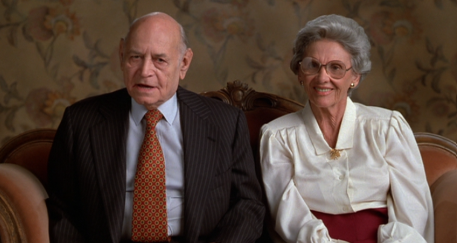
The scene where Sally runs into Harry was filmed in an independent bookstore called Shakespeare & Co. Ephron later said the setting inspired You’ve Got Mail (which she also wrote), a rom-com set around the rivalry between a sole New York bookstore and a large chain.
26/41


26/41
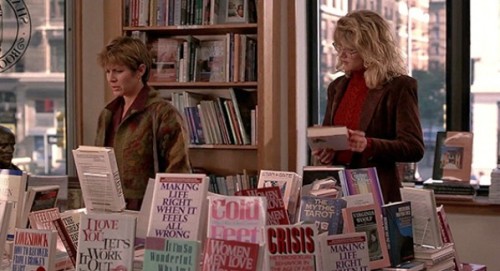
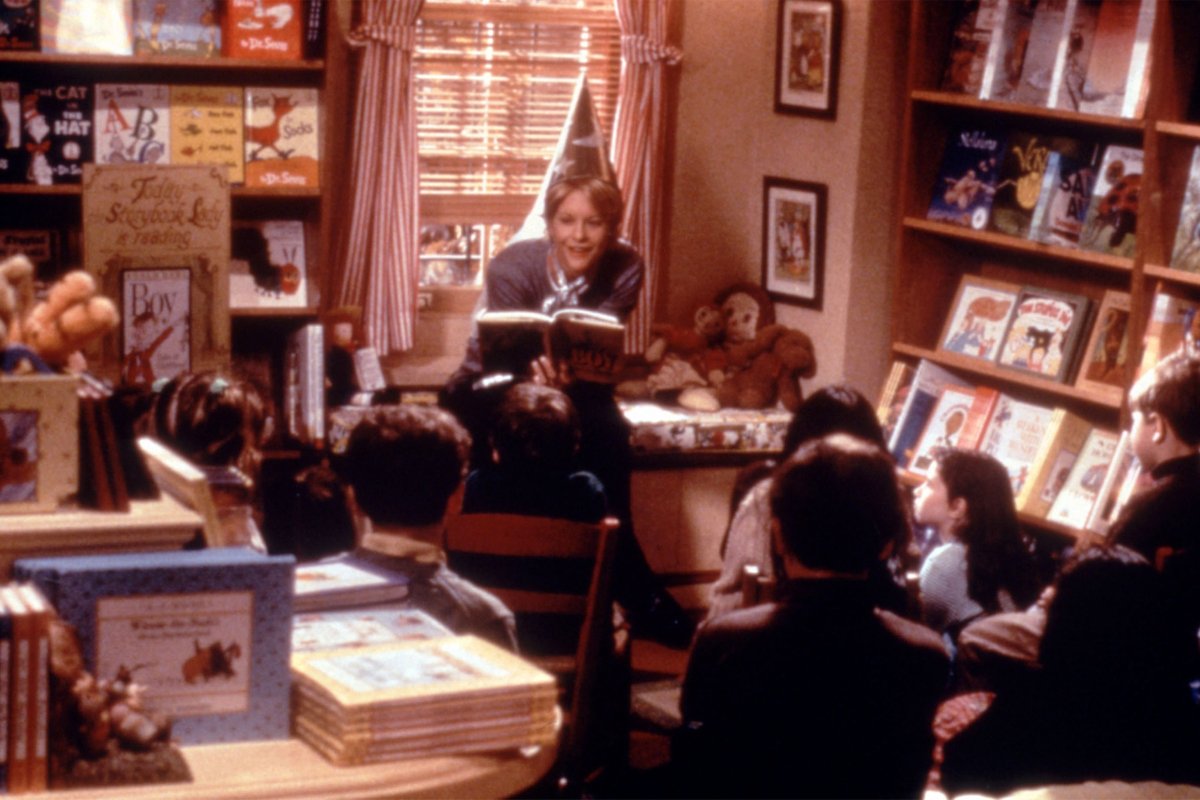
In the road trip scene, we see Harry eating grapes. This wasn’t in the script – Crystal came up with it during filming. Reiner recalled "Billy said, 'I can be spitting the seeds out the window.'” Reiner liked how it made Harry annoying to Sally, and approved it.
27/41
27/41
The film’s most famous scene is when Sally performs a fake orgasm in a restaurant. The script had the two characters just talking about it, until Meg Ryan said she should act it out, and that it should be in a restaurant. Reiner loved the idea.
28/41




28/41
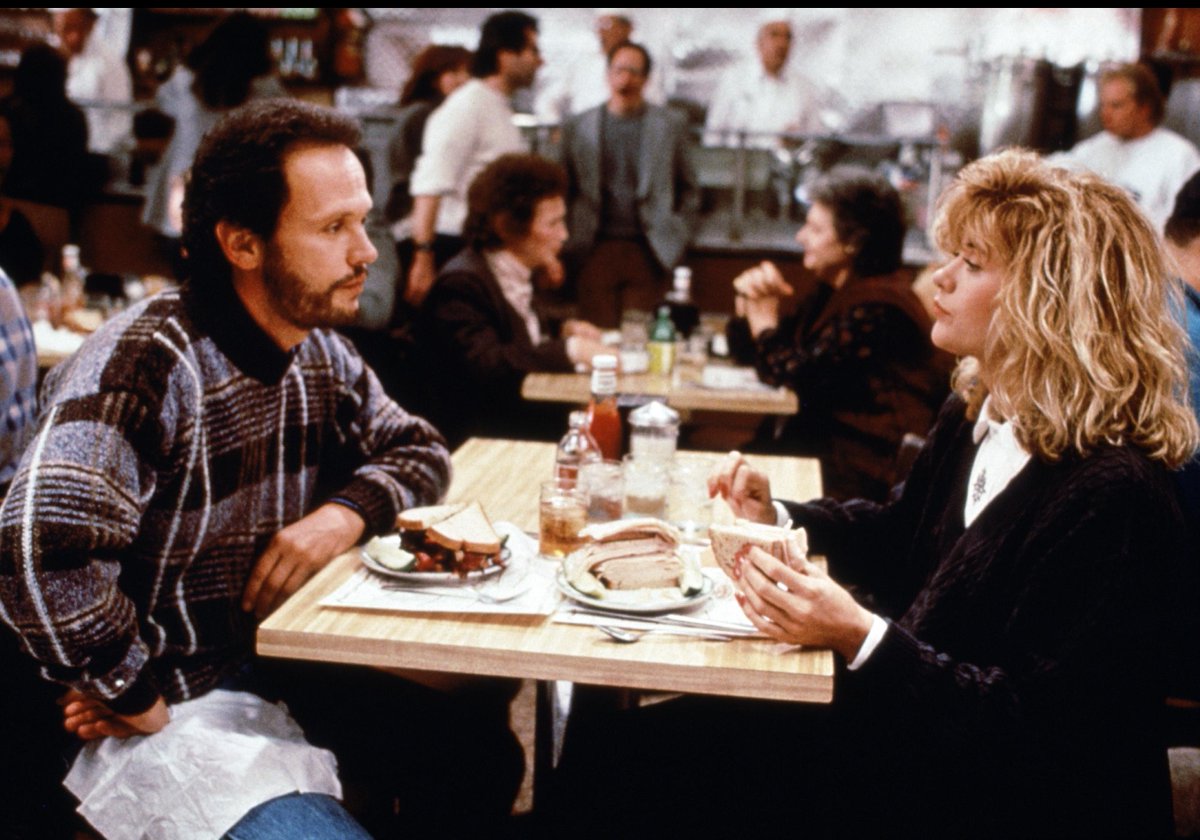
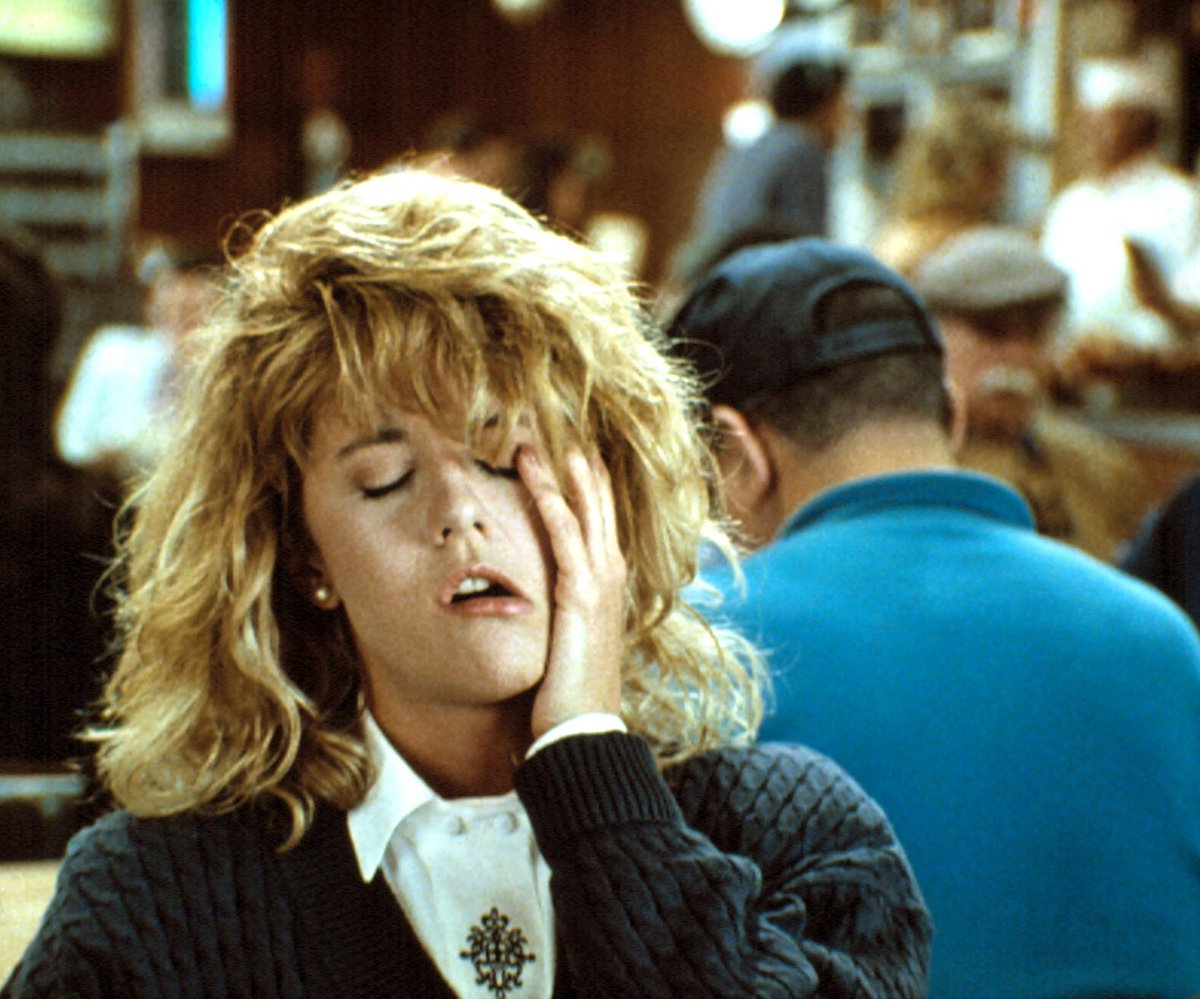
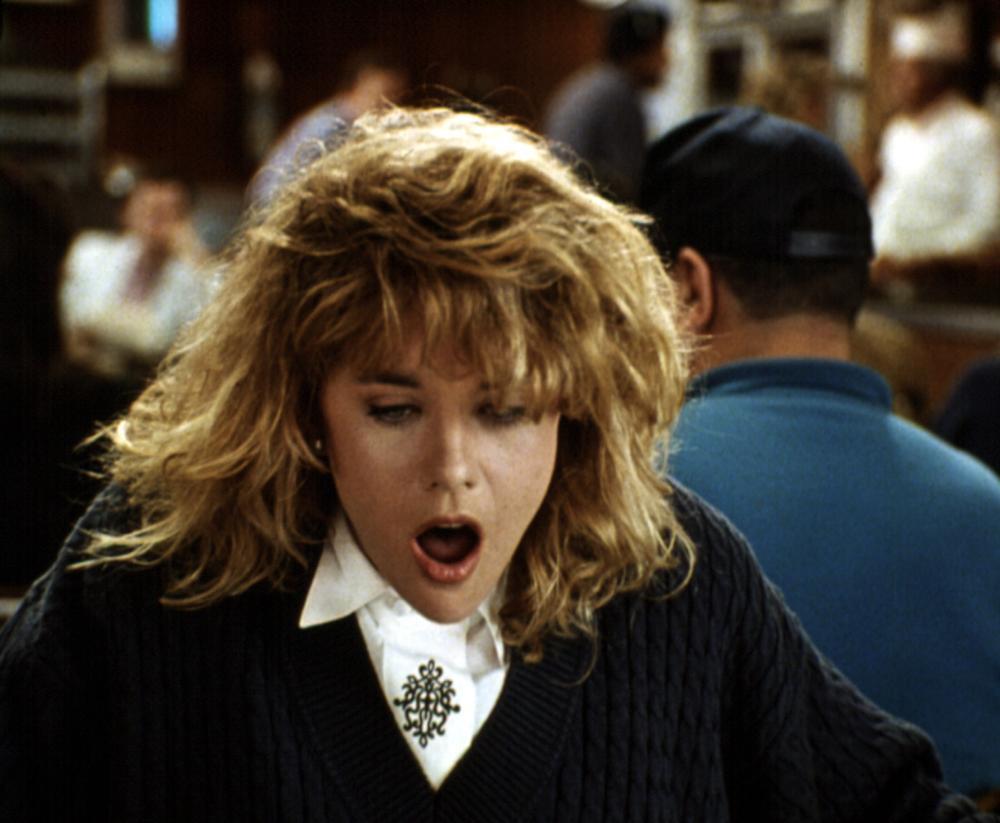
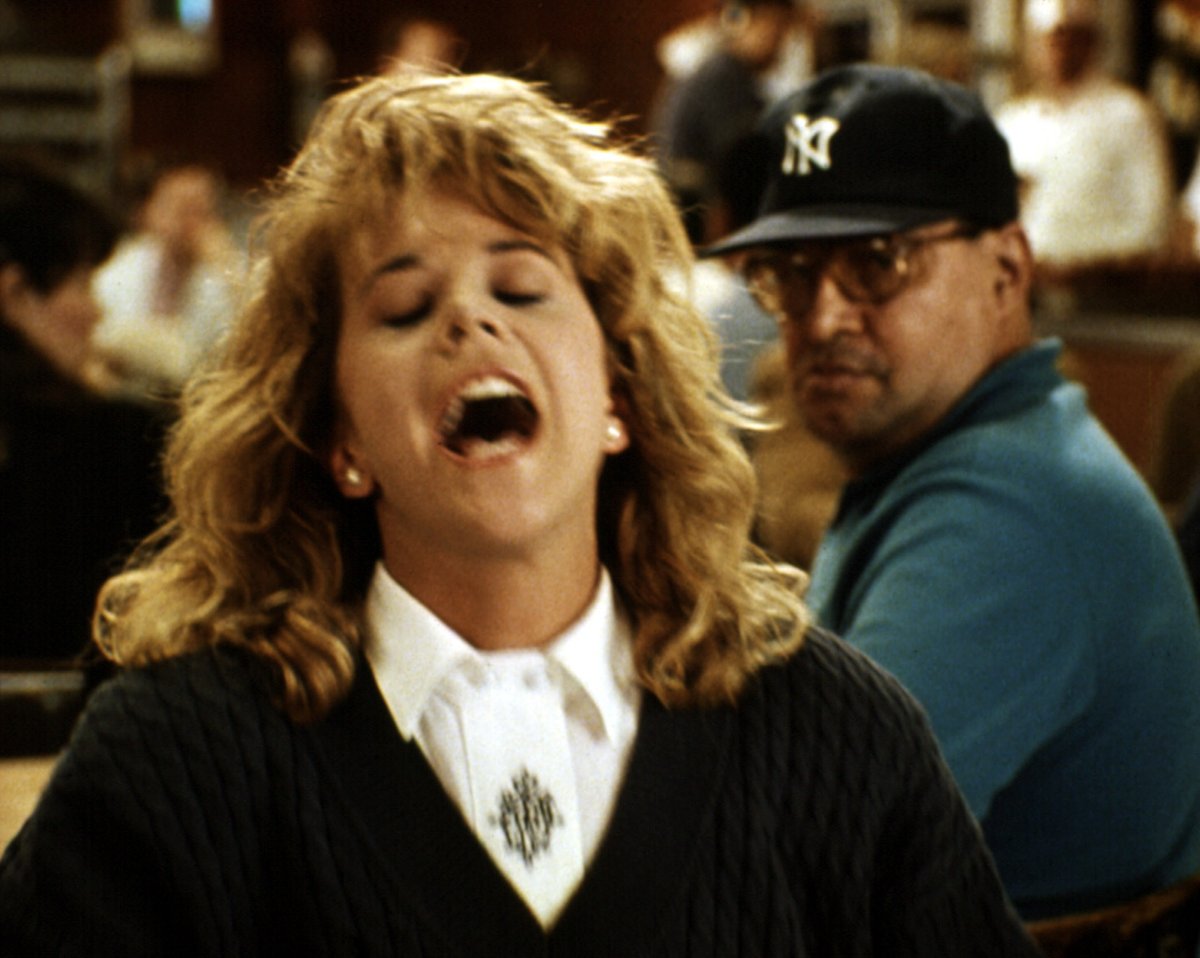
Apparently, Reinter demonstrated to Ryan exactly how he wanted her to play the scene by performing a fake orgasm himself in front of the cast and crew, which included his own mother. And the punchline “I’ll have what she’s having” came from Crystal.
29/41


29/41
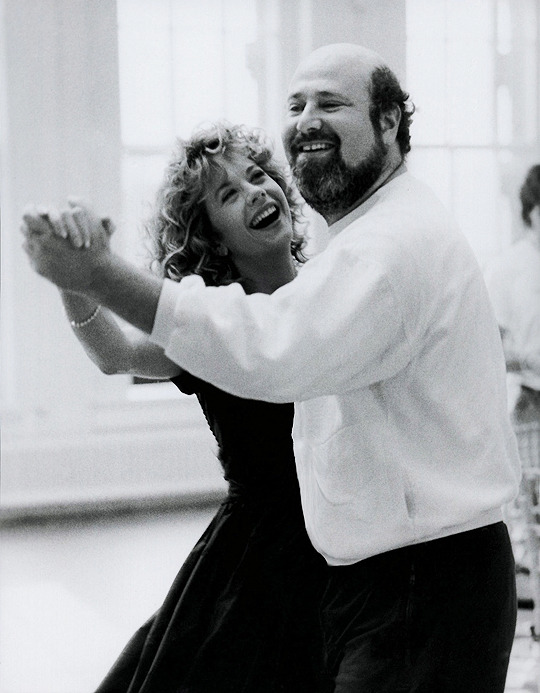
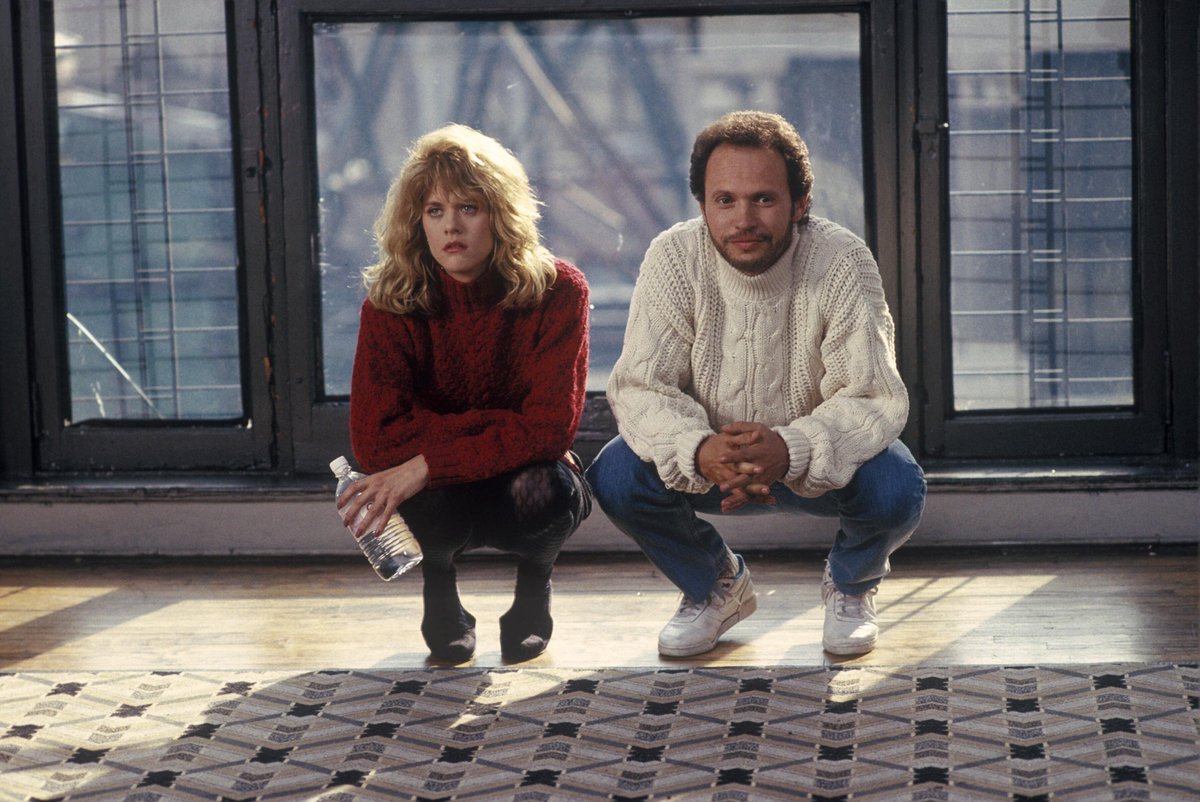
The scene was filmed at Katz's Delicatessen in New York. The restaurant is still there, and a plaque has been added to commemorate the filming of the moment.
30/41


30/41
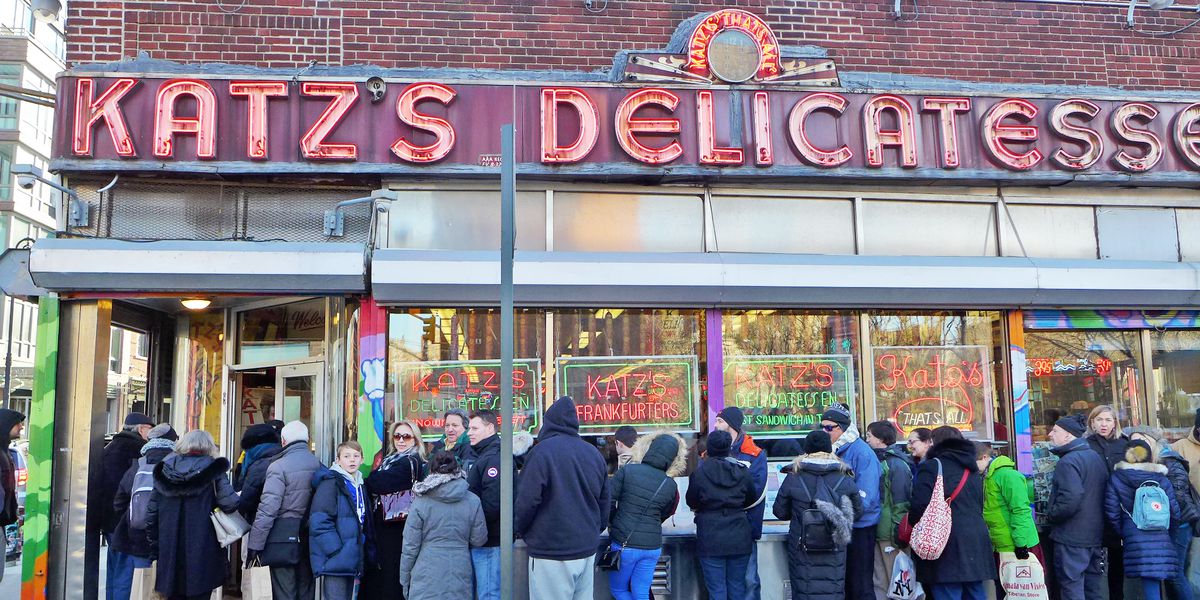
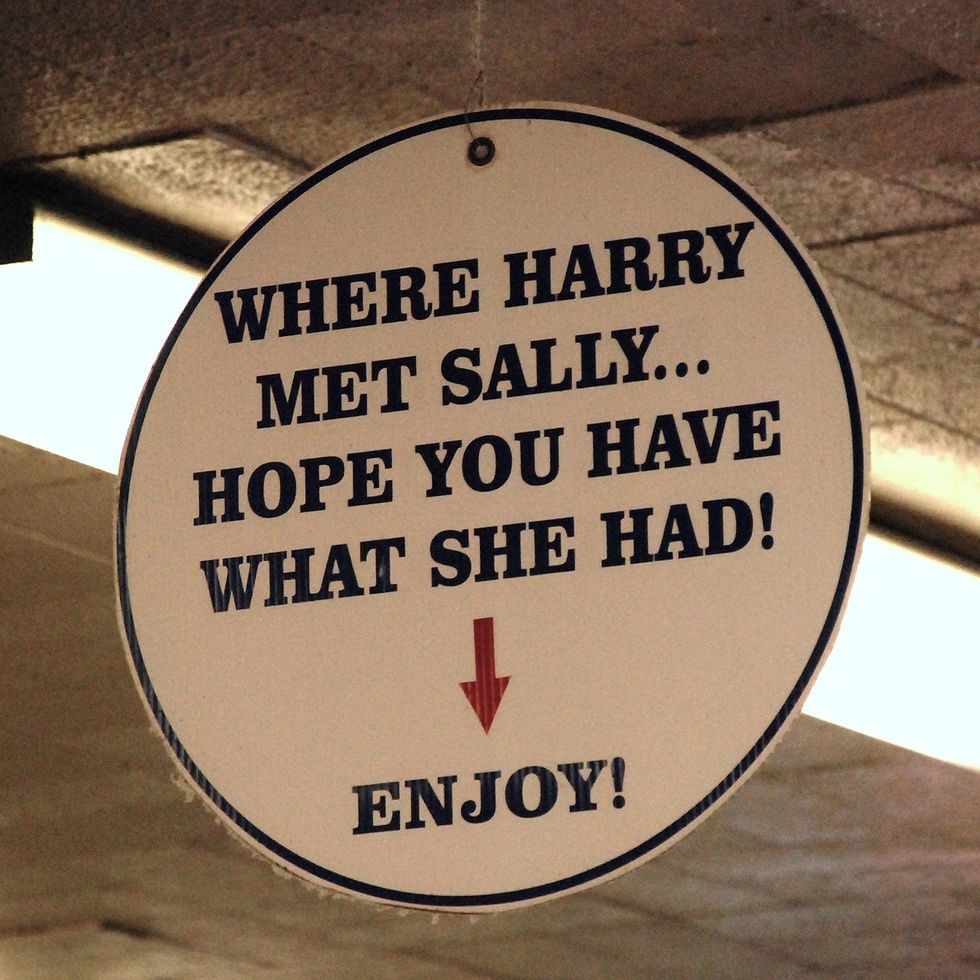
The football game sequence features real footage from a New York Giants game against the Detroit Lions, with the wide crowd shots taken from a Buffalo Bills game. Reiner also had a shot inserted of Giants legendary quarterback Phil Simms.
31/41


31/41

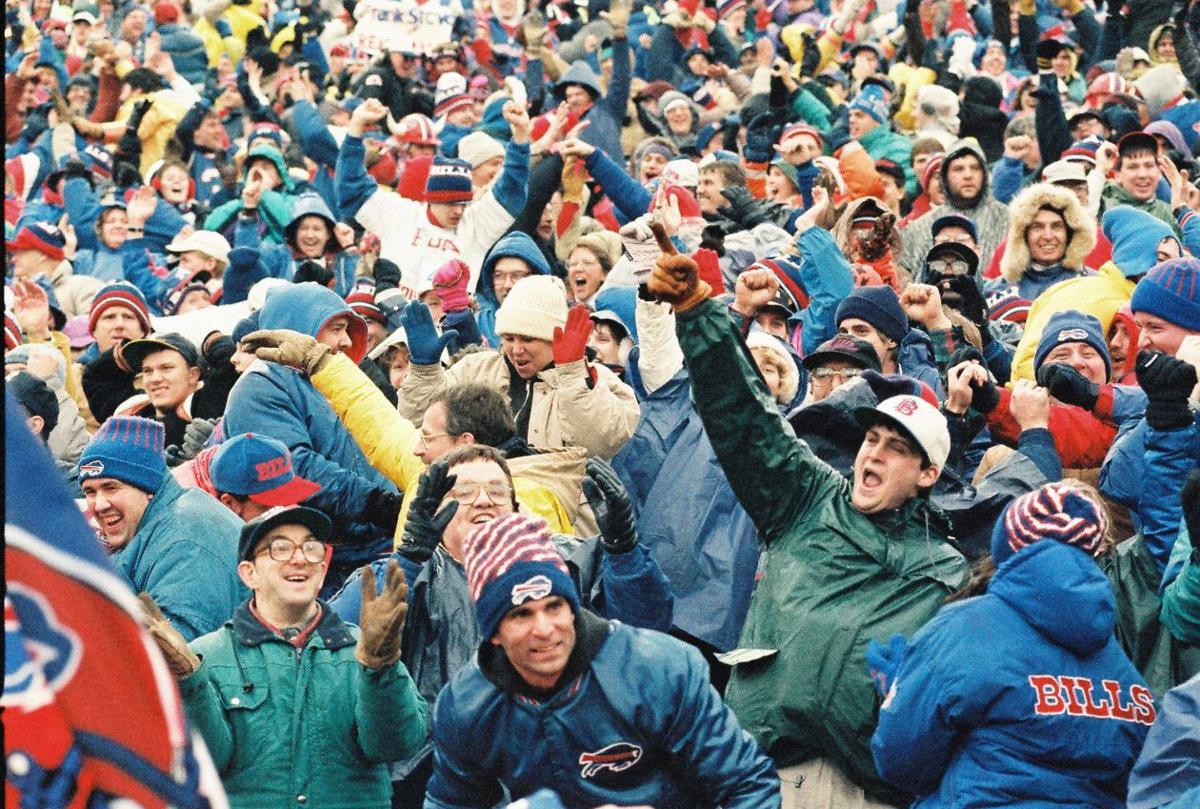
Another memorable moment is the Pictionary game. Reiner’s direction to Ryan before filming the scene was just two words: “baby talk.” The actress did the rest, and the rest of the cast improvised their responses, including Kirby’s “baby fishmouth.”
32/41

32/41
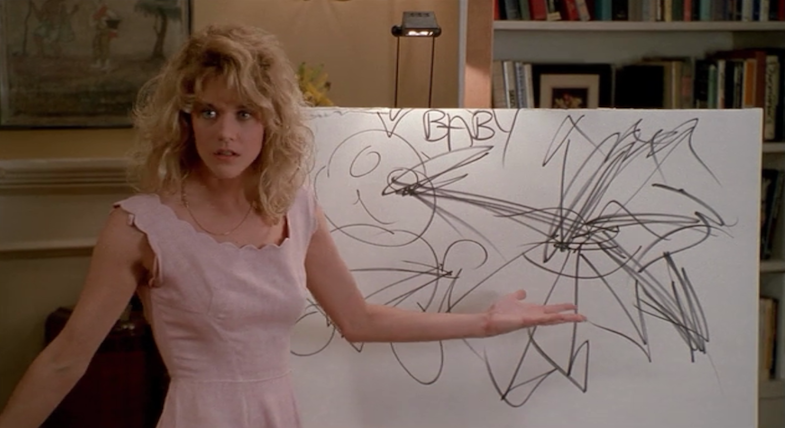
Reiner also had a subtle clue about his next film into the movie. At one point, we see Harry reading the thriller novel, Misery. Reiner’s next project would be to adapt Stephen King’s book. Then, in Misery, we see When Harry Met Sally on a shelf of videos.
33/41


33/41
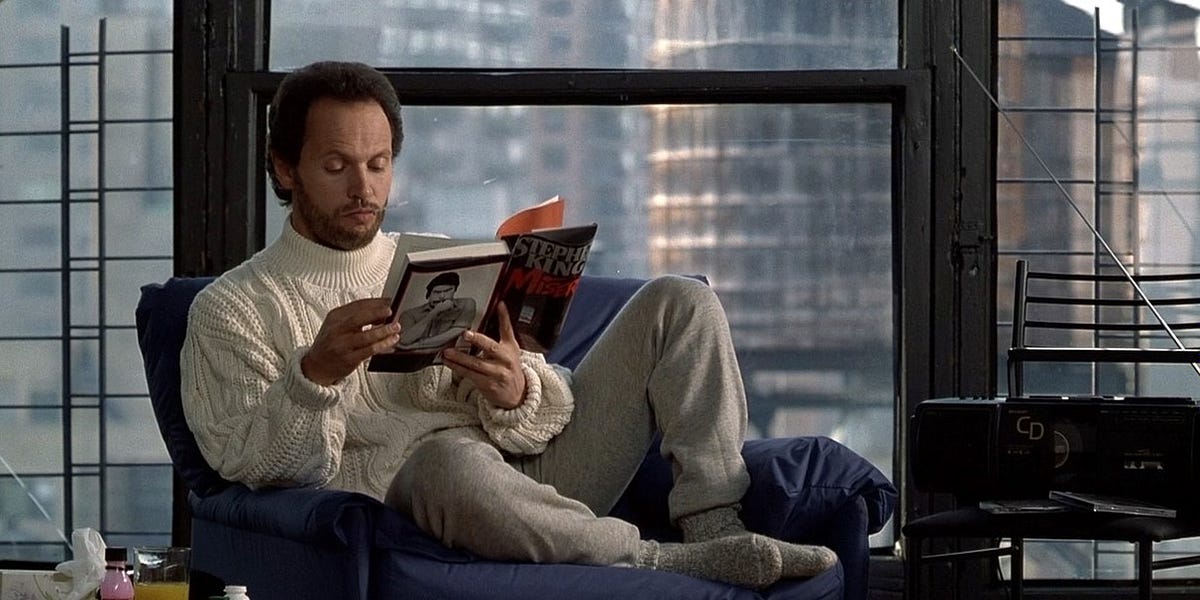
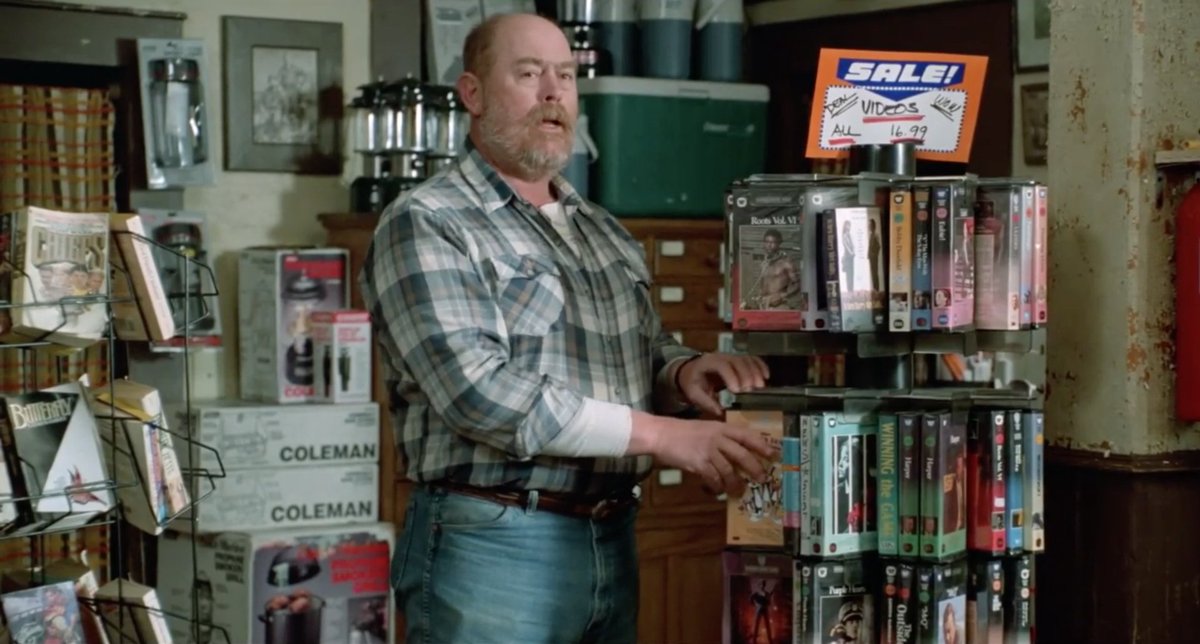
The scene where we see the four leads talking via telephone was inspired by 1950s rom-com, Pillow Talk. The actors were all filmed on three separate sets in real time, talking on the telephone for real. And it took a reported 61 takes before Reiner was happy with it.
34/41


34/41
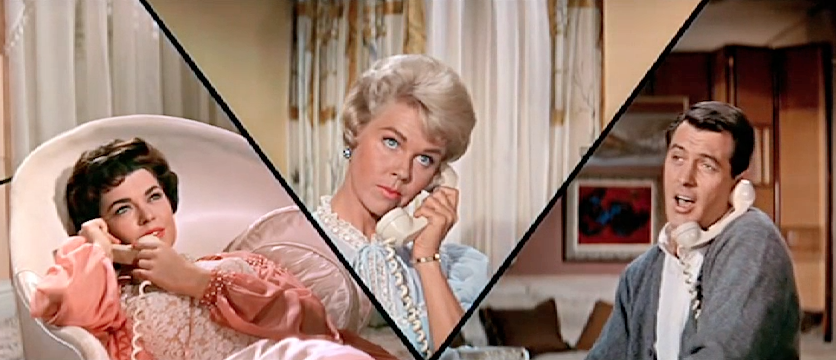
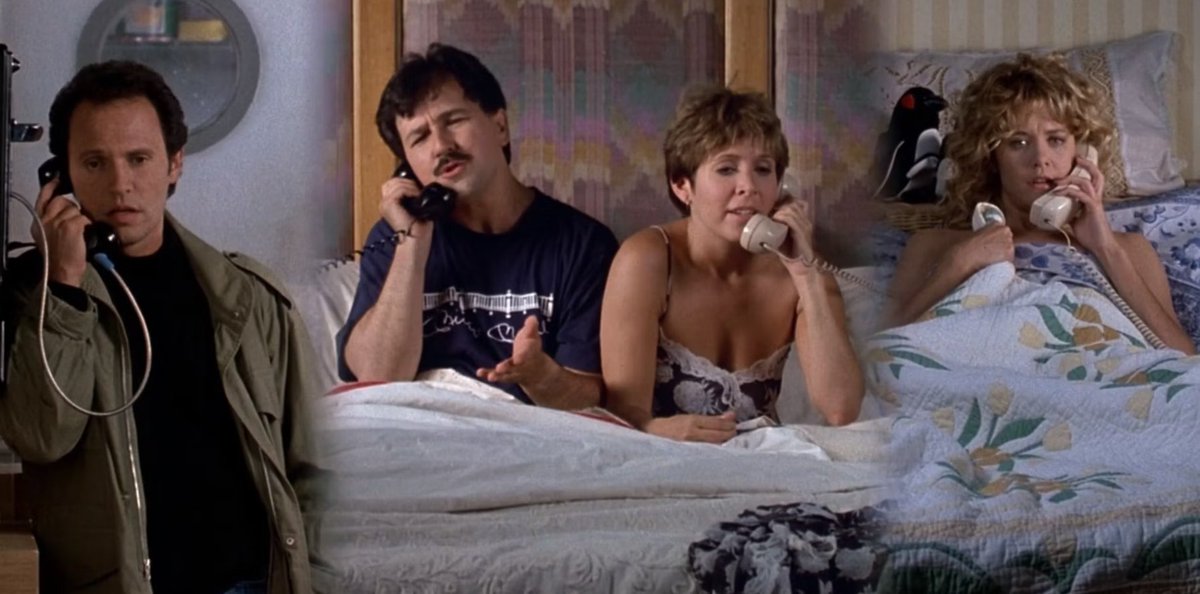
In the climactic scene, Harry runs through the streets of New York to see Sally on New Years Eve. This idea was taken from The Apartment, where Shirley MacLaine’s Fran Kubelik does the same thing, also on New Year’s Eve, to reach Jack Lemmon’s Bud Baxter.
35/41

35/41
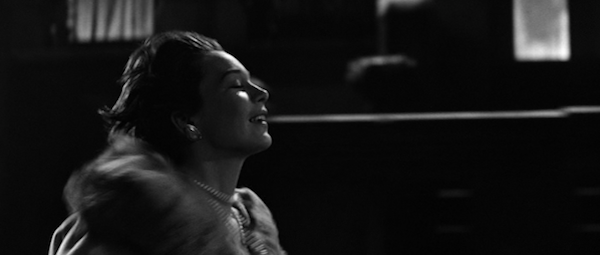
The New Years eve scene itself was largely ad-libbed by Crystal. He came up with the lines "I love the way your nose crinkles" and "When you realize you want to spend the rest of your life with somebody, you want the rest of your life to start as soon as possible."
36/41


36/41
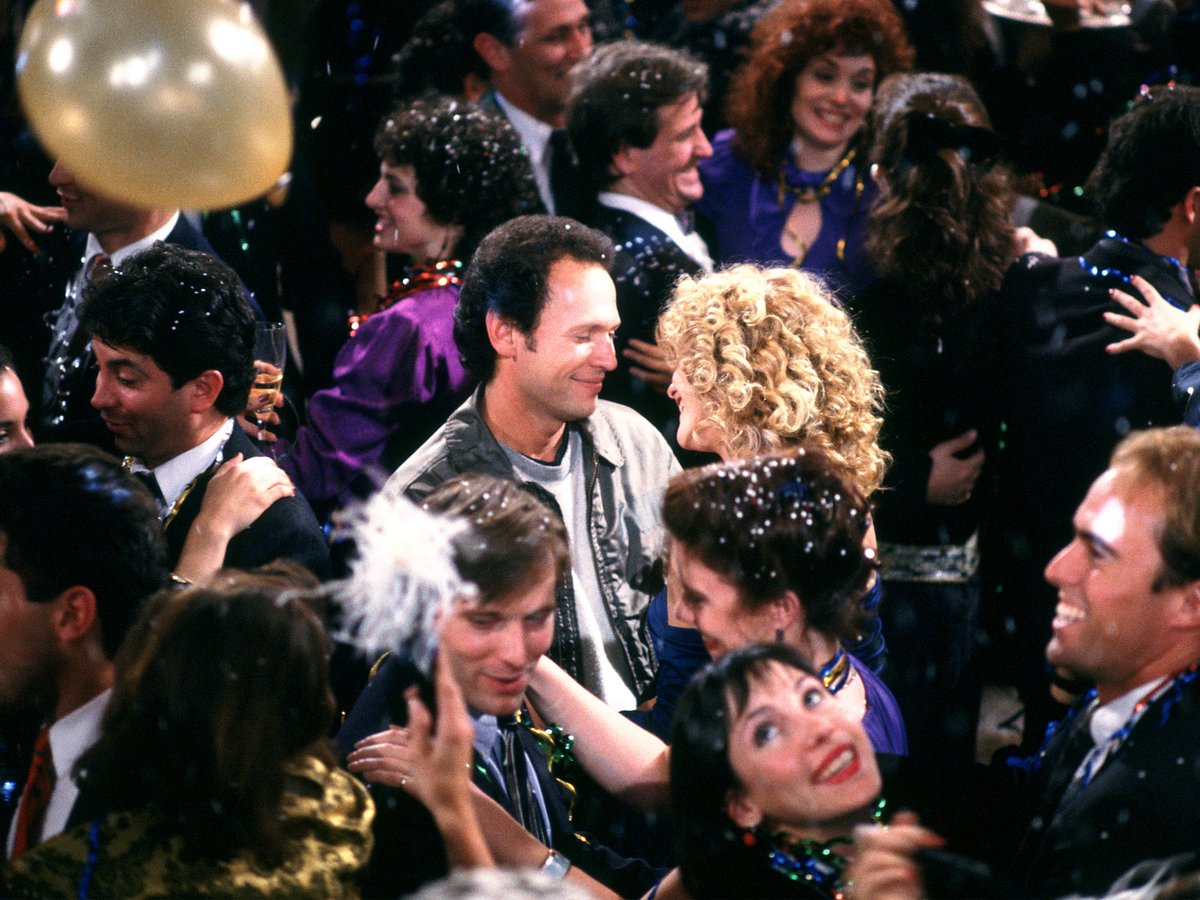
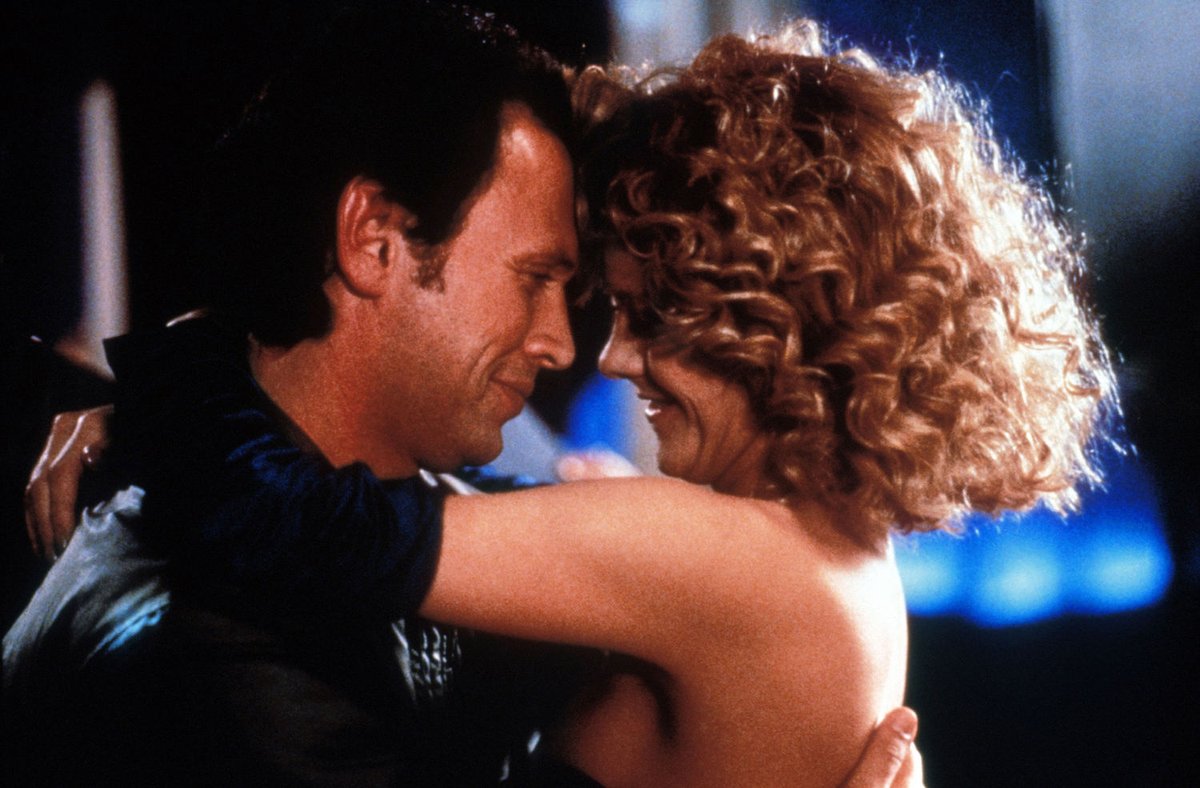
The film ends to when Harry and Sally are married, and doing their own interview. The scene was entirely improvised, but the actors still managed to drop in some character traits, like Sally’s pickiness over their wedding cake.
37/41


37/41
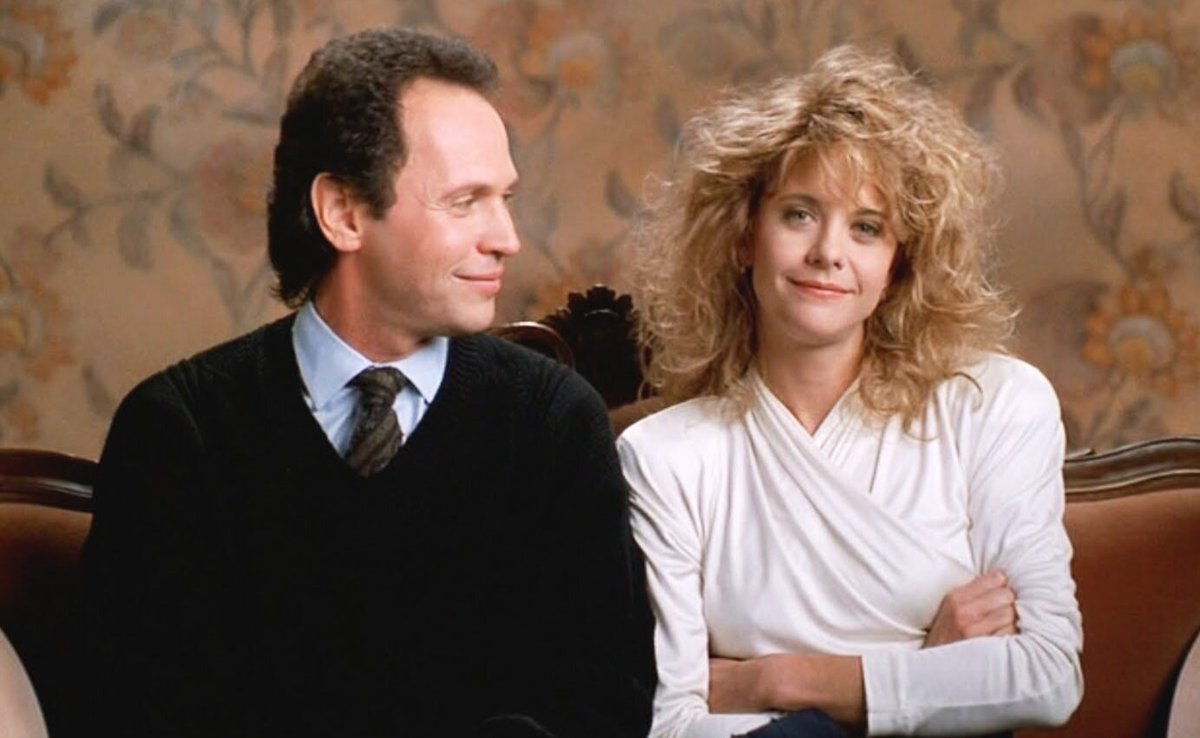
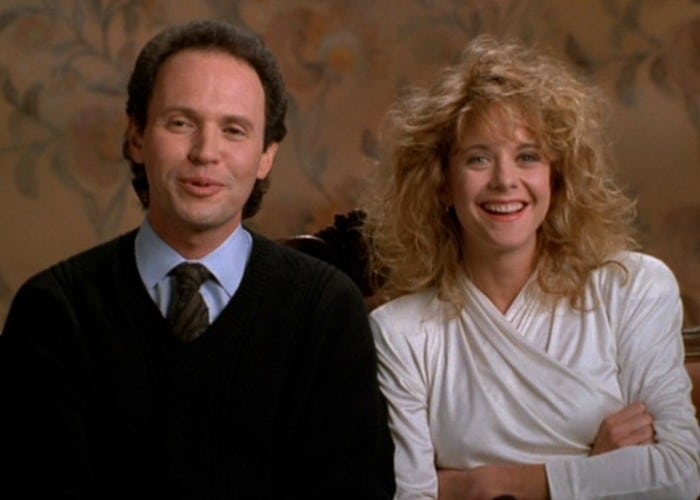
The London Premiere was attended by Princess Diana, and she met the cast afterwards. Reiner said he was nervous about the orgasm scene but Diana loved it, saying "I would be laughing a lot more, but I know that everybody's watching me."
38/41


38/41
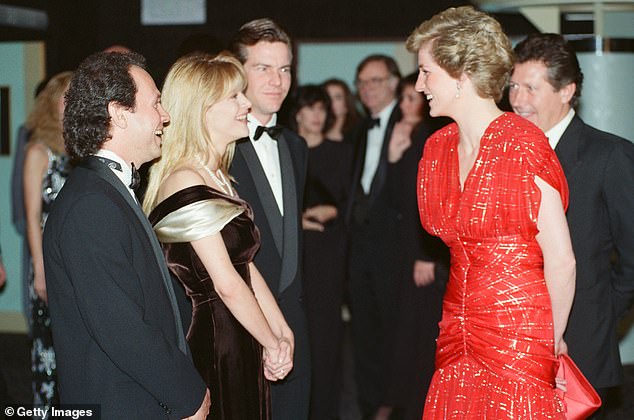
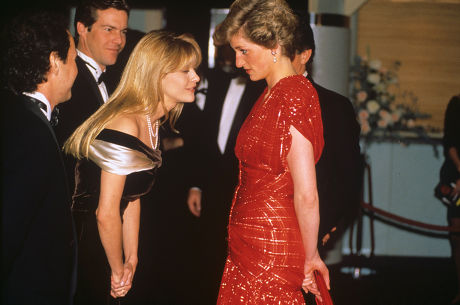
The film was made for a $16m production budget and, despite some unfavourable reviews on its release, was a big hit. Despite releasing at the same time as Batman and Indiana Jones and The Last Crusade, it made $93m worldwide and quickly became a rom-com classic.
39/41




39/41

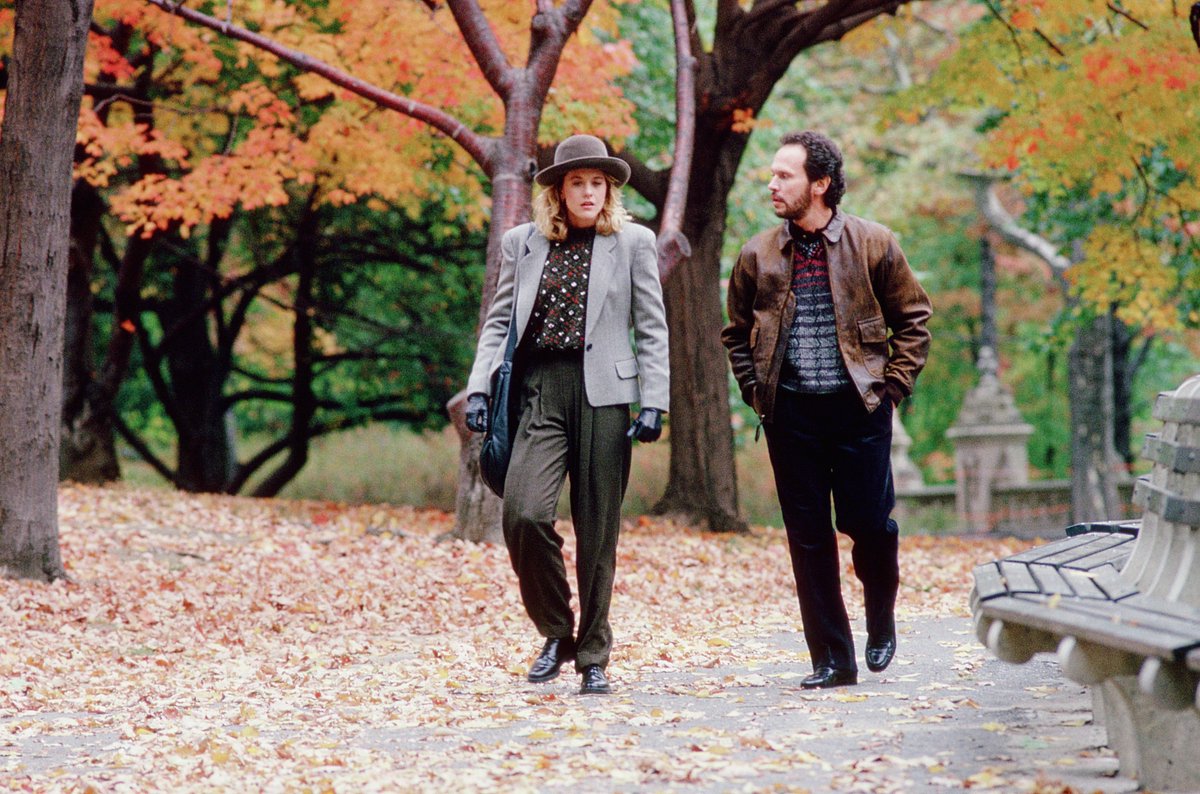
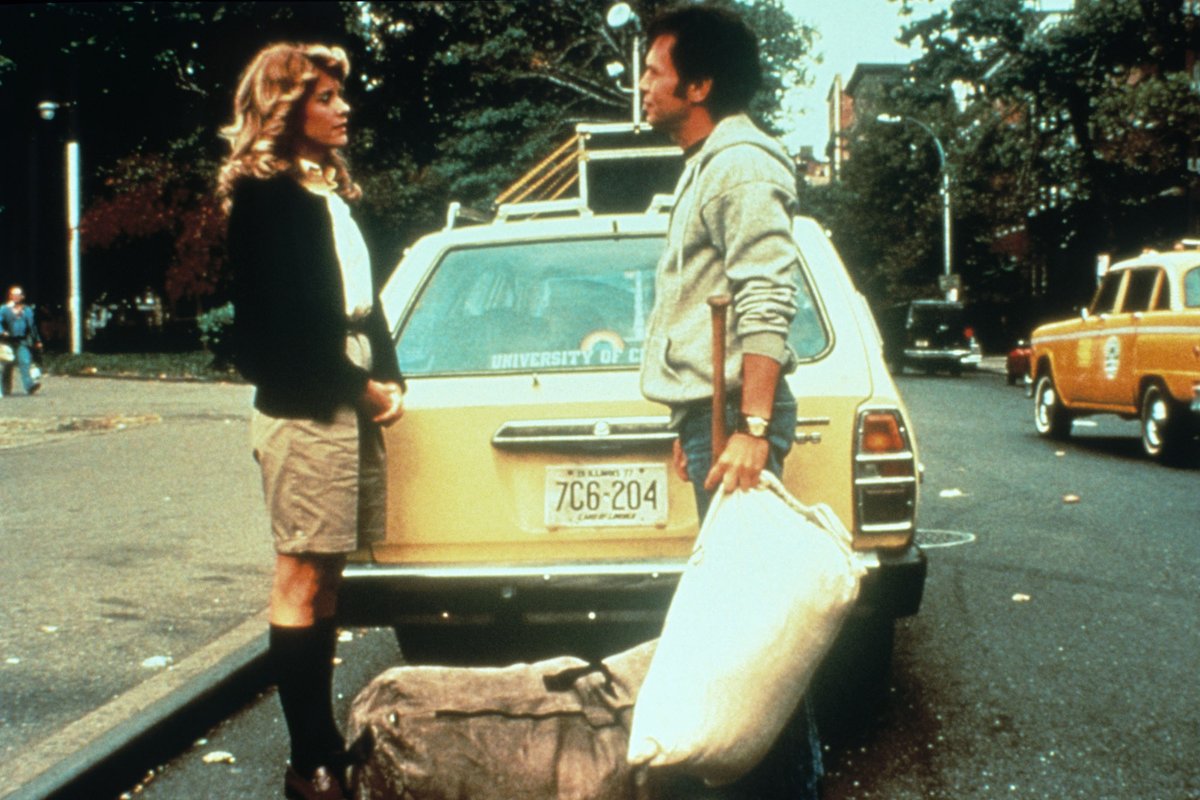
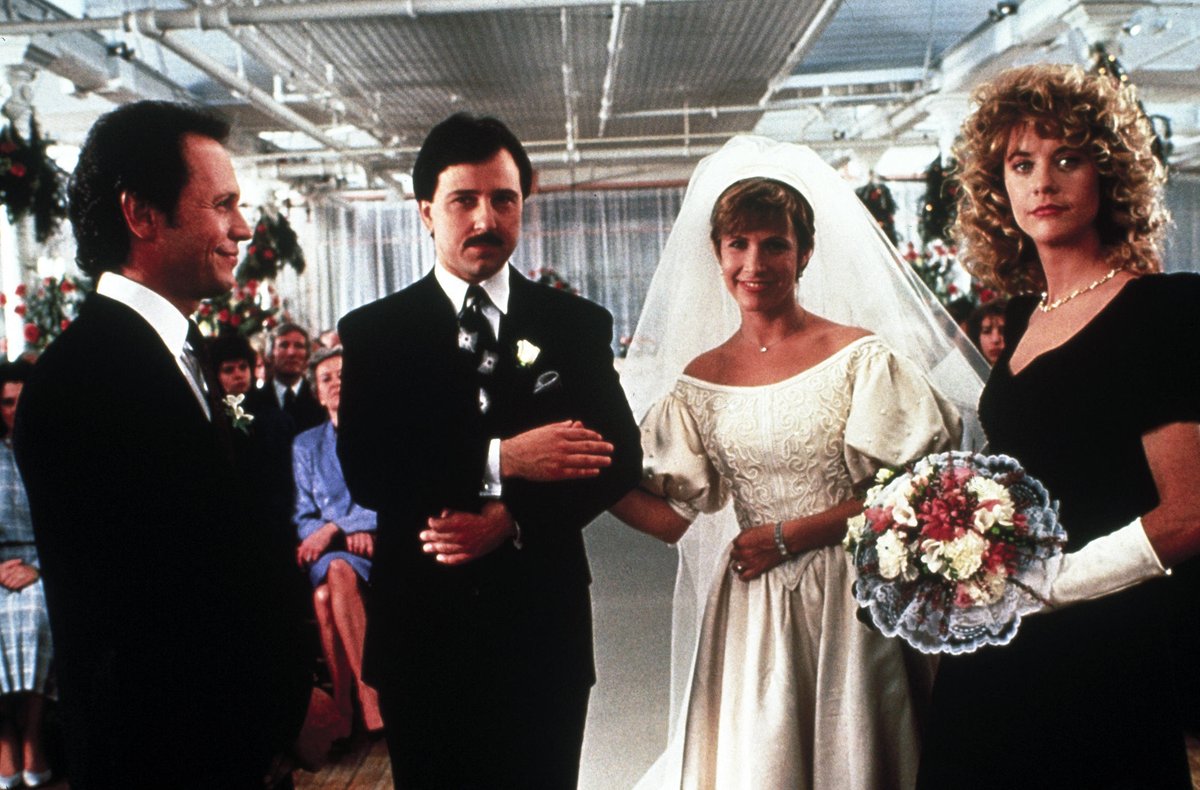
The studio wanted a sequel, but one never came. Reiner, Ephron and Crystal discussed ideas but said they kept coming up against the blocker: “Why?” Crystal later said the first film makes “you believe in happily ever after.”
40/41


40/41

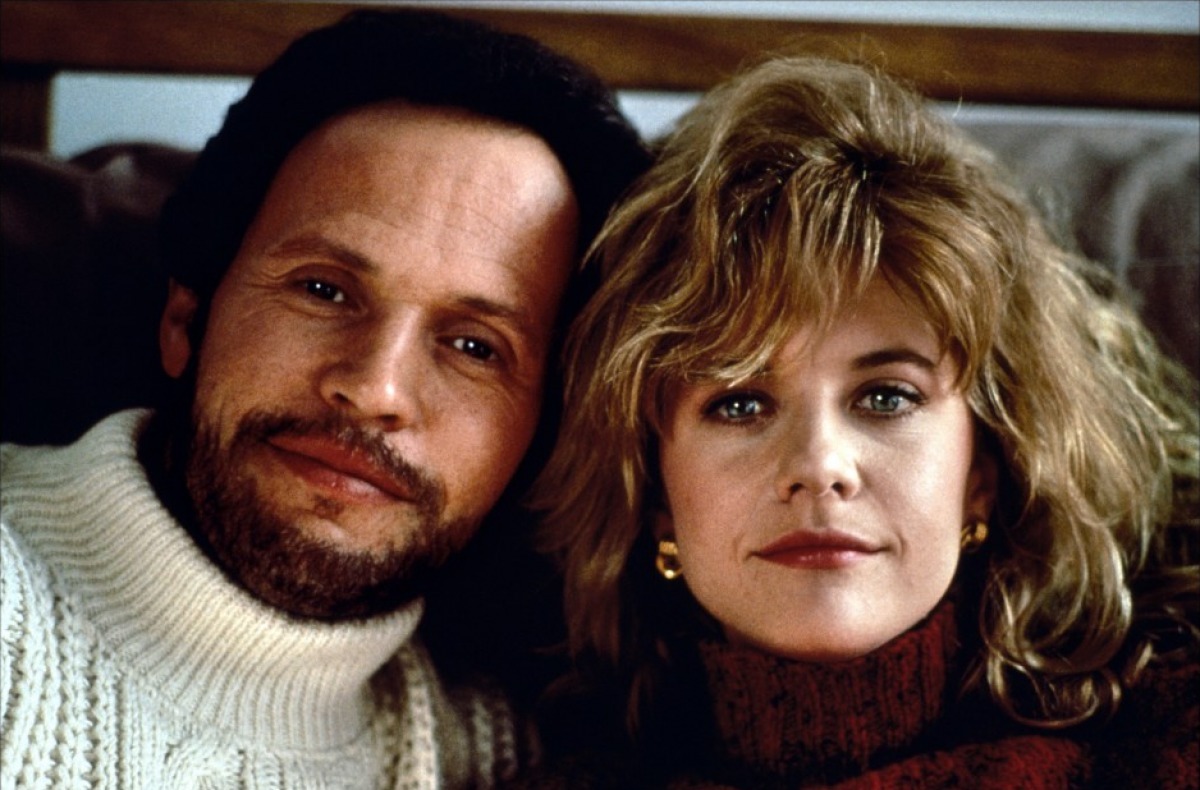
Finally… years later, Reiner would take about the initial screenings, when audiences were first exposed to the orgasm scene. He said “the same thing happened each time. The women in the audience laughed uproariously, while all the men were silent.”
41/41
41/41
If you liked our making of story of WHEN HARRY MET SALLY, please share the opening post 😃
https://x.com/ATRightMovies/status/1811695960738738290
Our latest podcast is on THE SOCIAL NETWORK. Full of big laughs and opinions so please give it a listen 😃
alltherightmovies.com/podcast/the-so…
alltherightmovies.com/podcast/the-so…
• • •
Missing some Tweet in this thread? You can try to
force a refresh






